Humanitarian journeys of refugees from Ukraine in Poland, Moldova, and Romania

July 2023


"I feel ashamed to ask for humanitarian aid."


July 2023


"I feel ashamed to ask for humanitarian aid."
Thank you to the Ukrainian community in Poland, Moldova, and Romania who took the time to speak to us and share your views.
This research was made possible thanks to Maryana Zaviyska, Tetiana Danyliv, Natalia Harasivka, and Taras Tymchuk from Open Space Works Cooperative
We are grateful to our partner organisations who supported with the engagement of interviewees. In Moldova: Primăria Municipiului Edineţ, NGO CASMED (Balti), NGO Stimul (Ocnita), Public Association DEMOS (Edinet), National Congress of Ukrainians of Moldova (Chișinău). In Romania: Heart of a Child Foundation (Galati). In Poland: Foundation Towards Dialogue (Warsaw), who also engaged Roma refugees from Ukraine and arranged a safe space for their participation.


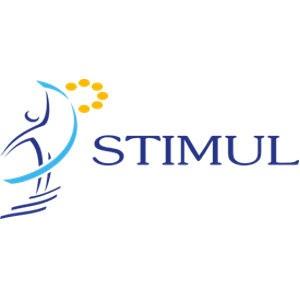
Additional information
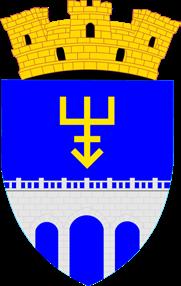
If you would like to hear more about our work in Poland, Moldova, and Romania, please contact anja@groundtruthsolutions.org and kai.kamei@groundtruthsolusolutions.org or visit our project page: Ground Truth Solutions
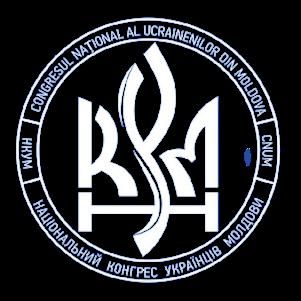
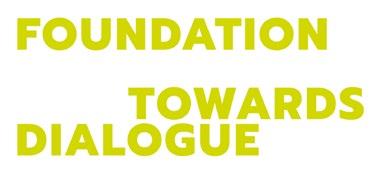
With funding from the Disasters Emergency Committee.

Since the full-scale military invasion of Ukraine by Russian forces in February 2022, countless lives have been lost and families torn apart. Almost 8.3 million refugees from Ukraine have fled across Europe1, almost 5 million registering for temporary protection and other national protection schemes, making this the fastest-growing refugee crisis in Europe since World War Two. Volunteers, community initiatives and the international community responded quickly to the influx of people into Ukraine’s neighbouring countries.
Ground Truth Solutions is supporting the Disasters Emergency Committee (DEC)’s member agencies and their partners to demonstrate their Core Humanitarian Standard commitments, to listen to Ukrainian voices in host countries, and improve programming by better understanding the perceptions, priorities, and feedback of displaced people.
We have conducted two rounds of quantitative and qualitative research with people in Ukraine and a social media survey as well as in-depth interviews with refugees from Ukraine in Poland, Moldova, and Romania. For this report, we interviewed persons with disabilities, people living with chronic illnesses, women with children, Roma community and young people. Based on these interviews we created nine personas2 to represent different groups of refugees from Ukraine:
In Poland:
• Svitlana: a 65-year-old woman with a disability, who is struggling with access to medical services in Rabka Zdroj;
• Maria: a 27-year-old Roma woman and mother of three, who lost her documents at the border when leaving Ukraine and now has limited access to aid in Warsaw;
• Yana: a 37-year-old mother of two, who is looking for child-care support in order to be able to find a job in Slupsk.
In Moldova:
• Natalia: a 29-year-old mother of three, who is struggling to ensure a safe environment for her children in Causeni;
• Petro: a 51-year-old man with a disability, who finds it difficult to access humanitarian and medical assistance in Balti;
• Olena: a 19-year-old student, who lacks an appropriate study space for her online learning in the refugee centre and is missing social opportunities in Edinet.
In Romania:
• Iryna: a 45-year-old woman with two children, who are suffering from psychological distress in Constanta;
• Ivan: a 55-year-old man with a disability, who moved to Romania with his wife and two children in Galati;
• Vasyl: an 18-year-old man, who has managed to gain a scholarship at a Romanian university in Dej.
Each ‘persona’ tells their own story of deciding to leave Ukraine, moving to another country, getting in touch with the host community, and accessing humanitarian assistance. Although each character is fictional, the stories presented are real and based on hours of interviews with refugees from Ukraine in these host countries. Read more about the methodology at the end of the report.
Note: In this report, the term "Refugees from Ukraine" refers to individuals who have been displaced from Ukraine due to the war, including Ukrainian nationals and their families, stateless persons, third-country nationals and their family members. It also includes permanent residents of Ukraine, who are unable to safely return to their home country and have obtained temporary protection in a country of the European Union (EU) or Moldova, as well as those staying in Moldova without temporary protection status. In this research, we have not interviewed any asylum seekers from Ukraine with refugee status in the EU or Moldova.
An exhausting journey to the host country, followed by poor conditions in overcrowded shelters
The refugees from Ukraine we spoke to describe the journey to Poland, Moldova, and Romania as both physically and emotionally draining. Most took a non-linear path, stopping along the way to decide whether to settle or continue their journey, based on their knowledge of accommodation, services, the job market and social connections in various locations. The journey was particularly difficult for those with children or dependants, standing in line for hours at the border, lacking clarity on their destination, and feeling guilty for leaving other family members behind.
The border crossing itself was often described as one of the most exhausting parts of the journey, many people telling us that they had to queue at the border for up to 12 hours. The overcrowding was especially difficult for pregnant women, women with young children, people with health conditions, and persons with disabilities.
The refugees from Ukraine we spoke to in Poland, Moldova and Romania were entitled to protection and social support under the European Union’s (EU) 2001 Temporary Protection Directive, reactivated in March 2023.3 People fleeing Ukraine have been afforded residency rights, access to the labour market, access to housing, social welfare assistance, and medical assistance.4 People mentioned receiving hot meals, shelter, hygiene items, SIM cards, power banks, train tickets, children’s toys, and bedding upon arrival. However, accessing humanitarian aid in host countries is challenging and people told us that their first experience with humanitarian assistance at the border was often extremely stressful due to long and exhausting journeys and a lack of comfortable temporary accommodation upon arrival.
While most felt welcome at the border, many described the shelter provided in locations such as a school gym, hotels, refugee centres or tents at the border as overcrowded with poor conditions. Many struggled with the meals provided at the shelters, which were often unsuitable for children or people with health conditions. People in Moldova also told us that they struggled to find alternative accommodation for themselves and their families due to discrimination against refugees from Ukraine. They mentioned landlords not wanting to rent their place to them.
The registration process for legal status was well organised according to those we spoke to in Poland, who greatly appreciated the volunteers and official representatives’ help. While there were challenges with language barriers and physical difficulties for those with limited mobility, people felt supported during the registration. Those we spoke to in Moldova mentioned that many refugees from Ukraine choose not to apply for special temporary protection status in Moldova as they did not feel it would be beneficial for them. However, they do mostly register at the local municipal administration upon arrival to be able to receive humanitarian aid.
The exception was persons with specific health needs, such as those who registered for a special visa for Ukrainian refugees in Moldova, so they could access healthcare services.
I was really stressed, I felt extreme shame and survivor guilt for leaving my family and my country. When we lived in Krakow, I had no energy to ask for humanitarian aid.
– Yana, Poland
It took us almost 24 hours to get to Causeni because Ukrainian borders were overcrowded with people trying to leave the country.
– Natalia, Moldova
We spent almost 24 hours crossing the border in March 2022.
– Iryna, Romania
Volunteers took us to a shelter at a school gym to eat and stay for a night. There were a lot of people in that shelter; my sister-inlaw’s kid caught severe flu there.
– Svitlana, Poland
It was quite difficult to find accommodation in Causeni; I searched for two months. Some landlords specifically did not want to rent an apartment to Ukrainian refugees.
– Natalia, MoldovaThe food in that camp was extremely spicy. I was offered child formula and fruit puree for my daughter. I usually cooked semolina porridge with milk for my daughter and other people shared food to feed her as well, since dinners from the camp kitchen were too spicy.
–
Svitlana, PolandUkrainians can apply for a residence permit in Moldova, but we did not do it since we plan to return to Ukraine as soon as possible. We registered at the Causeni city administration with our passports just to inform them we arrived.
– Natalia, MoldovaPeople we spoke to in Romania mentioned that while the process of registering for a temporary protection visa is simple and organised, for many the challenge was getting to the place of registration.
For those who are not residing in the capital or big cities, they are in many cases required to travel to a nearer big city to register which is time consuming and stressful.
The refugees from Ukraine we spoke to mainly obtained information about humanitarian assistance through personal contacts, from other refugees in accommodation centres or during registration, from host community volunteers, or unofficial sources such as social media groups. They would prefer to access information via official channels, which they perceive as timelier and more accurate. It is not easy to find information about assistance. The type of information that people wanted included how to register for aid, the targeting criteria, and what additional support is available in the community. Refugees were often not sure for how long aid would be provided and had not received advance notification of changes to its amount or frequency. This makes planning for household needs difficult.
Older people and less literate people found it extremely challenging to obtain relevant information about aid, especially due to language barriers.
People we spoke to in Poland all had positive experiences with the assistance they had received. They felt grateful, but at times ashamed as they used to be more self-reliant. The process of applying for humanitarian aid was often described as complicated and disjointed. They sometimes must travel to larger cities and wait in long lines to apply for cash assistance. For people with mobility limitations and women with small children, this is difficult.
Refugees from Ukraine mention language barriers as an impediment to accessing health care in Poland, and some cited bad treatment of refugees and discrimination against Roma. People we spoke to said that with time, humanitarian aid has become less available in Poland, and many groups of refugees are now required to pay for their accommodation.
Those we spoke to in Moldova said that the application process was clear to them, but they faced similar challenges, having to travel to receive aid or feeling ashamed for accepting it. Some felt the food packages received were too small and of poor quality.
In Romania, those we spoke to encountered challenges both while applying for and receiving humanitarian assistance. Due to the high number of applications, some felt the application time window for cash assistance was too short and they were not able to apply. Everyone we spoke to in Romania mentioned difficulties with access to medical services and medicine, limited rehabilitation services for adults with disabilities, and challenges finding information about available medical services for serious health issues. It is not always possible to book a doctor’s visit, especially if a Ukrainian- or Russian-speaking doctor is needed, as they are overbooked. Language is a barrier to receiving medical help.
The refugees from Ukraine in Poland, Moldova, and Romania told us that they rarely provide feedback to humanitarian organisations about the assistance they receive. Older people and less literate people we spoke with were generally unaware of how to do so.
I think there is a lack of information; I wish I knew more about humanitarian aid and had updates on refugee policies in Poland. I heard of some humanitarian cash assistance from the UN, but I cannot manage to apply. I do not know where to find information about these cash assistance in Rabka; there are very few people who understand the Ukrainian language here.
– Svitlana, Poland
Application processes are quite complicated; it is easy to miss the deadlines – this has happened to me several times. I hear about humanitarian cash assistance from other people, but cannot find about it myself on the internet.
– Yana, Poland
When we had just arrived in Poland at the main humanitarian centre [in Nadarzyn –interviewer’s note], my sister and I were not given children’s food for some reason. I saw a lot of child formula and diapers in boxes, but we were not provided with it. When I asked why, they said they do not have enough formula for us. Roma people are treated badly in that centre.
– Maria, Poland
There is not enough humanitarian aid for everyone who needs it. It is especially upsetting when you stand in a huge line and get rejected at the end, but I understand it’s no one’s fault really.
– Natalia, Moldova
The registration link for these vouchers was active for a very short period of time because a lot of people were interested.
– Iryna, Romania
I tried to report a conflict I had with a humanitarian representative. I reached their hotline, but the phone was answered by the same person with whom I had the conflict. I had to report it using the hotline, but nothing was done.
– Natalia, Moldova
7
People who do know how to provide feedback said the feedback mechanisms they know of – mainly hotlines – do not work well. In small communities, the same people who distribute aid also manage the hotlines, which makes people afraid that if they provide negative feedback, providers will terminate their assistance.
Another barrier is that people never hear back when they do provide feedback, so they neither trust the mechanisms, nor those in charge of them.
Refugees in all three countries told us they did not know how humanitarian aid providers work, what aid is available, or how it is distributed. People said they wanted to know if aid was distributed fairly and therefore would appreciate understanding why some people receive aid, while other do not.
In Romania, people mentioned that although they find the 50/20 government programme5 useful as it provides free accommodation and some food, they sometimes observe a lack of transparency. They told us that landlords who host refugees from Ukraine are obliged to provide meals for them or give each person 20 leu6 per day.
The people we interviewed were generally extremely grateful to their host communities, but they have feelings of shame too. For most, this was their first experience with humanitarian assistance. Before the full-scale invasion, many had decent jobs and comfortable living conditions. Now they are hesitant to ask for help.
People also told us that they tried to redistribute aid if they did not need it, either among other refugees in the community, or in the case of Moldova also with vulnerable members of host communities. Moldova is one of the poorest countries in Europe.7 When refugees from Ukraine cannot access humanitarian assistance and local people lack support, this creates tensions. In Romania, people we spoke to reported conflicts with their landlords because the compensation for accommodation within the 50/20 programme is often delayed. In Moldova, they feel discriminated against by locals who deny them rental accommodation. People told us that the Russian invasion is making host communities in Moldova more economically vulnerable.
There is not enough food for people, and we cannot complain about this situation.
– Maria, Poland, about the situation in collective accommodation centres for Ukrainian refugees
Humanitarian aid providers should monitor the recipients better by registering them in some database – this would help to ensure the humanitarian aid is distributed evenly between people.
– Yana, Poland
When I lived in Ukraine, I had my pension and this was enough for me to live a decent life. Here, I feel ashamed that I have to ask for humanitarian aid.
– Petro, MoldovaI feel bad for having to ask for humanitarian aid. I have never had to do this before.
– Natalia, MoldovaI was hesitant to ask for it [aid] and felt like others could need it more.
– Yana, Poland
5 20 Leu is equivalent to 1 EUR, on the date of writing this report.
Dopomoha. 2023. “The new 50/20 program”
6 World Bank. April 2023. "Moldova Overview: Development news, research, data"
Many of these recommendations have come directly from the people interviewed. Others are based on our analysis.
Improve access to information
• Make sure all the information relevant to refugees from Ukraine can be accessed in a central place, such as an official website. Keep the information up to date and provide it in the relevant languages.
• Use multiple channels for sharing information about humanitarian assistance and the situation of refugees in their host countries. The appropriate channels should be chosen in consultation with representatives of the diverse groups of refugees from Ukraine to ensure they are accessible and trusted.
• Provide comprehensive information about humanitarian aid on leaflets or informational boards with registration and application instructions for older persons, other refugees from Ukraine that are less digitally literate, and those who cannot access information online or via social media.
• Provide comprehensive information on medical services, especially for persons with disabilities or chronic illnesses, and develop information about navigating medical systems in host countries.
Address language barriers
• Support programmes and initiatives that help refugees from Ukraine to learn the local language. This will help them access services, such as medical services, and will support them in entering the job market.
• Help refugees from Ukraine to find people speaking the local language to help them in accessing information, accessing health services and handling bureaucratic hurdles.
Establish continuous dialogue
• Design feedback mechanisms together with representatives of the diverse groups of refugees from Ukraine. These should include diverse channels that are accessible to people.
• Build trust by responding to feedback and demonstrating how refugees’ feedback is listened to.
• Make sure feedback mechanisms are adequately staffed and calls are responded to.
• Clearly communicate about the right of refugees from Ukraine to share their candid feedback and how this can help to improve the support provided to them.
• Organise aid provision in ways that avoid queuing for vulnerable groups – persons with disabilities, older persons, women and families with small children – or consider giving priority to these people at distribution lines.
• Decentralise humanitarian aid, making it available locally and closer to small cities so that regular travel to larger locations is not required.
Address tensions between host communities and refugees from Ukraine
• Ensure both refugees and host communities are supported by improving area-based programming and coordination, in partnership with local authorities.
• Support co-designed projects that aim to promote exchange between refugees from Ukraine and local host communities.
I think it would be good to have a website where all information about humanitarian aid is available.
– Iryna, Romania
To receive cash assistance I had to come personally, which was not possible for me due to my illness. There is humanitarian aid available in Krakow, Gdansk; however, it is too far for me to go there.
– Svitlana, Poland
I think refugees living in smaller cities in Romania should have more humanitarian aid. Most humanitarian aid is available in bigger cities only.
– Vasyl, Romania
11
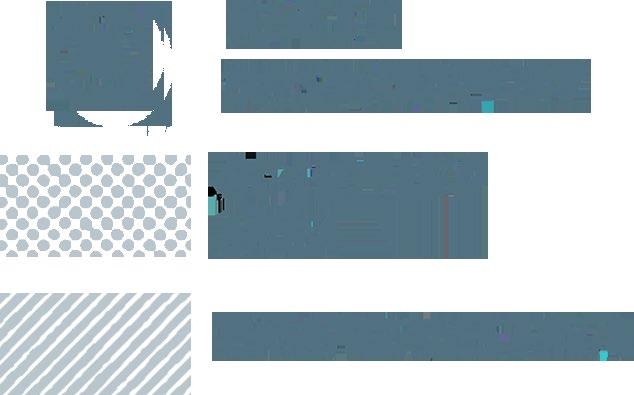
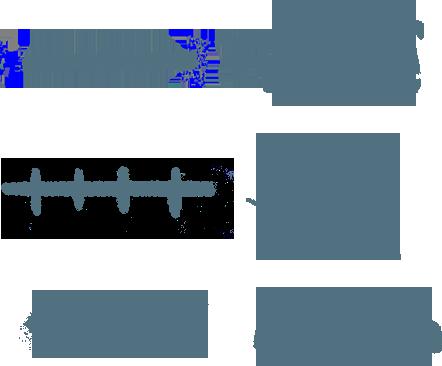
Poland has welcomed more refugees from Ukraine than any other European country since the start of Russia’s invasion. More than 40% of them are children and 67% are women and girls.8 Over 60% of the refugee population is registered in five Voivodeships9: Mazowieckie (including Warsaw); Dolnoslaskie (including Wroclaw); Slaskie (including Katowice); Malopolskie (including Krakow); and Wielkopolskie (including Poznan).10
On 12 March 2022, the Polish government adopted the Act on Assistance to Ukrainian Citizens11, which allows for extended legal stays and access to employment, healthcare, education, and social security benefits, on par with Polish nationals. According to the UN Refugee Agency (UNHCR), as of 7 May 2023, almost 1,600,000 refugees from Ukraine had registered for
temporary protection or similar national protection schemes12, and had obtained a national identification number, known as PESEL.13 This number allows access to services such as healthcare and social support. Refugees from Ukraine have been granted access to the labour market, in line with provisions from the EU’s Temporary Protection Directive. Authorities have supported childcare and admitted Ukrainian students into the Polish school system, while also facilitating online education.
In 2022, the Polish government introduced support programmes including one-time payments of 300 PLN14; a monthly allowance for children under 18 of 500 PLN15 within the Family 500+ programme16; and free accommodation – towards which, Polish families and organisations
Calculations based on temporary protection registration data.
8 A Voivodeship is the highest-level administrative division of Poland, corresponding to a province in many other countries.
12
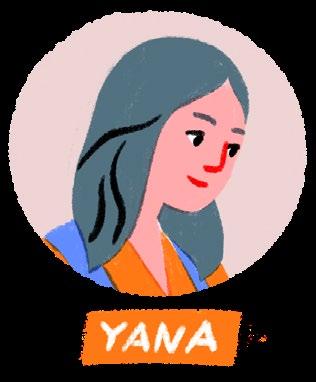
UNHCR. May 2023. “Refugees from Ukraine registered in Poland, by district”
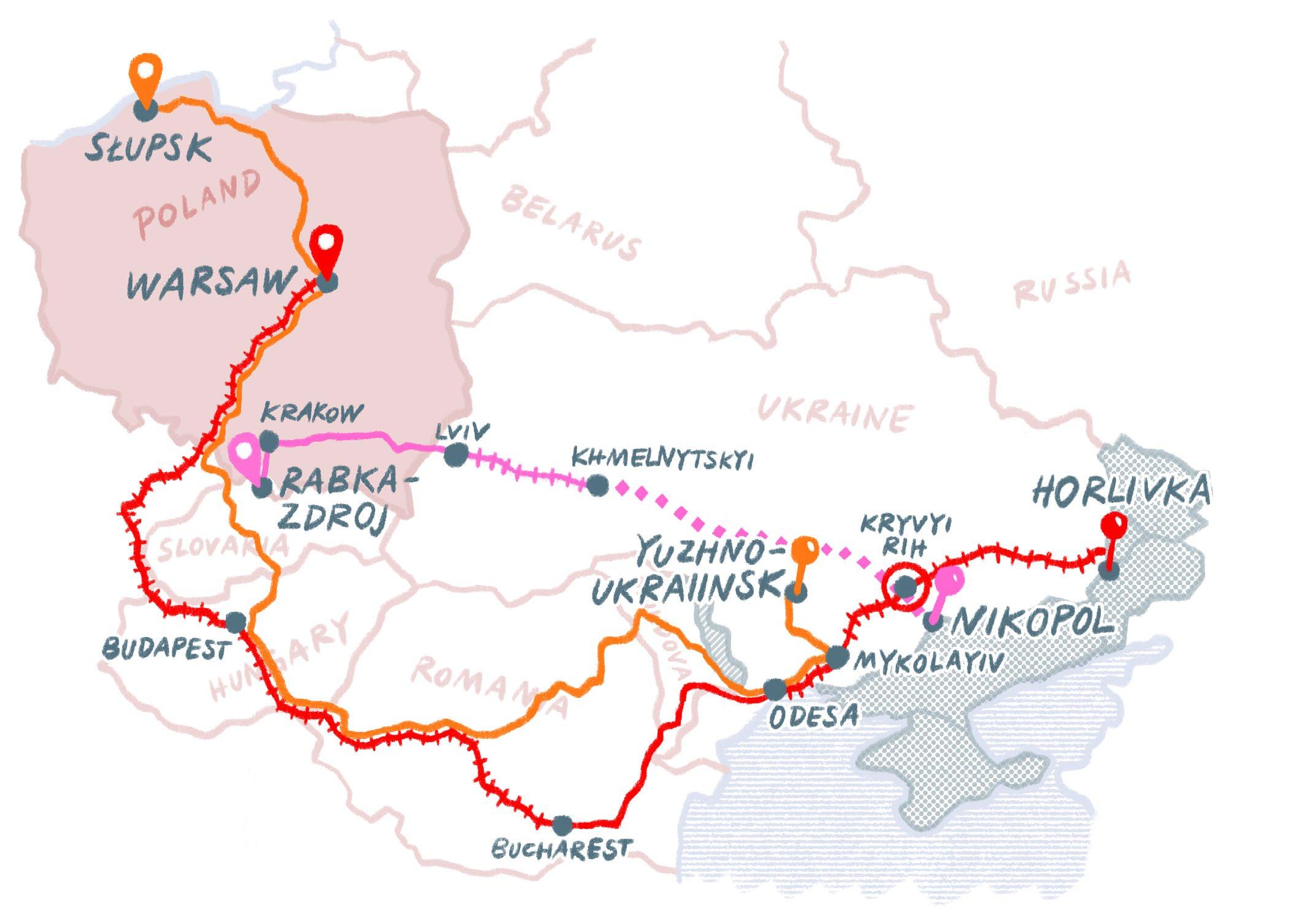
13
10
9 Government of Poland. "Statistical data on Ukrainian citizens registered as foreigners in connection with the conflict in Ukraine, September 2022"
European Sources Online. March 2022. “Council Implementing Decision (EU) 2022/382”
15
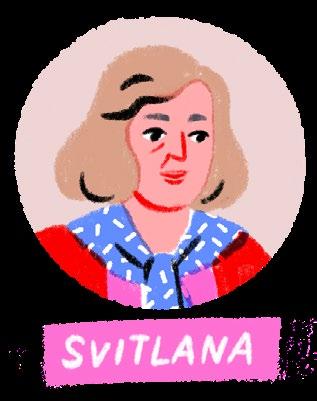
PESEL (Powszechny Elektroniczny System Ewidencji Ludności) is the Universal Electronic Population Registration System, an eleven-digit digital symbol that identifies individuals. PESEL is a prerequisite to access social assistance, medical services, the education system, and even start a company in Poland.
14
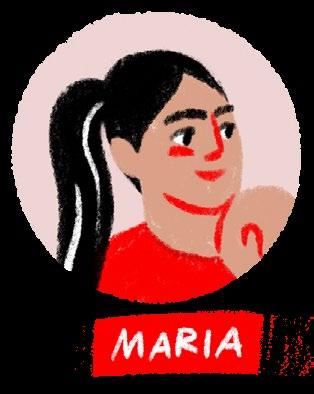

300 PLN is equivalent to 67 EUR, on the date of writing this report.
500 PLN is equivalent to 113 EUR, on the date of writing this report.
that host Ukrainians receive 40 PLN17 per person per day during refugees’ first four months in Poland. Since March 2023, refugees from Ukraine have had to cover half of their accommodation and food costs; and 75% since 1 May 2023. Accommodation for persons with disabilities, pregnant women, persons of retirement age, children, and people caring for at least three children are still covered by the government.18 Parents are eligible for nursery expenses and funds to prepare for the new school year.19
Local communities, civil society, and churches have provided relief items and accommodation across the country. UN agencies, international NGOs, the Red Cross and faith-based charities have been providing cash assistance.20
Roma refugees have not yet been identified as a separate category of people in need of special support under the EU Civil Protection Mechanism.21 There are several initiatives, however, aimed at helping the Roma community overcome the linguistic and social barriers they face in Poland. One example is the Foundation Towards Dialogue initiative, a day support centre for Roma from Ukraine.22
To learn about the experience of refugees from Ukraine in areas of Poland with less humanitarian infrastructure, we talked to women with children and persons with disabilities in locations outside the capital. We also spoke to Roma refugees in Warsaw, where the Polish Roma community has established support structures in place.
Ukrainian refugees as of May 2023 registered for Temporary Protection in Poland
of refugees are children, and are female
Rabka-Zdrój is a small town of 13,000 inhabitants in Małopolska (Lesser Poland) Voivodeship, located between Kraków and Zakopane. We selected this town for key informant interviews because of its small size, beyond the coverage of large humanitarian organisations, yet with high numbers of refugees from all regions of Ukraine and from different backgrounds. Rabka-Zdrój is a one-hour journey from Krakow, which is one of the most accessible destinations in Poland on the route from Lviv, Ukraine. In Rabka-Zdrój, we talked to persons with disabilities.
of refugees are separated from an immediate family member
Słupsk is a city in the Pomeranian Voivodeship in northern Poland, in the historical region of Pomerania. According to Statistics Poland (2022), it has a population of almost 89,000 inhabitants.23 In addition, the city is the administrative seat of Słupsk County and the rural Gmina Słupsk. Słupsk is situated near Gdansk, which hosts Poland’s fifth-largest share of refugees from Ukraine. It is small, far from the headquarters of big humanitarian organisations, and is located near to transit areas from Baltic countries to Germany and Denmark. In Słupsk, we talked to women with children.
Food Cash Health services
Non-food items
Warsaw is the capital and the most populated city in Poland. The total number of Ukrainian refugees in Warsaw is around 100,000. According to research by a specialised local organisation working with Roma, tens of thousands of Ukrainian Roma have fled to Poland and the largest proportion of this community now resides in Warsaw.24 The Roma community in Poland is currently cared for by various aid structures: central and local state authorities and Roma NGOs. In Warsaw, we talked to Roma refugees from Ukraine.
17
Government of Poland. 2023. “Family 500+”
16 40 PLN is equivalent to 9 EUR, on the date of writing this report.
18
Government of Poland. 2023. “Good start”
19 As per advice provided by Cash Working Group to meet immediate needs.

Government of Poland. April 2022. “Co-financing for children to remain in nursery: Parents, please apply”.


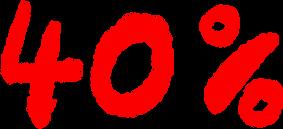

20 Foundation Towards Dialogue. July 2022. “Human rights, needs and discrimination”.
21 Foundation Towards Dialogue. July 2022. “ The Centre”.





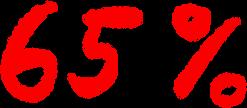
22 Statistical Office, Gdansk. September 2022. “Pomorskie Voivodship in figures 2022”. 23 Central Council of German Sinti and Roma. September 2022. “Human rights, needs and discrimination: The situation of Roma refugees from Ukraine in Poland. Report on research and intervention activities, September 2022” 24
Cash Health services
aid received from UN and UN-related organizations
Age: 65
Place of origin: Nikopol, Dnipropetrovsk
Left Ukraine: March 2022
Family composition: living with her granddaughter (15 years old); her daughter remains in Ukraine with her husband, due to her severe illness
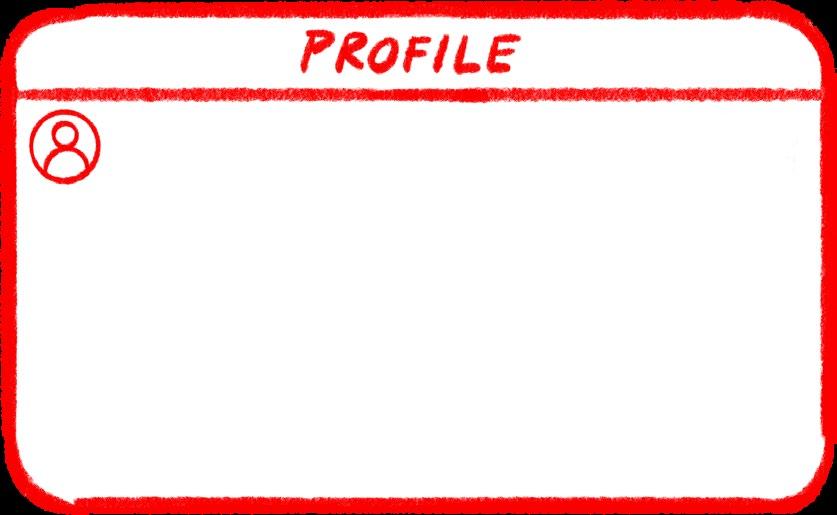
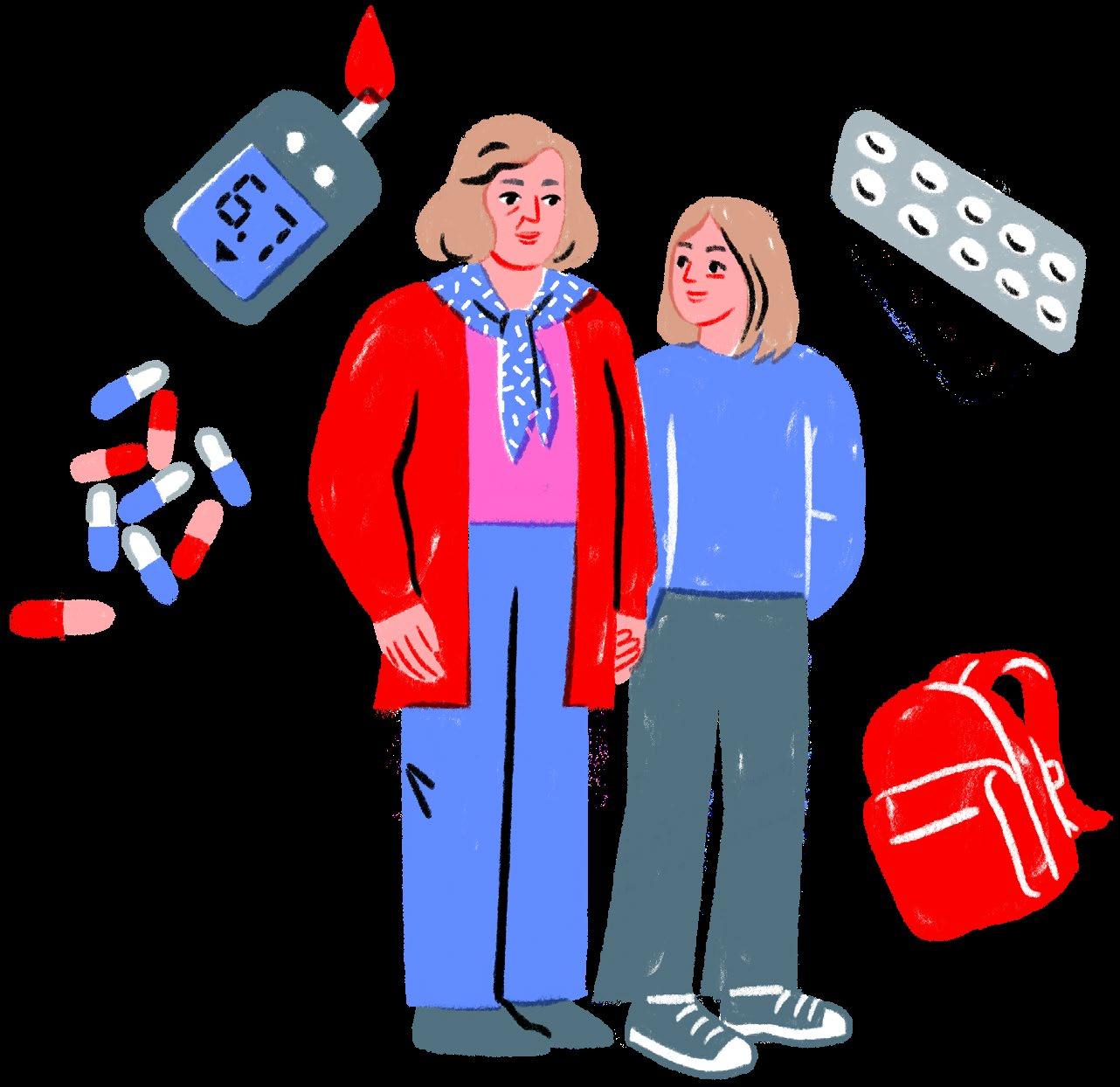
Occupation in Ukraine: retired

My name is Svitlana and I left my hometown in March 2022 with my granddaughter, Olha, due to ongoing shelling. Until then, we had been hiding in the basement. Olha is 15 years old and when the war began, I was very scared for her; I wouldn’t have left Ukraine if it were not for her. I’m not her official caregiver, but her parents are divorced and her mother has been bedridden with cancer for the last two years.
At first, my plan was to relocate temporarily to western Ukraine. But there was such an influx of people that rental prices became exorbitant, which deterred us from staying. We decided to go to Khmelnytskyi (a city in western Ukraine), and my daughter’s husband drove us. My granddaughter and I stayed there for two days and we then took the free evacuation train to Lviv, and then a regular bus to Krakow.
We got a room in a local school that was sheltering refugees from Ukraine outside Krakow. The living conditions were poor. It was overcrowded with many people sleeping in single rooms; there was little privacy; and it wasn’t clean. The food was inappropriate for my health needs as I have type 2 diabetes and hypertension. I had a stroke a few weeks before the war began, and I now need coronary artery bypass surgery.
I found other accommodation through a Facebook group. We are now living in a hostel for refugees from Ukraine in Rabka Zdroj, Poland. We share a room with two other refugees. The hostel is very high up in the mountains, and I always struggle to reach it when coming back from town because of my health condition.
Initially, we didn’t plan to stay in Poland for long. But it became more dangerous in Nikopol as the attacks escalated, so we decided not to return. Although we would like to return home and retrieve our clothes and personal belongings, we haven’t yet had the opportunity to go back.
My granddaughter was accepted in a local school here in Rabka-Zdroj. But for me living here in Poland is really challenging. Without help from local volunteers and other Ukrainians, we wouldn’t manage.

My granddaughter and I are registered with ZUS25, and we have PESEL. Once we received PESEL, we were able to register for a specific residence card –Karta pobytu – for Ukrainian refugees in Poland. This card has an expiration date26, but it allows us to travel across Europe without losing the temporary protection benefits in Poland. Other Ukrainian refugees told me that I needed to register in Poland. There was also legal assistance to help Ukrainian refugees register at the railway station in Krakow. Volunteers helped me register and the application procedure wasn’t complicated, especially for people who speak English or Polish. However, as I don’t speak either language, I couldn’t have done it myself.

For me, the procedures for accessing medical assistance and drug prescriptions are long and complicated. I found it challenging to apply for humanitarian cash assistance to spend on medicine and doctor’s visits. I’ve been hospitalised three times since arriving in Poland and I have been prescribed special medicine for my heart disease. I registered for a cardiologist visit, which was postponed to this year. To have regular cardiograms, I have to travel to Krakow. We also recently visited a paediatric psychologist to help my granddaughter. She has been very distressed and we are waiting for proper psychosocial support.




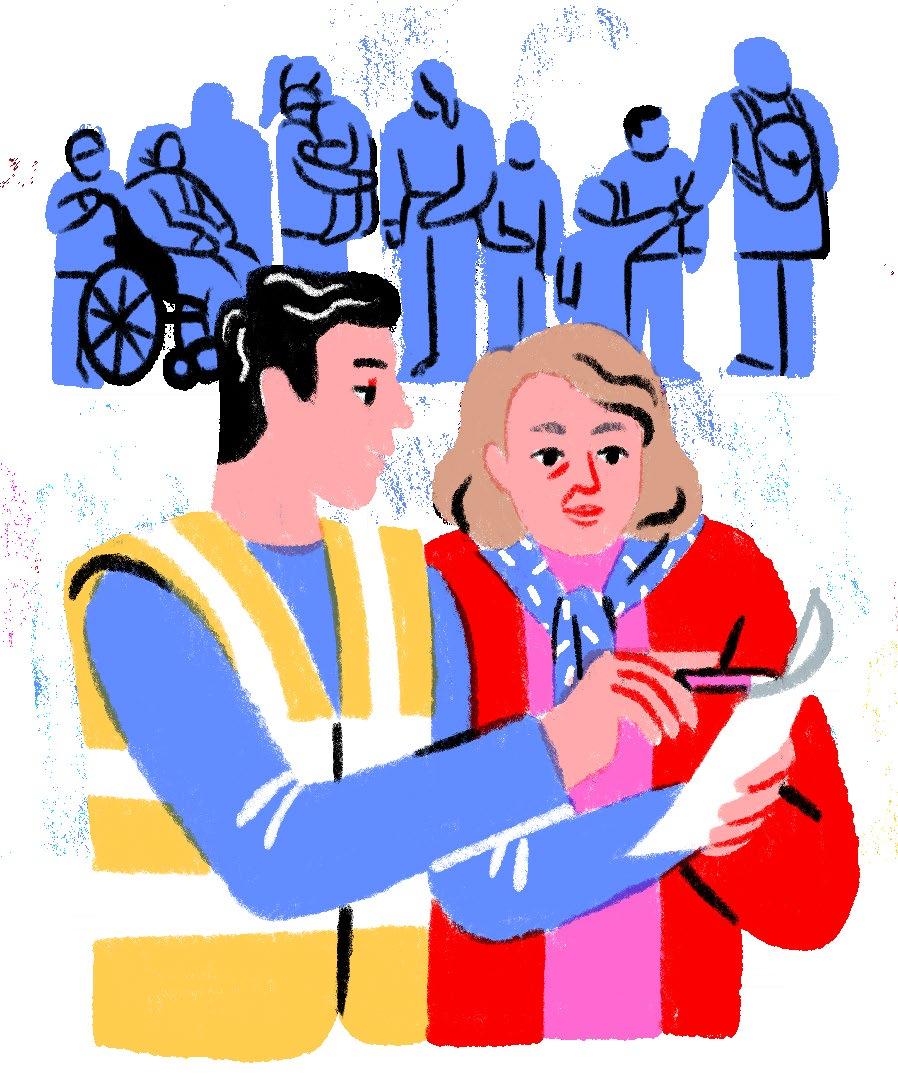
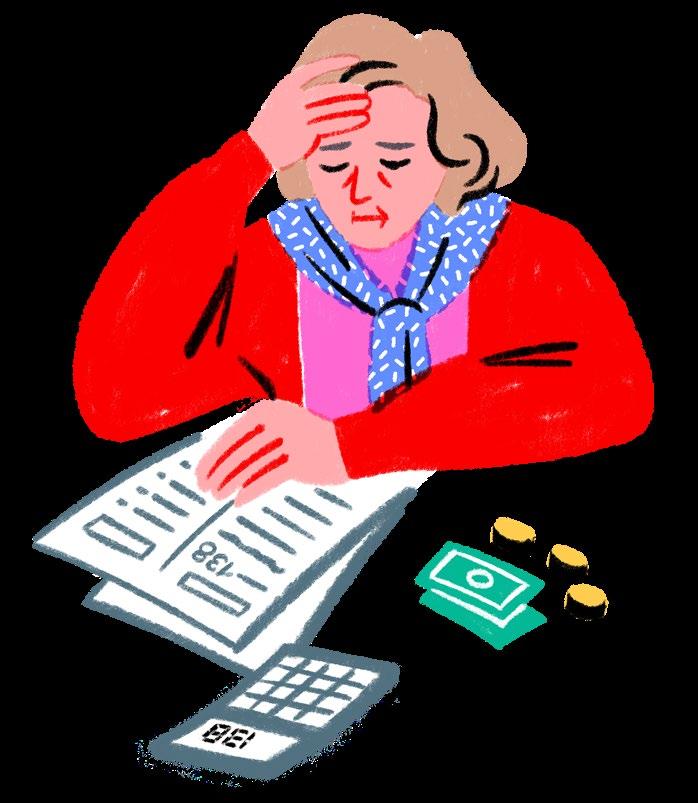
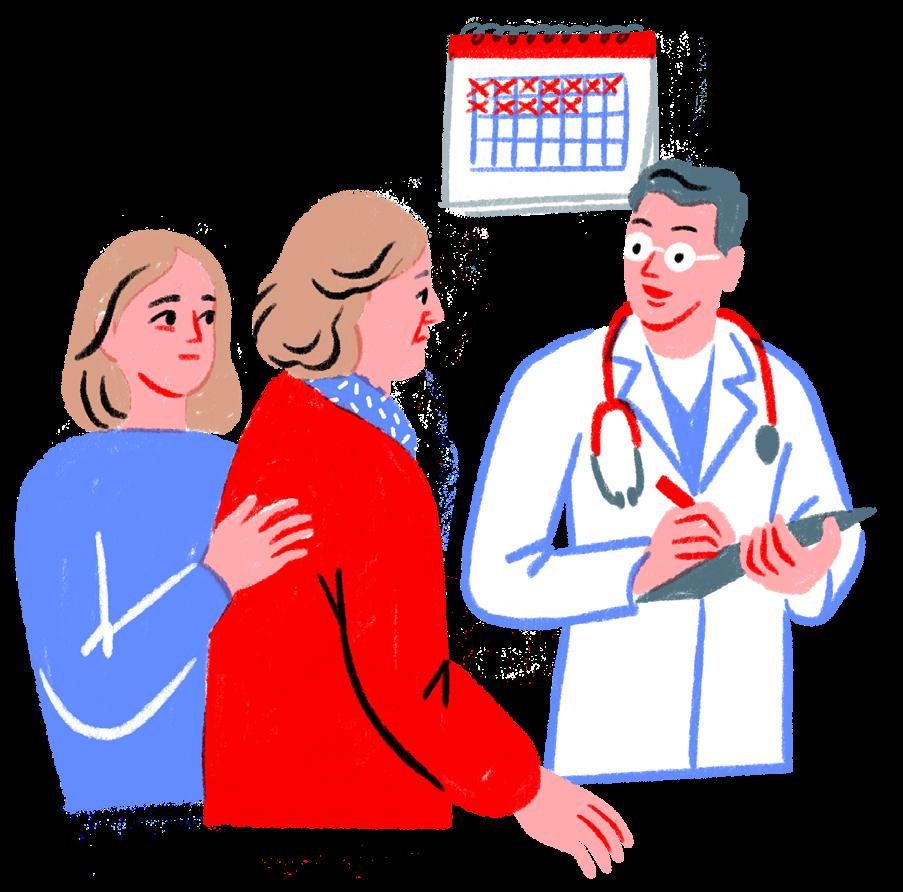
The government gives my granddaughter and I 500 PLN each month through the 500+ programme. The city administration also once gave us vouchers worth 300 PLN for shopping in a supermarket. At the humanitarian centre, we receive hygiene packs, free clothes, and food packs once a month. However, because the variety of food products is poor, I often pay for food myself. As a diabetic, I receive special packs with buckwheat. Sometimes the food packs vary, and some people get more than others. In the hostel where we live, we also have dinners provided daily. My granddaughter was given new shoes at school and her Polish teacher has been very helpful. She gave her some dresses and even visited us every week when we first moved here, to support my granddaughter to adjust to her new life in Poland.
The volunteers at the humanitarian centre are friendly; they help me walk up the stairs, support me when I receive medical information regarding my condition, and help me with translation. From May 2023, Ukrainian refugees will have to cover 75% of accommodation costs. But because lots of people are unaware of the new policies, they haven’t been able to apply to other programmes to cover these additional costs. Generally, we lack money to cover our ongoing needs. Even if I decided to return to Ukraine, I would find it difficult to find money for the journey back.
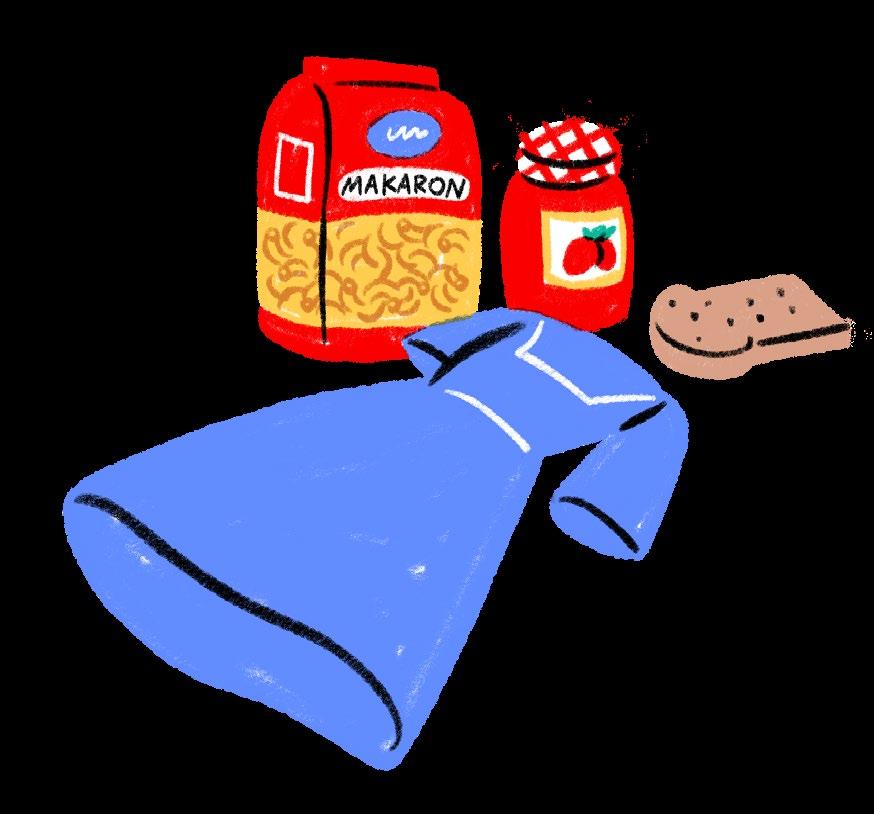 Such permits may be valid from one to ten years. This grants the holder the rights to both live and work in Poland.
Such permits may be valid from one to ten years. This grants the holder the rights to both live and work in Poland.
Age: 27
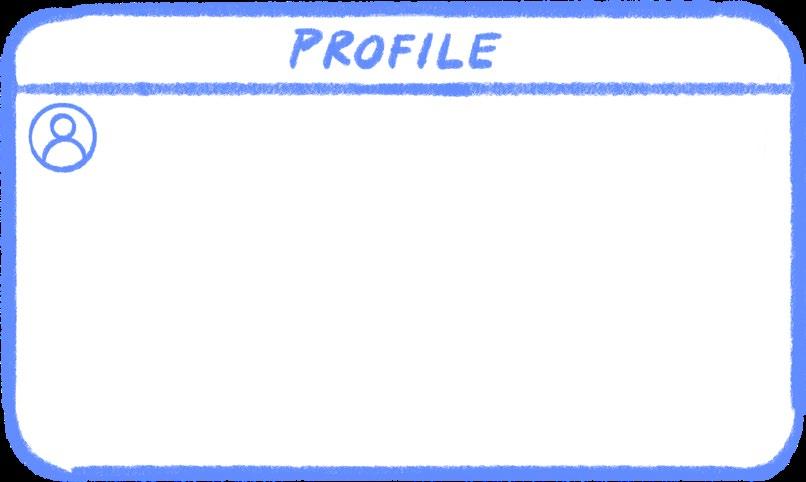
Place of origin: Kryvyi Rih (displaced from Horlivka in 2014)
Left Ukraine: March 2022

Family composition: partner and three children (6 months old, 5 and 7 years old)
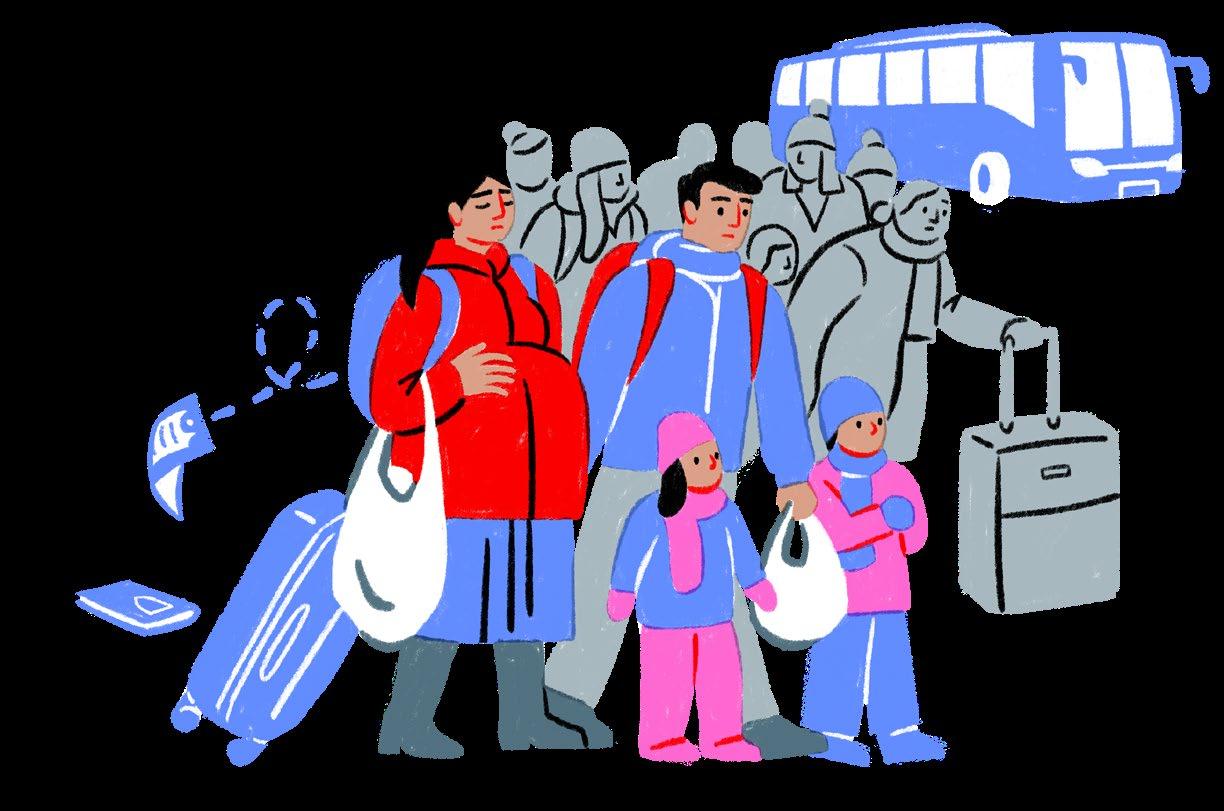
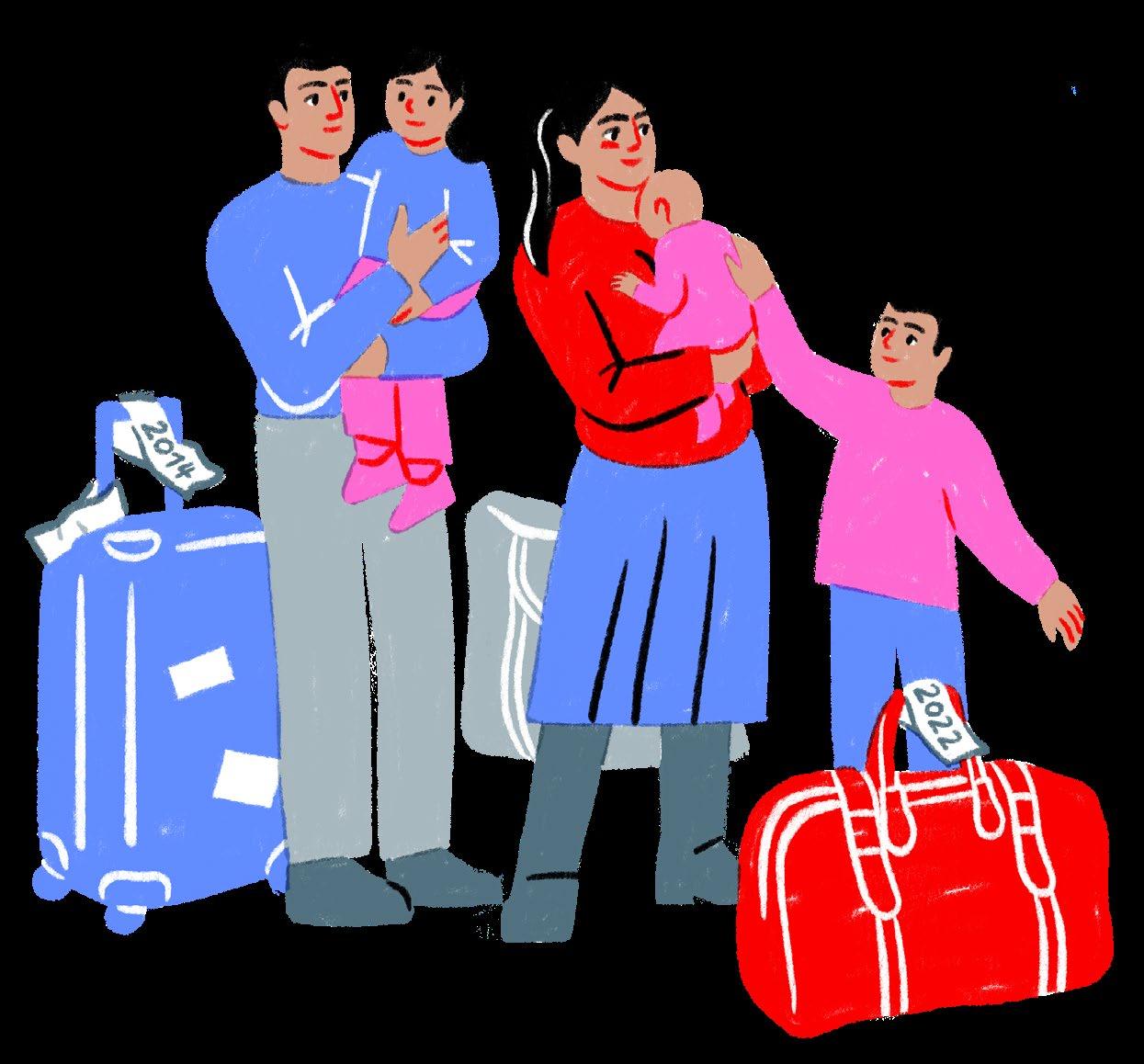
Occupation in Ukraine: employed
My name is Maria and in 2014 I was displaced internally from Horlivka, Donetsk oblast to Kryvyi Rih, Dnipropetrovsk. Before the full-scale war, I had a well-organised life in Ukraine. We lived in our family house, and I worked in a local restaurant. I belong to the Roma community.
When the war started, I left Ukraine with my partner and two children. I was heavily pregnant with my third child. The journey was very complicated, and we were lucky that my partner had permission to leave the country because of his health condition. We moved to Poland because my sister moved there after the war started and I felt more comfortable moving here knowing my sister was also here.
Our journey was quite long. We took an evacuation train from Kryvyi Rih to Odesa, which was extremely crowded. In Odesa, we stayed in a room at the railway station for one night. The next morning, we took a free bus to the Moldovan border, and it took us four hours to cross the border on foot. There were lots of people, but we had priority because of our children. After we crossed the border, we stayed in a tent for one night, then took a free bus to Romania. When we arrived in Bucharest, we were welcomed by volunteers and hosted in a humanitarian centre. We stayed in Bucharest for a week, then continued to Hungary on an evacuation train. We stayed in Budapest for one day then took a train to Warsaw.
In Warsaw, volunteers met us and let us stay in a refugee shelter for two weeks. The shelter was actually a cinema and we shared a room with another family. I gave birth to my third child while we were there, and the living conditions were not appropriate for our family. The quality of the meals was also really poor. I complained about the shelter's food to the local volunteers, but they said they couldn’t do anything about it.
Volunteers at the railway station helped us find more suitable accommodation. We moved to a hostel for refugees from Ukraine where we have a separate room and two meals a day. Eight people currently live in the apartment. The rent is free, and we still get volunteer support with food, medicine, and hygiene products. I spend most of my time caring for my baby. Moving to Poland was very stressful for me. I’m more used to the city now. I feel really comfortable, and my children are fine too. Just after we arrived, it was hard, but now I’m comfortable in Warsaw and we have also connected with Roma volunteers who are supporting us.
I lost my passport and my eldest son’s birth certificate in all the chaos at the border. Once we got to Warsaw, I initiated the renewal of our documents at the Ukrainian embassy, but I couldn’t renew my eldest son’s birth certificate; I can only do that in Ukraine. Without it, he can’t receive PESEL. My Ukrainian passport27 is still in process. I went to register for PESEL at the Ukrainian centre and was refused at first since I had no passport, but eventually I received PESEL with my temporary ID. My two youngest children have also received PESELs. It was difficult for me to find someone who could assist me through the process. A Ukrainianspeaking representative helped me fill in the documents during registration and explained how things work.



When we initially arrived in Poland, for some reason my sister and I didn’t receive food for the children at the main humanitarian centre in Nadarzyn. I saw a lot of child formula and diapers in boxes, but we didn’t receive any of it. When I asked why, they said they did not have enough for us. We received one diaper per day per child. I don’t think there is enough food, but people can’t complain about it. This is why we left the humanitarian centre in Nadarzyn.
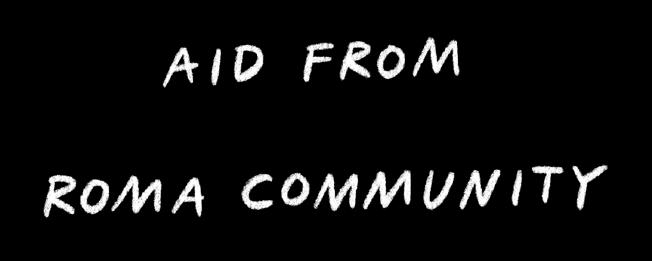
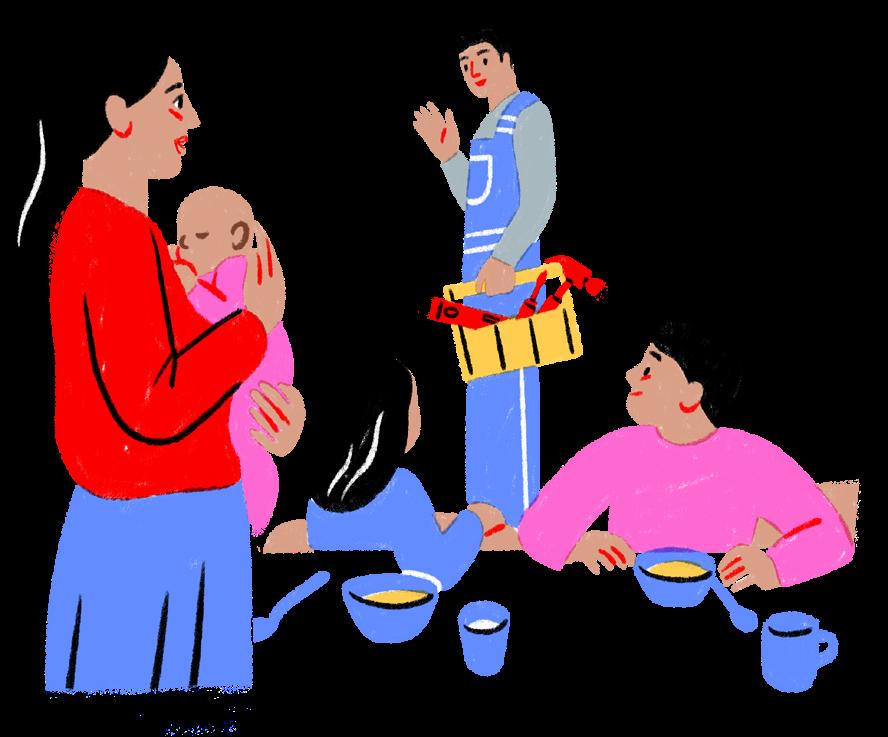
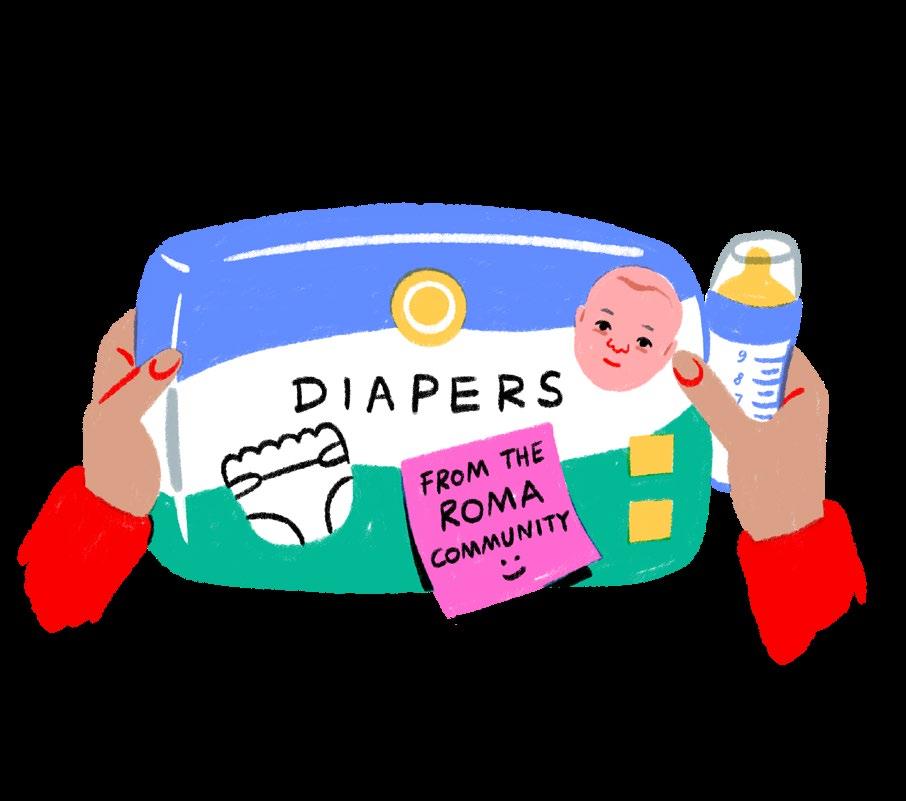
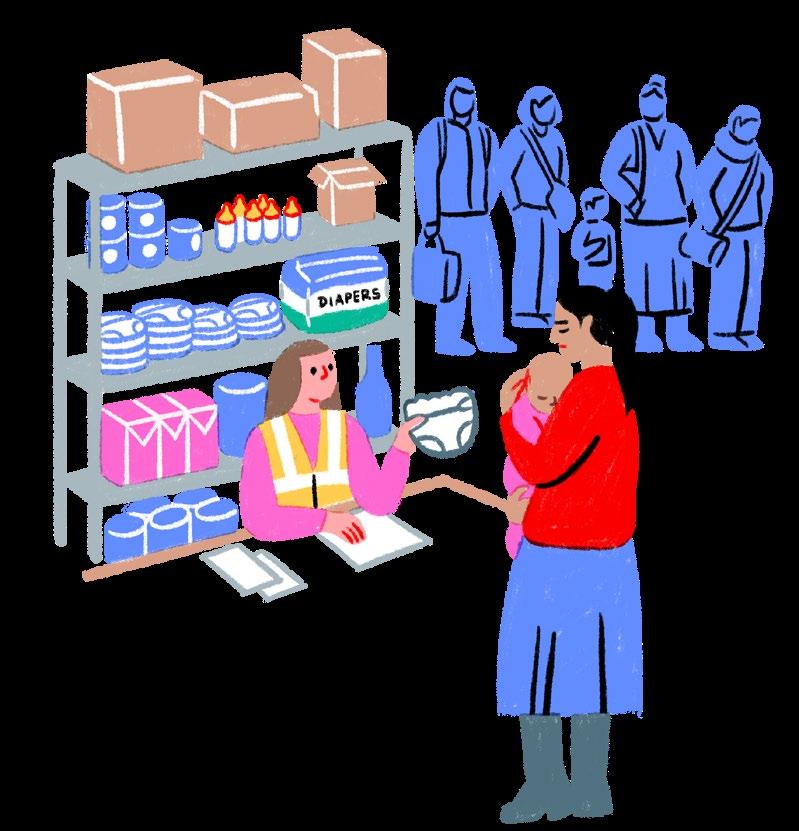
There are lots of humanitarian centres for Ukrainians in Warsaw, and I’m assigned one based on my address in Poland. If the volunteers at the centre have humanitarian aid and food available, they usually call to inform me since I have three small children. I found out about this humanitarian centre from my neighbour, who is also a Ukrainian refugee. With my PESEL, I can receive food and hygiene packs at the centre once a week. I usually have to stand in line for one to two hours.
I am mostly supported by Roma volunteers at the Roma humanitarian centre. They ask about our needs and try to meet our requests. Lots of interpreters supported us when we arrived. Volunteers from the Roma community also found an apartment for us. Our apartment is free, and volunteers also regularly support us with food, medicine, and necessary baby items. I’m currently attending a Roma school and learning Polish twice a week. The language courses are organised for children and adults.
I am not eligible for humanitarian payments from the Family 500+ programme, because I can’t register without my passport. My partner can’t apply either because we’re not officially married and I am registered as a single mother. We sometimes do some unofficial work to cope with our situation: he does renovation work and I clean apartments. I can’t take a regular job because I need to care for my children. Local people in Warsaw sometimes ask what we need, and they provide us with some food and clothes.
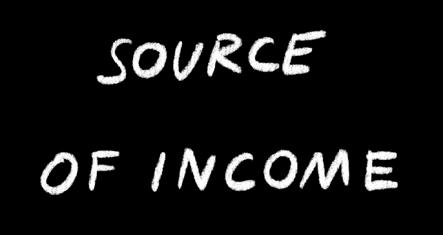
In Ukraine the majority of citizens have an "International Passport" and some of the citizens have an ID card. These are different documents, however, they have an equal legal force. The "International Passport" is usually biometric document for international travel which allows the travel to EU without visa.

Age: 37
Place of origin: Yuzhnoukraiinsk
Left Ukraine: March 2022
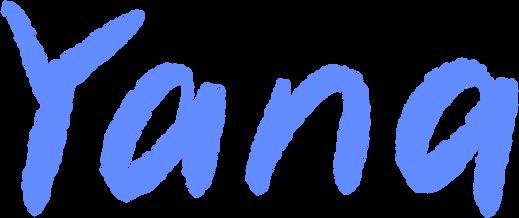
Family composition: divorced, two children (6 and 9 years old)
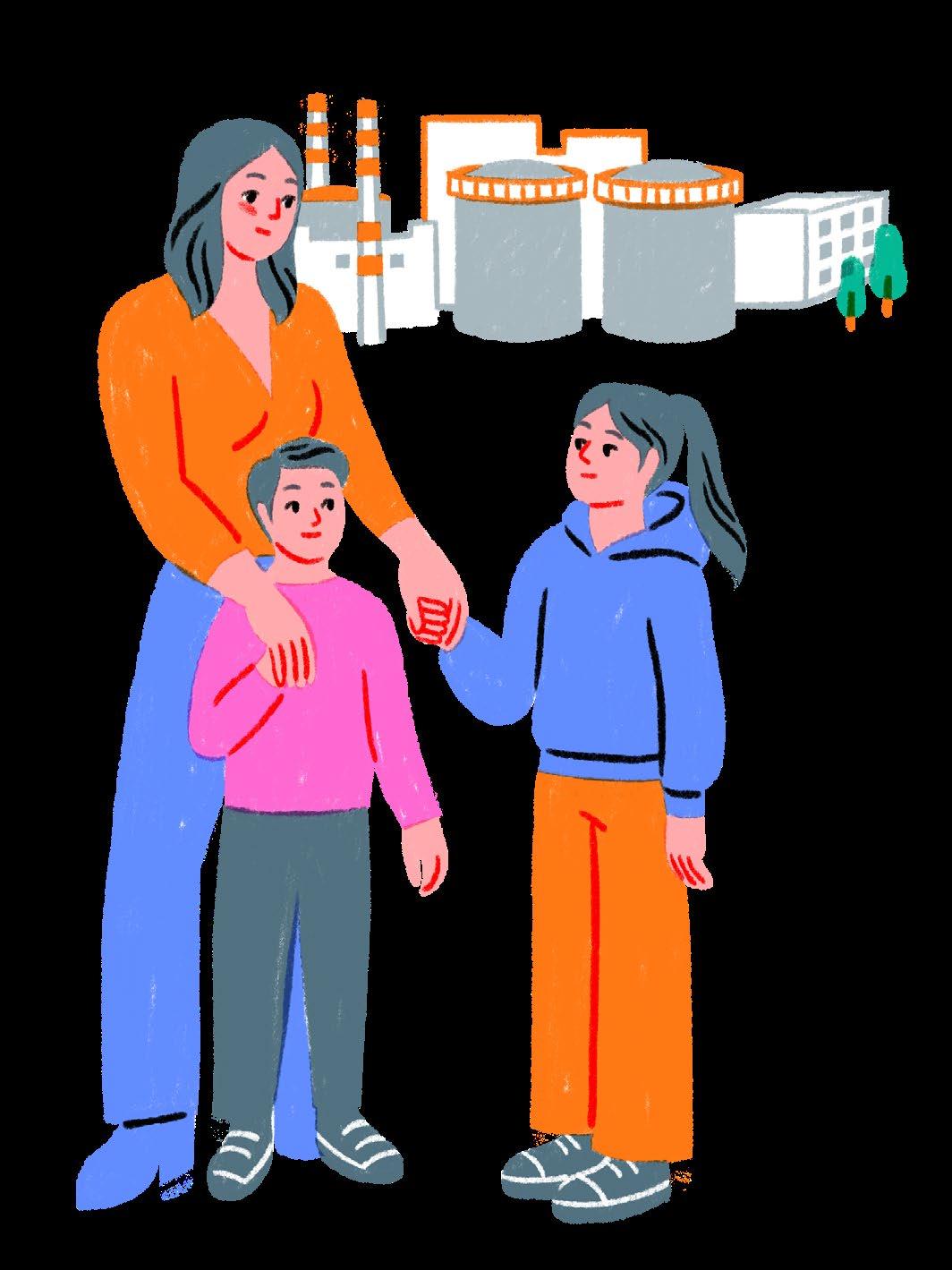
Occupation in Ukraine: employed
My name is Yana and I am from Yuzhnoukraiinsk, a town close to the South Ukraine Nuclear Power Plant and close to the frontline in Mykolaiv Oblast. I have two children, a 6-year-old son, and a 9-year-old daughter. I used to live in my own house and my life was well organised. In Ukraine, I worked in the forestry department of a local municipality. I didn’t want to leave my home and family in Ukraine. My mother is partially disabled and my sister and I were taking care of her. In the end, I had to leave because I was afraid for the safety and well-being of my children. They were extremely scared and distressed.
I decided to go to Poland because I have worked there in the past, so I speak a little Polish. My kids and I left Ukraine by bus in March 2022. I didn’t take the train to Poland because I was scared the railway could be targeted by Russian troops. We got to Poland on buses through Moldova, Romania, Hungary, and Slovakia. There were long lines at the border and the children and I were really exhausted.
When we entered Moldova, there was a humanitarian hub organised by a religious organisation, where we were offered a free dinner. In Warsaw, volunteers took us to a humanitarian centre where they provided us with hot meals, clothes, sweets, and children’s toys. They also gave us free train tickets. We stayed in the humanitarian centre for the night and the next day took the train to Słupsk. It took us three days to get from Mykolaiv to Słupsk in Poland.
During the first few months, I lived together with my ex-husband in a free apartment provided by his employee. But our relationship became abusive. With the help of a local lawyer, I moved to a room in a shelter for Polish women who are suffering from gender-based violence.
At the shelter, I started searching for a part-time job. I found local supermarkets that employ refugees from Ukraine and applied for jobs in a few different supermarkets. A representative of one supermarket contacted me and soon after, I began working as a cashier.
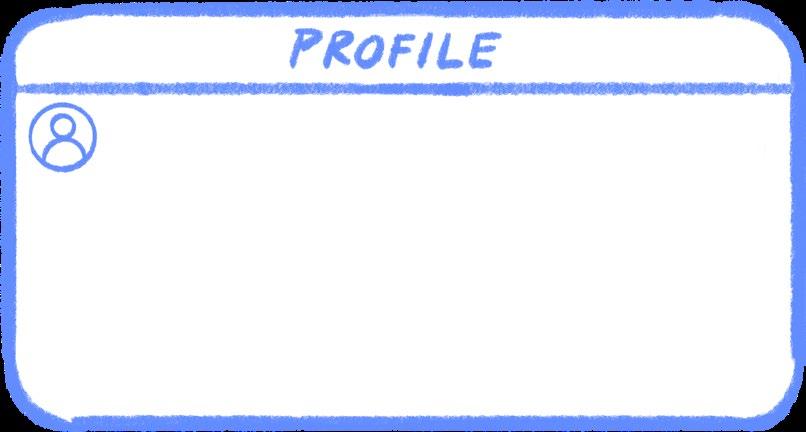
My 9-year-old daughter used to go to a Polish school while I studied online with a Ukrainian school. In January 2023, I noticed that she was very stressed and found out she was being bullied at school. She left the Polish school and continued education online with a Ukrainian school. My 6-year-old son goes to a preparatory school in Poland. He speaks Polish almost fluently.
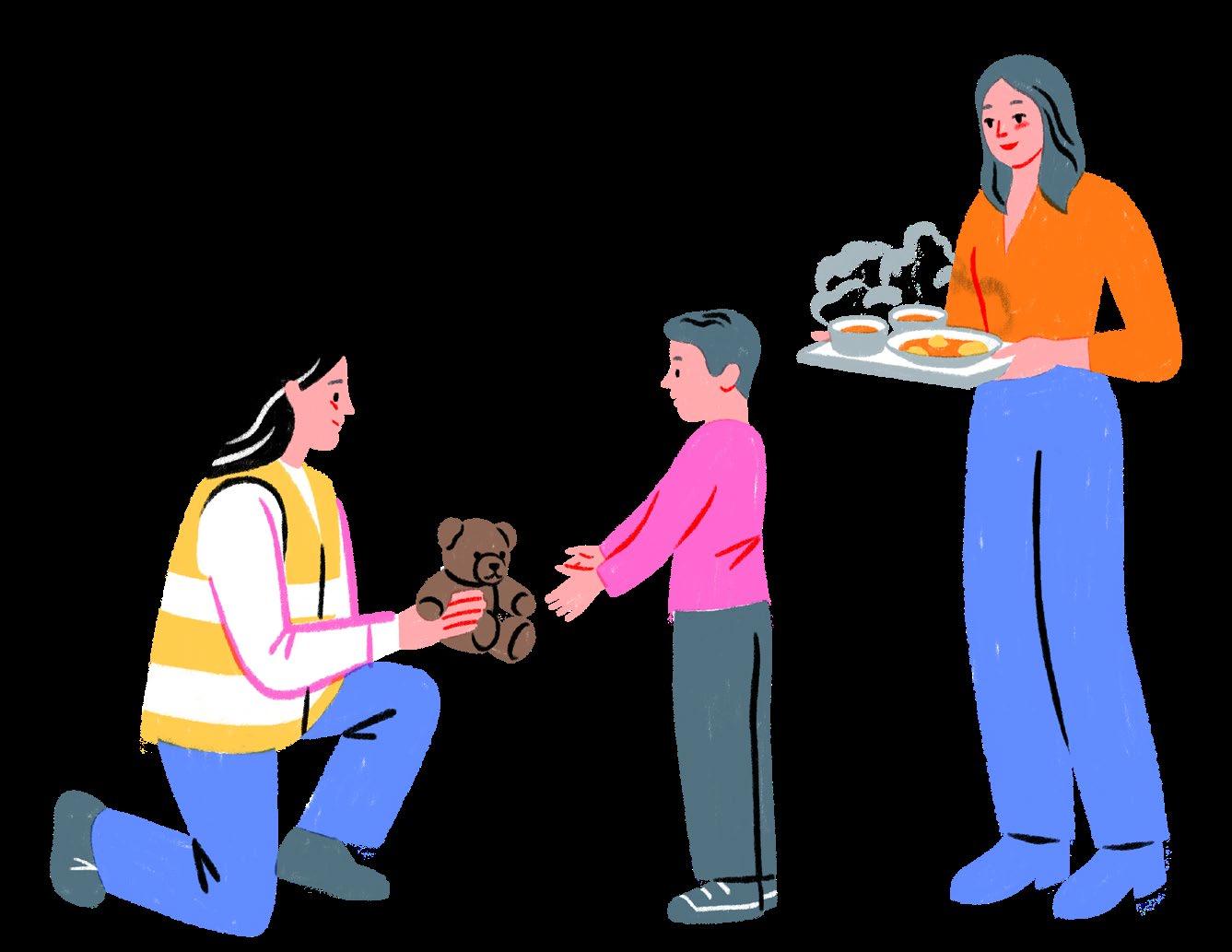
I already had an international passport, my children’s birth certificates, and a PESEL from my time working in Poland, so I just needed to change the PESEL status. My kids also received PESELs, and our PESELs have a special status for Ukrainian refugees. Although I speak a little Polish, volunteers helped me with translation during registration. They also informed me that we could get humanitarian cash assistance from the 500+ programme and a one-time payment of 300 PLN for each of my children. In addition, I received three months of payments of 710 PLN for me and 600 PLN for my kids from a charity that I found through Facebook. I also received 500 PLN for medicine, which I heard about from other Ukrainians and applied for online.
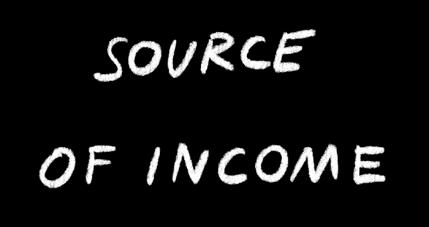
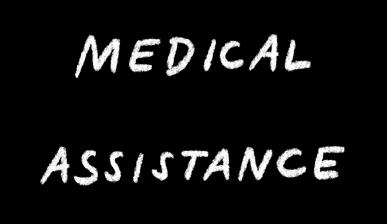

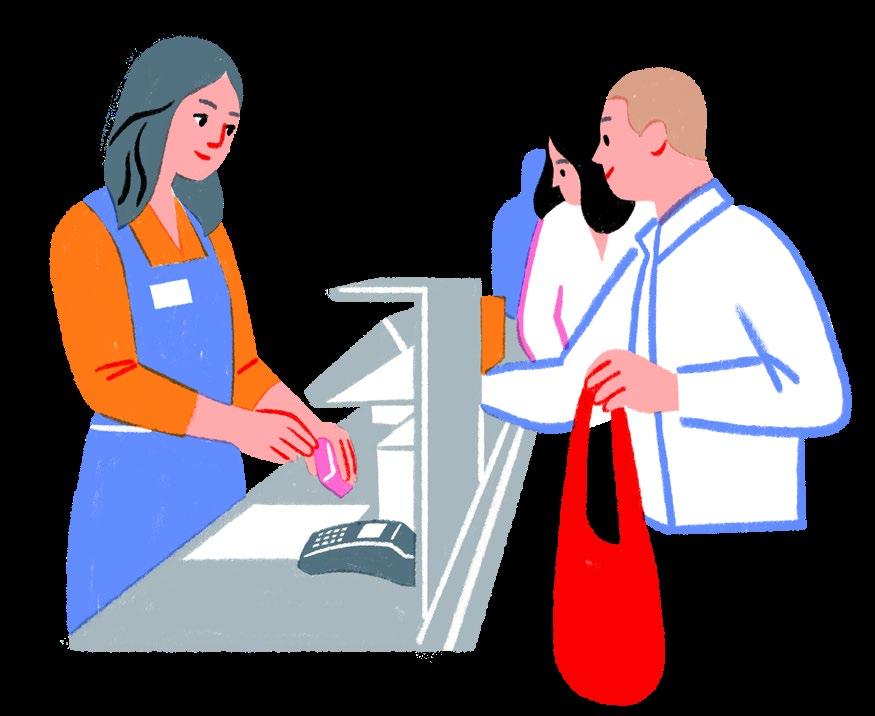
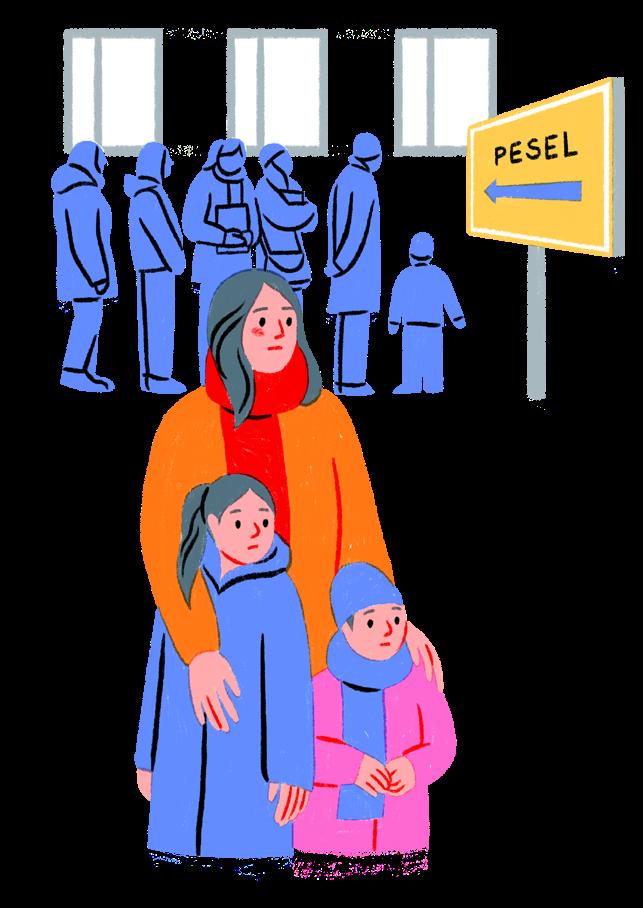
Through a Facebook group, I discovered a cultural centre where from time to time I meet with my community of other refugees from Ukraine. We all share information. I get most information about different programmes and support online. The centre has an extended day programme for Ukrainian children, which my kids enjoy; they attend art classes and therapy groups for free. The centre even organised a Christmas show for the children in December. Volunteers at the humanitarian centre ask people what they need; my son asked for a scooter and eventually received it.
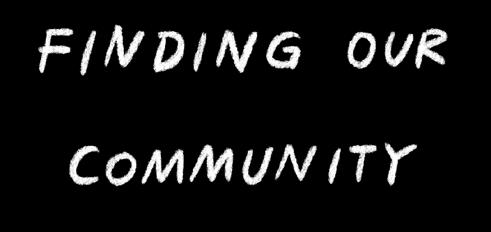
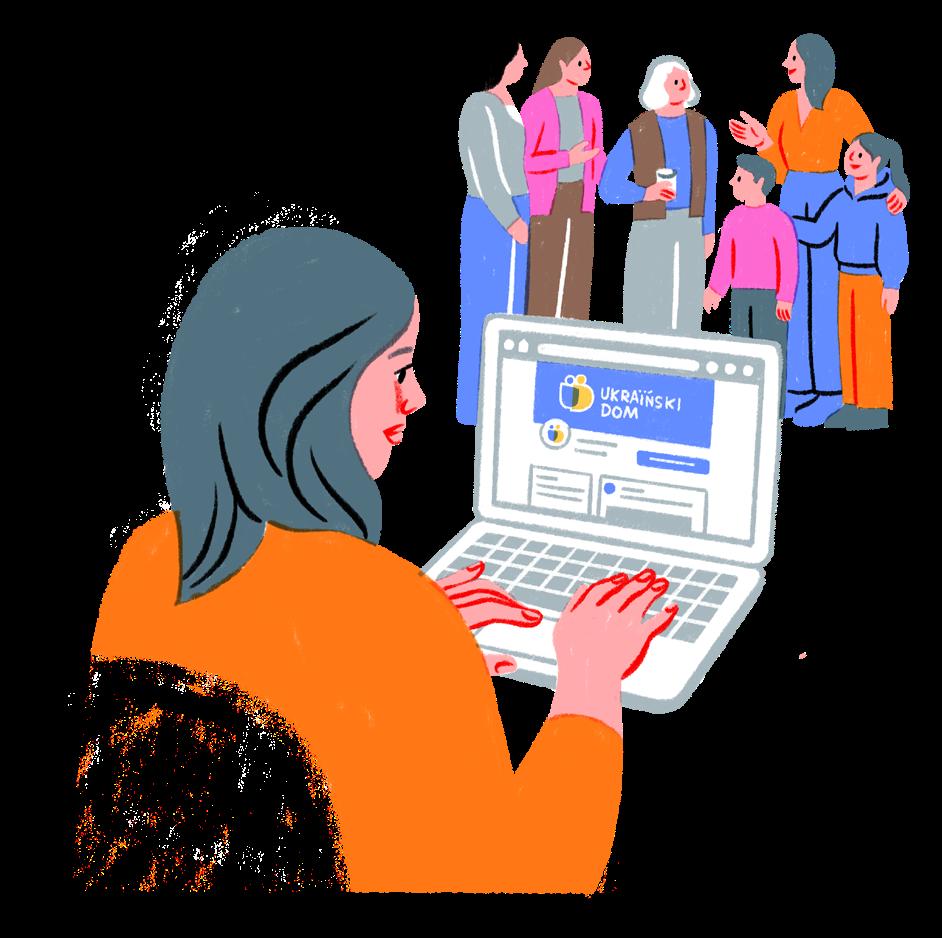
A local health facility provides free dental services for children. The PESEL entitles us to the same medical services as all Polish citizens. Right after arriving, my children got a rotavirus infection and we had to go to the hospital, where there were doctors from Ukraine. We received free medical services, including medicine, and stayed in the hospital for three days. My younger son has a condition that means I have to take him to hospital quite often. I understand Polish, but Ukrainian-speaking doctors have also supported me.

Aligning work and childcare is difficult for mothers with children. I felt depressed and powerless last summer and autumn, and my mental health was really challenged. Being a refugee is really hard; I often feel unprotected and foreign. I spent a long time looking for a job because I wanted more control over my life, but it was difficult to find anything. But I managed and I have worked in the supermarket for three months; I now also work as a cleaner in an integration centre organised by an international NGO. I found this job through the local city administration. The challenge is that most jobs have inconvenient shifts, especially for a single mother of young children.

Try to better understand the needs of refugees across the country, and make sure aid reaches smaller towns where many refugees live.
Improve information provision about the aid available.
Ensure better access to kindergarten and preschool day-care for children. This will allow mothers to and be less dependent on humanitarian assistance.
Improve the variety and sufficiency of food packs. Small children and people with specific health conditions like diabetes require tailored food packs.
Involve Ukrainians as volunteers in humanitarian aid and community support programmes.
Ensure assistance to support with translation in hospitals to increase access to healthcare.
Ensure barrier-free accommodations for people from vulnerable groups: persons with disabilities, older persons, and women and families with small children.
The language barrier is another big issue. I think Ukrainian translators to support Ukrainian refugees in Polish hospitals would be really helpful.
– Maria, Poland
The only thing is that the accommodation is located on a hill, and it is hard to get to a supermarket or a pharmacy. The accommodation’s manager helps us a lot; she takes us to hospital when needed.
– Svitlana,Poland
To get pay-outs I had to come personally, which was not possible for me due to my illness. There is humanitarian aid available in Krakow, Gdansk; however, it is too far for me to go there.
– Svitlana,Poland







For many refugees from Ukraine, in the initial months of the war, the Republic of Moldova was the closest and easiest safe country to reach. As of April 2023, approximately 720,000 Ukrainian refugees and 84,000 third-country nationals had entered Moldova. About 107,000 have chosen to stay in Moldova, of whom 44% are under 18 years old.28
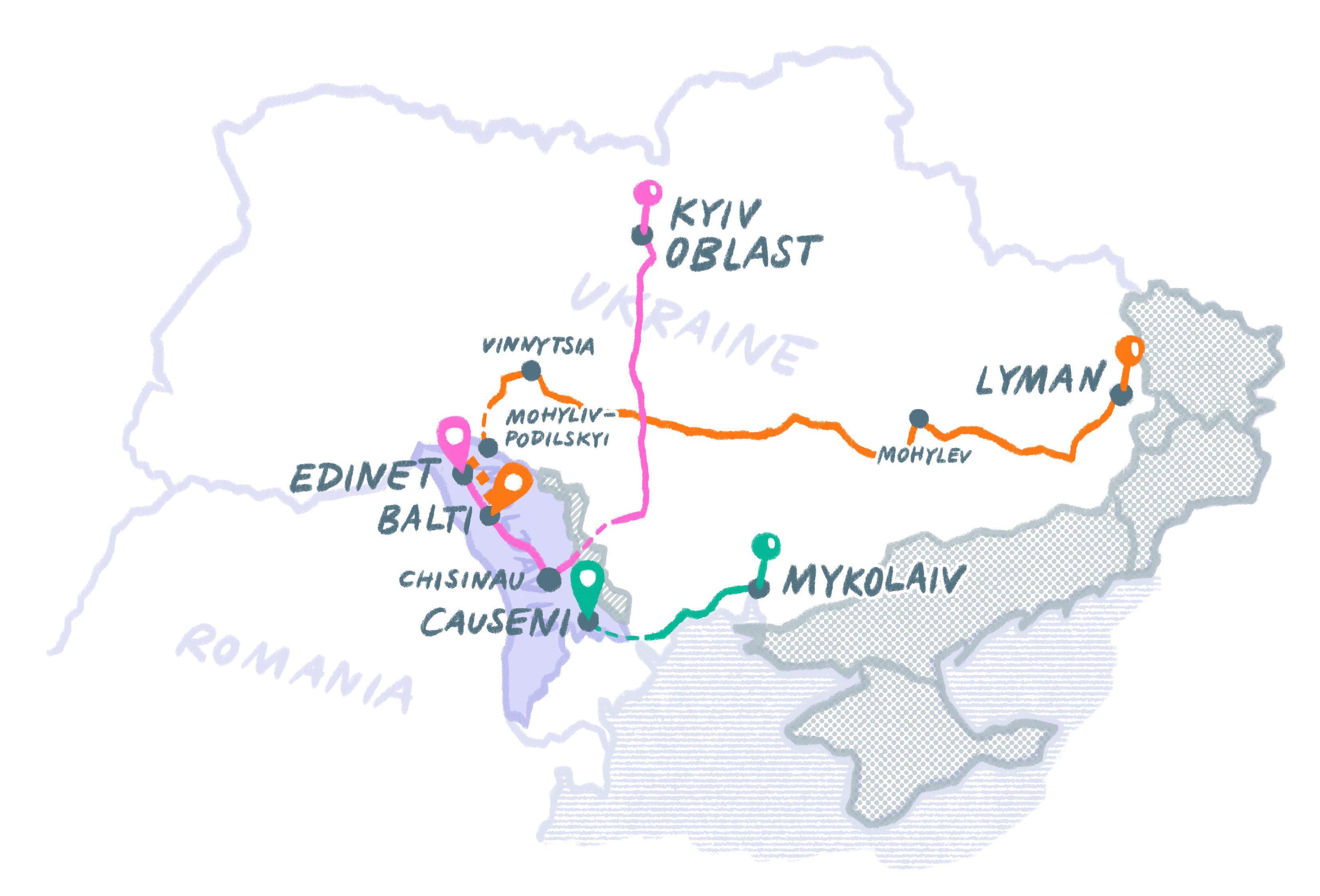
With hostilities ongoing and Ukrainian cities destroyed, many people expect to stay in Moldova for the foreseeable future, mostly in Chișinău, Ocnita or Balti in Gagauzia province.29
According to the Multi Sector Needs Assessment for Moldova30, the vast majority (93%) of refugees from Ukraine in Moldova report receiving humanitarian assistance since arriving. Almost all report satisfaction with humanitarian personnel behaviour in their area. The majority of people
UNHCR. 2023. “Ukraine Situation: Republic of Moldova ” 28
UAHelp. 2022. “Date statistice despre refugiați”
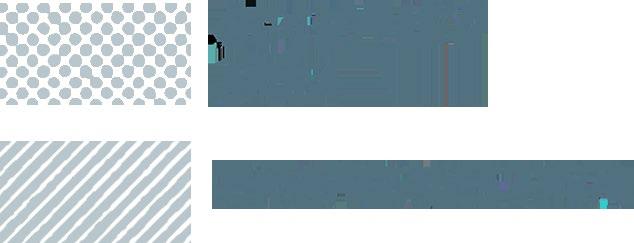
REACH. September 2022. “Multi Sector Needs Assessment Moldova”.

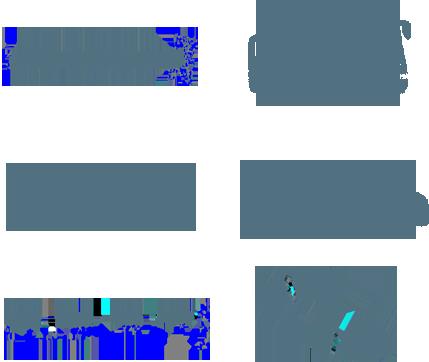
we talked to31 report receiving food (88%), cash (84%), or hygiene items (69%). Cash (71%) and food (66%) remain the priority unmet needs that respondents list most often. The vast majority of refugees in Moldova have a higher dependence on aid than in the other two countries, attributable to low employment rates. According to a UNHCR survey32, only 25% of refugees in Moldova have jobs.
State authorities, international and local NGOs, the Red Cross, and host community groups provide refugees with accommodation, food, hygiene products cash and medical support. They also offer support on education, social activities, and livelihoods. More than 75% of people from Ukraine have received aid from religious establishments.33 Refugees from Ukraine have access to
31
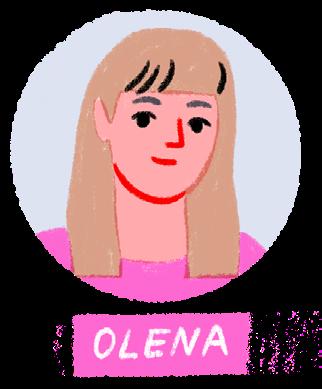
Ground Truth Solutions. April 2023. "Towards targeted and flexible aid delivery: Ukrainian refugees’ perceptions about aid in Poland, Moldova and Romania"
32
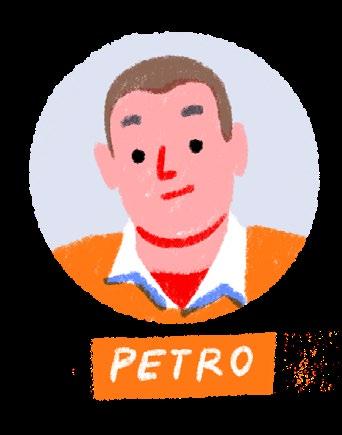
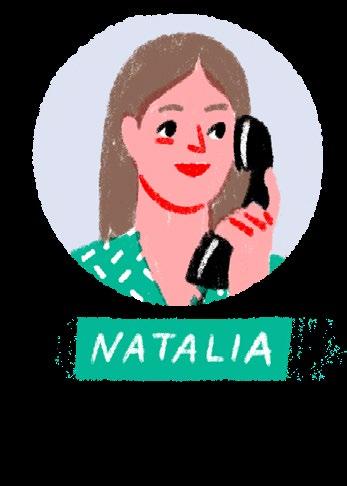
UNHCR. 2023. “Protection Risks and Needs of Refugees from Ukraine”
33
Ground Truth Solutions. April 2023. "Towards targeted and flexible aid delivery: Ukrainian refugees’ perceptions about aid in Poland, Moldova and Romania"
banks, jobs, schools, and medicine. In Moldova, unlike in EU countries, the rights of refugees from Ukraine are granted through state-of-emergency decrees. These were imposed after the invasion and extended every 60 days. It took almost a year to approve the implementation of temporary protection in Moldova34, largely due to a dispute over who should pay for it. However, since March 2023, refugees from Ukraine in Moldova have been granted temporary protection status for a period of one year, aligning the country with EU legislation.
In 2022, inflation more than doubled compared to the previous year, hitting 30.24%.35 This created tension over the balance between the needs of Moldova’s citizens and those of refugees.
To better understand the challenges and barriers to accessing humanitarian assistance, we talked to young people, women with children, and persons with disabilities who fled Ukraine. We selected people who live in three non-capital locations in Moldova to learn about their experiences in areas with less infrastructure and further from humanitarian aid.
Ukrainian Refugees and third-country nationals since February 2022
Balti is the largest city in the north of Moldova, close to the border with Ukraine and approximately 127 km northwest of Chișinău. Balti is also Moldova’s second most economically significant city, and third in population size with almost 102,500 inhabitants.36 Balti hosts a comparatively large share of refugees from Ukraine (around 18%)37, and is one of the largest centres of humanitarian assistance for refugees from Ukraine.38 In Balti, we talked to persons with disabilities.
stayed in Moldova as of April 2023, out of which 44% are under 18 years
Causeni is in south-east Moldova, and is the administrative centre of the Causeni district. Its population is almost 16,000.39 The town has hosted 870 refugees from Ukraine.40 Causeni predominantly receives refugees from southern and south-western Ukraine, coming from towns near the front lines since the beginning of the full-scale war. In Causeni, we talked to women with children.
received humanitarian assistance since their arrival
Edineț is a town and municipality in northern Moldova, 200 km from Chișinău and 50 km from the Ukrainian border city Sokyriany. Its population is approximately 15,500.41 During 2022, Edinet hosted around 800 refugees from Ukraine. In Edinet, we talked to young people.
Food Cash
Hygiene items
Moldova. January 2023. “Refugees from Ukraine will benefit from temporary protection in the Republic of Moldova”. 34
35
Infotag. January 2023. “Moldova completed year 2022 with record inflation of 30.24%”



National Office of Statistics (Moldova). May 2014. “Moldova Population and Housing Census 2014”
37



Ground Truth Solutions. April 2023. "Towards targeted and flexible aid delivery: Ukrainian refugees’ perceptions about aid in Poland, Moldova and Romania".
UNHCR. 2023. “Ukraine Situation: Republic of Moldova ”
National Office of Statistics (Moldova). May 2014. “Moldova Population and Housing Census 2014”. 39 UAHelp. 2022. “Date statistice despre refugiați”.

National Office of Statistics (Moldova). May 2014. “Moldova Population and Housing Census 2014”
Cash
Food
aid received from religious establishments
Age: 29
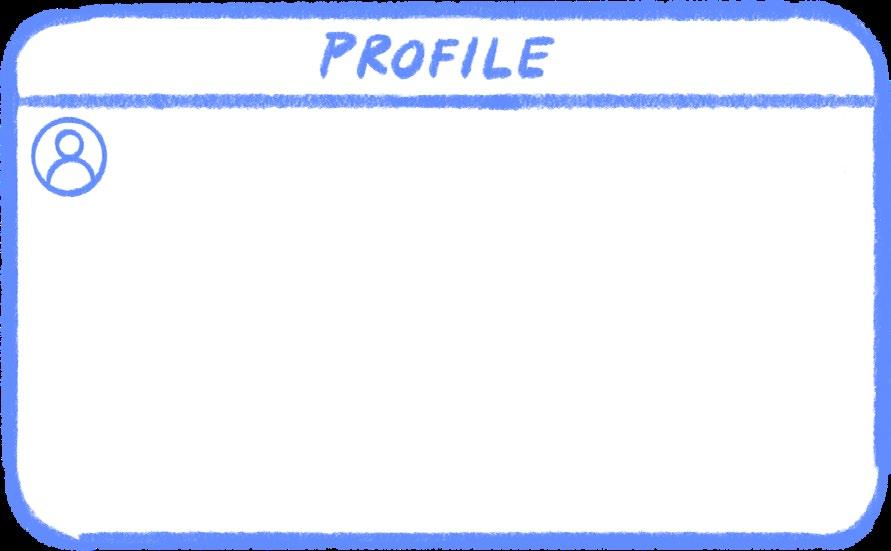
Place of origin: Mykolaiv city
Left Ukraine: April 2022
Family composition: a mother of three children (4, 8, and 10 years old); her husband is in Ukraine serving in the army; other relatives also remain in Ukraine
Occupation in Ukraine: maternity leave
My name is Natalia. I left Ukraine because my hometown Mykolaiv has been heavily attacked since the war's onset. My husband is currently serving with the army in the south of Ukraine. I was really worried about my children and my priority was to ensure their safety. The Mykolaiv administration arranged evacuation buses to Poland, Moldova, and Romania. I found out about the buses online through public social media groups, but the city administration also posted the information on its website.
I came to Moldova because it is close to my hometown and people here understand Ukrainian and Russian. We crossed the border on foot and were met by volunteers, who gave us warm food and SIM cards. Other humanitarian aid was available too, like power banks, food, and hygiene products. There was a refugee camp where people could stay for some time.
We took one of the free buses to Causeni and found the hosting centre for refugees from Ukraine that we had arranged previously through Facebook. The hosting centre was a regular building with a big common kitchen. It was quite crowded initially, but we had a personal room. We used a shared bathroom and toilet. The room didn’t feel very private, as it was quite loud and just next to the toilet. It was hard to find our own accommodation in Causeni; I searched for two months, and some landlords didn’t want to rent to refugees. Eventually I managed to find a three-room apartment, where we are staying now.
When I arrived in Moldova, I had my Ukrainian passport and my children’s birth certificates, but I didn’t have an international passport. Legal consultants at our hosting centre gave me information and supported me financially to register for one with the Ukrainian embassy in Chișinău.

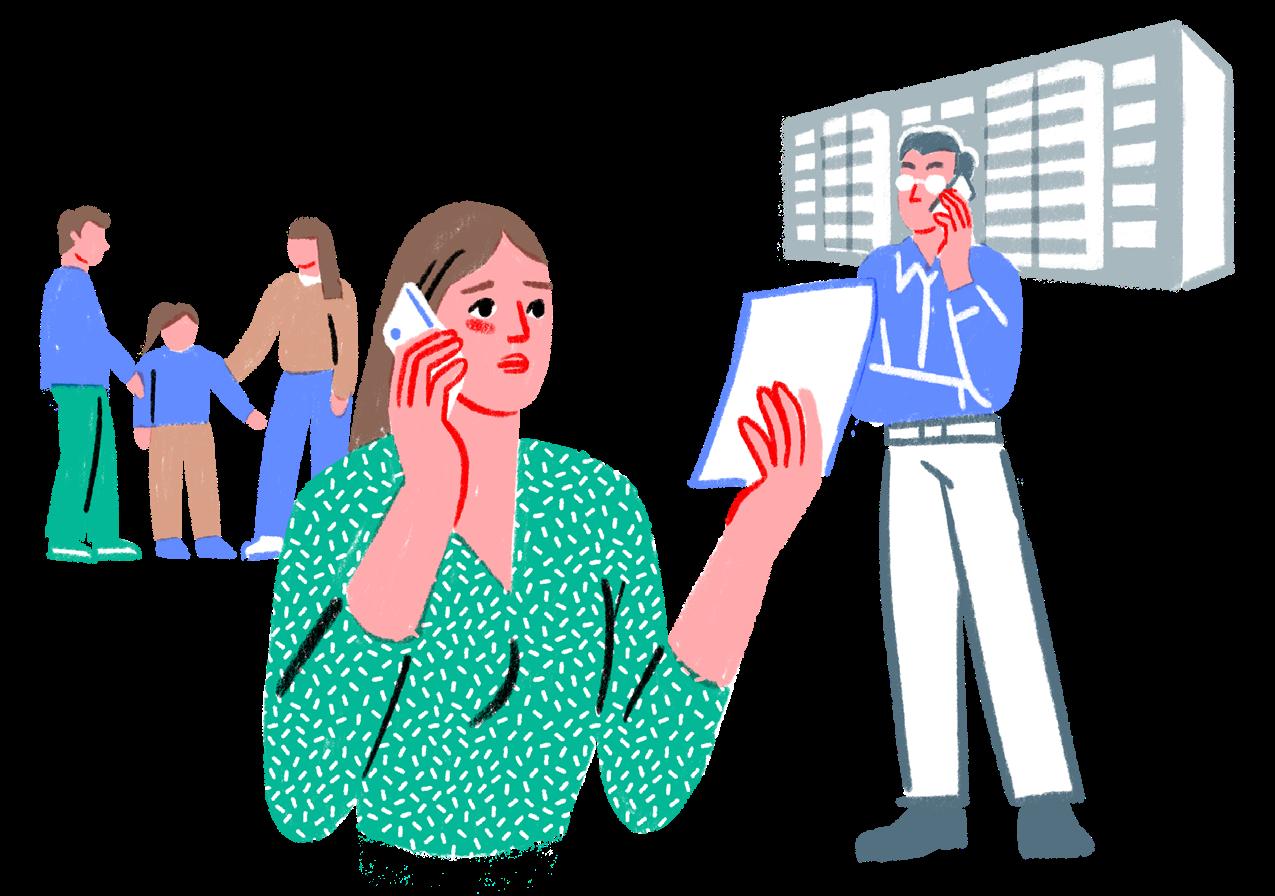

My older children have continued studying online with their Ukrainian school; I had reservations about how well they would adapt to the Moldovan school system, and we’re not sure how long we will stay. As my younger daughter was experiencing a lot of distress upon our arrival in Causeni, she is attending free sessions with a Russian-speaking therapist from Chișinău. She now feels well enough to attend a local kindergarten.
I think this experience has changed me a lot. I have realised how much responsibility I have as a mother. I feel less safe and less sure about my future. But good things have happened here too: I’ve met new people; and I attended baking classes in Chișinău and now have an international certificate as a baker.
I heard about cash assistance from other refugees from Ukraine and found more information online. I called the UN office and they explained how to register.
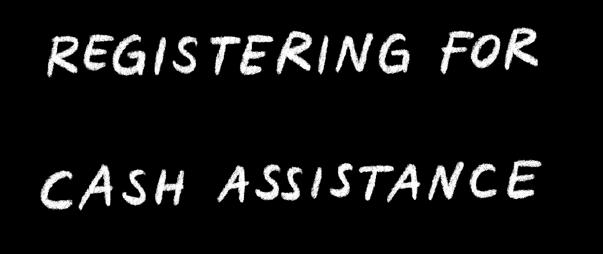

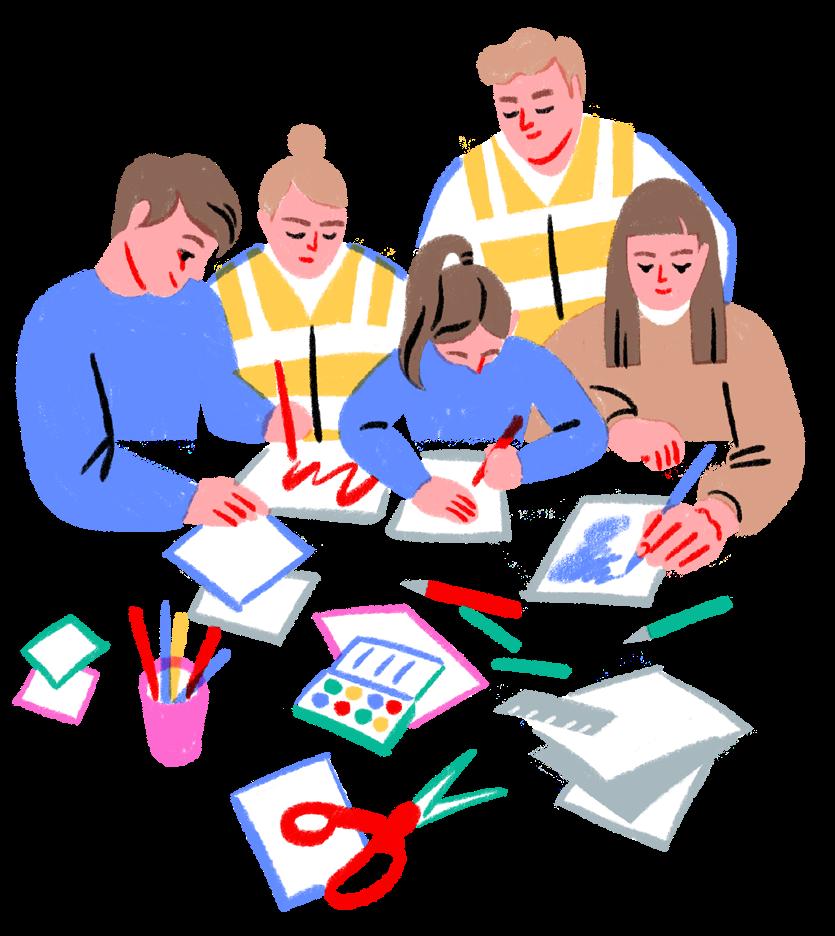
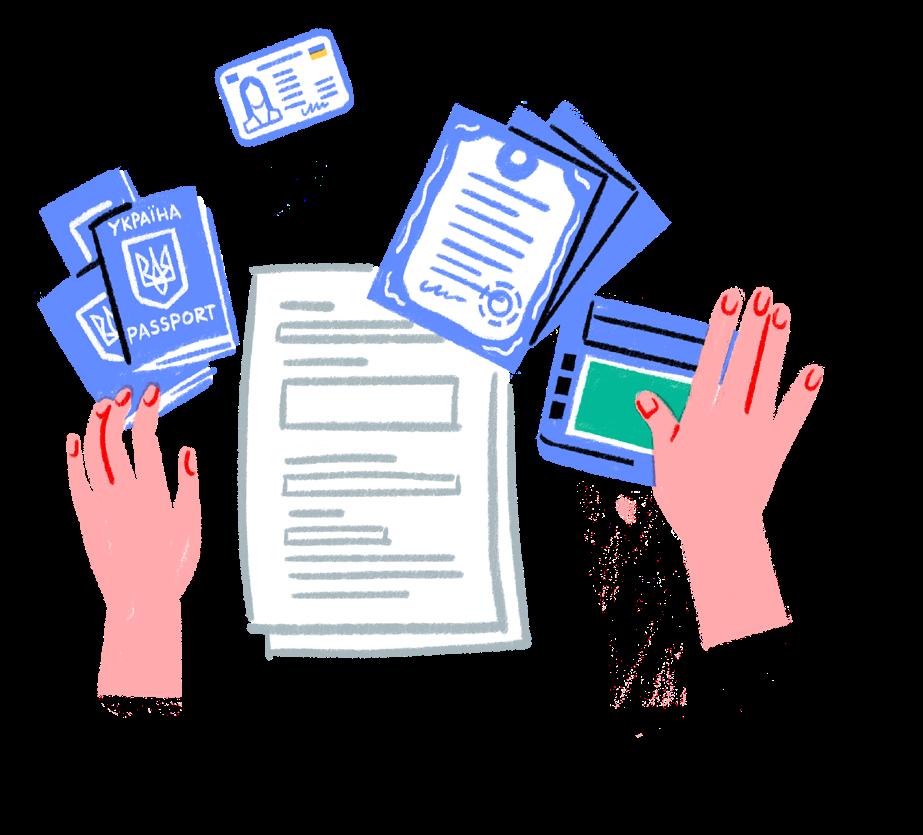
I had to pay for bus tickets to the capital Chișinău to register in person, and I applied for UN cash assistance of 2,200 leu per person. Traveling so far with three kids was exhausting. The UN only recently opened an office in Causeni.
During the registration, we had to show our passports and register our fingerprints. After that, we received a bank card and the first payment within five days. Sometimes the payments are delayed for 10–15 days. The money covers our rent, housing bills, and basic needs. We also receive food packs, but it’s not enough for my children and the quality is poor, so I have to pay for additional food myself.
Our only source of income is my husband’s salary, but food, housing bills, and clothes are way more expensive than in Ukraine.
There are lots of activities and support for children. My kids attend acting classes organised by another Ukrainian refugee in a local culture house. A local library organises a space for Ukrainian children to study online and participate in different activities. A digital centre has laptops and desks for children to study online. There are free dinners, drawing classes, and pizza parties, and the centre is open until 5pm. My children are always busy: they go to school, attend extra-curricular activities, and they have made friends with local Moldovan children. There were also summer camps organised for children.
I tried to report a conflict I had with a humanitarian representative. I reached their hotline, but the phone was answered by the same person with whom I had the conflict with. Then I reported it to the UN hotline, but nothing was done.
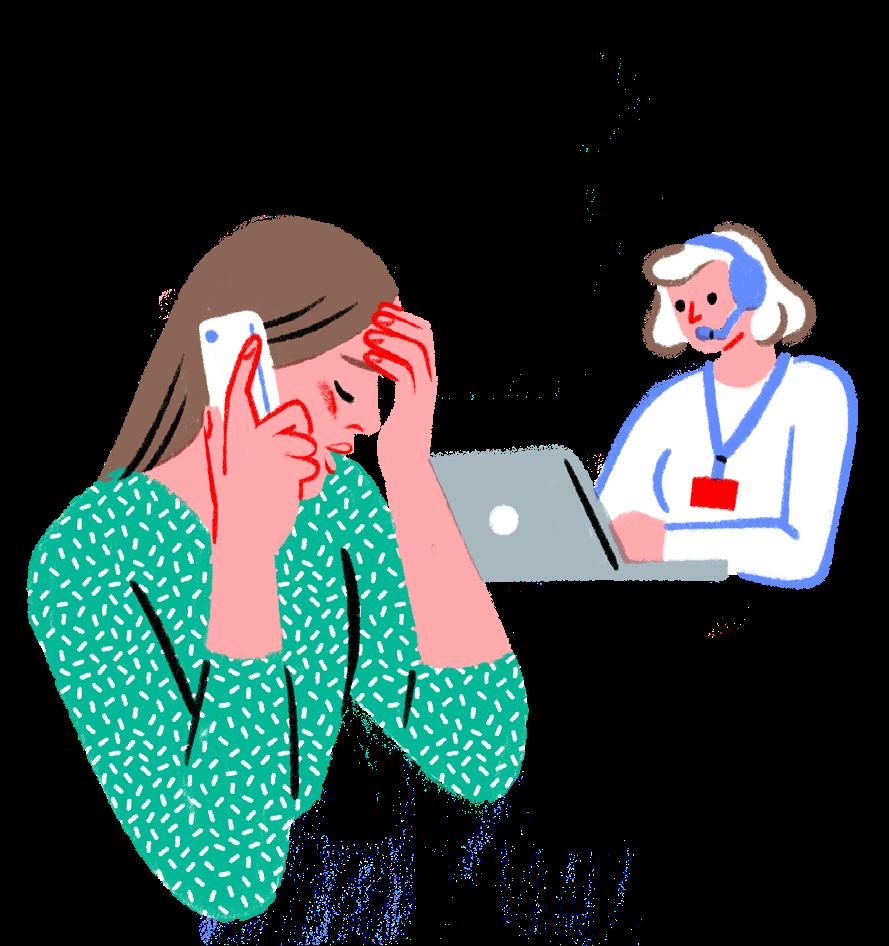

I think we should be able to report inappropriate behaviour by humanitarian organisations. They should also oversee the distributed aid better, to avoid misuse. They need to assess people’s needs first so that aid provision is fair, and people only receive relevant things.
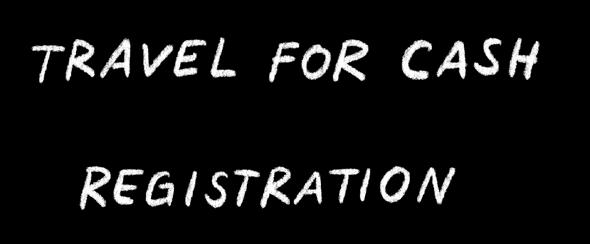
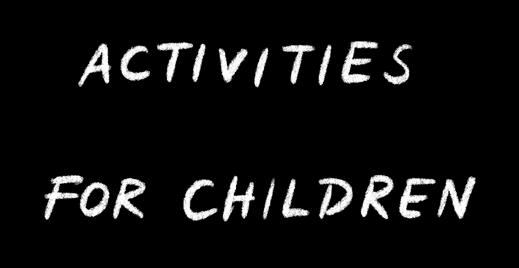

Age: 51
Place of origin: Lyman
Left Ukraine: April 2022
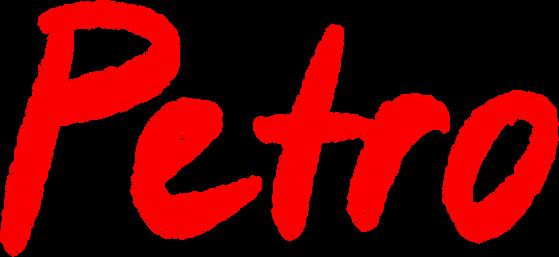
Family composition: single; other family members stayed in Ukraine
Occupation in Ukraine: unemployed
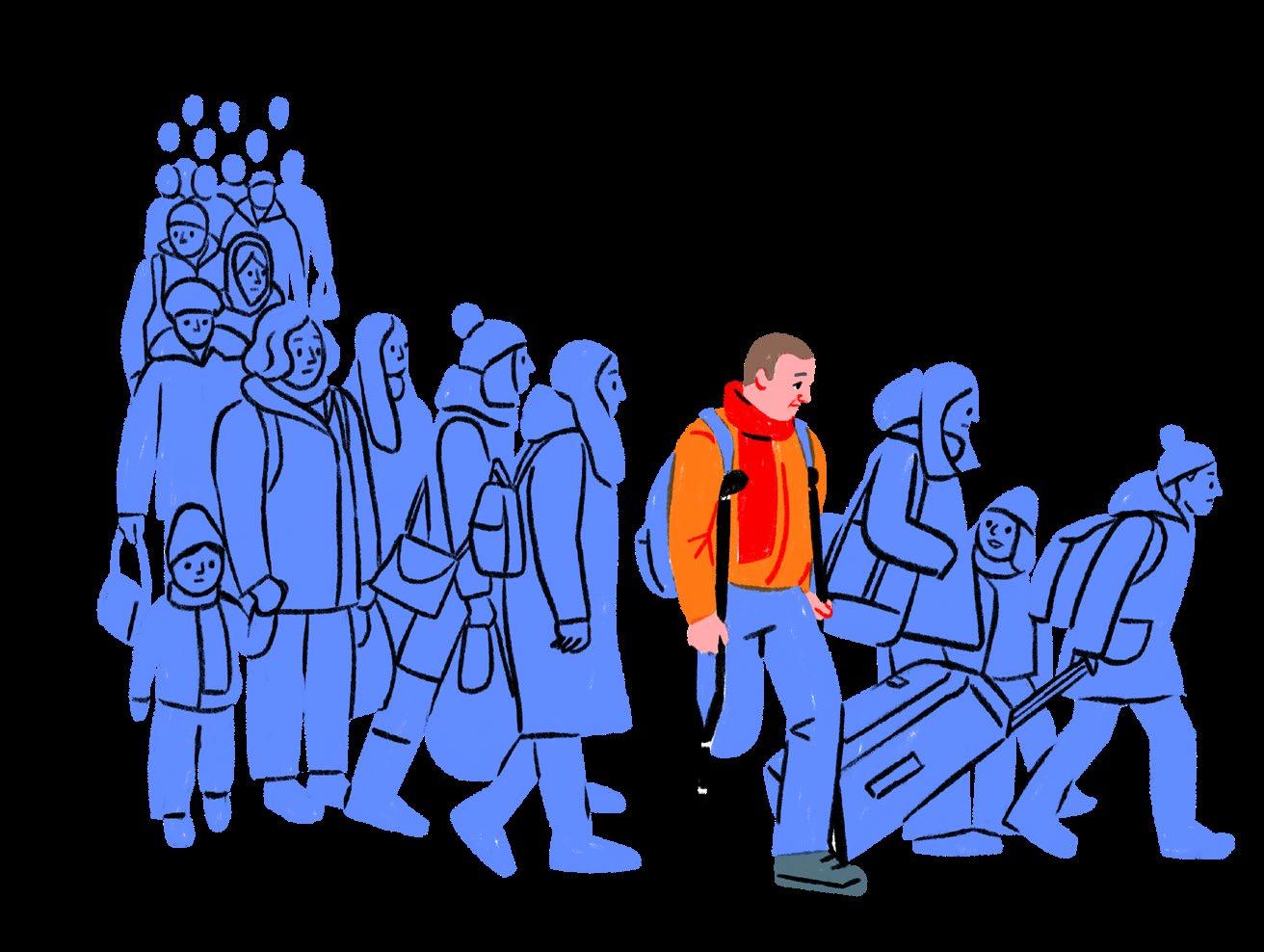
My name is Petro and I have lived my whole life in Ukraine. In 2009, I was seriously injured in a car accident and had my leg amputated. I lost my job, my life changed, and I became more isolated. When the full-scale war started, I was living in my hometown Lyman with my mother. A good friend, who was an activist, asked me to help support people in relocating from war-affected regions. This is how my life became more active again, by helping people coordinate evacuation and find accommodation. I was staying in Lyman and coordinated support through the internet.
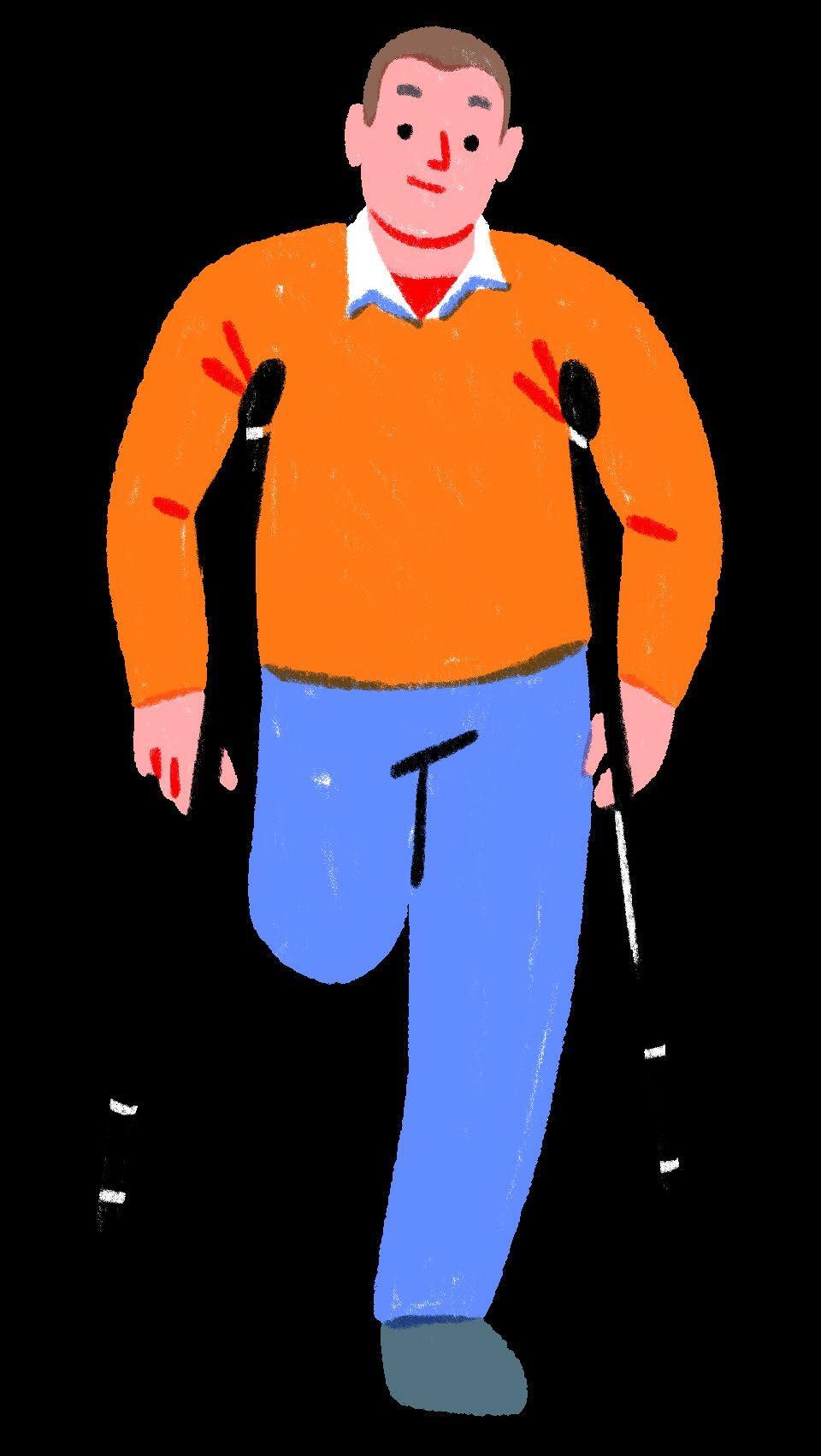
In April 2022, our apartment building was damaged when the bombings became more frequent. We had no electricity or heating, so my mother and I decided to leave Lyman. I went to Mohylev in Dnipropetrovsk oblast and my mother went to Kyiv. I was very hesitant to leave my home; I’m generally uncomfortable with uncertainty and major, rapid changes. In Mohylev, I began as a consultant with an NGO that specialises in supporting people with drug addictions with replacement therapy. Through this, I made lots of new Moldovan friends online. They helped me to relocate and find accommodation in Moldova.
A friend from Dnipro financed my bus journeys to Moldova, initially to Vinnytsia and then to Mohyliv-Podil's'kyi. I crossed the Ukrainian-Moldovan border by taxi, although I had to walk through customs. Across the border, volunteers gave me food and a place to stay for one night. My friends in Moldova found me free accommodation in Balti and helped me reach it from the border. I’m now staying in a hostel in Balti, provided by the Government of Moldova. Two hotels in Balti host refugees from Ukraine for free, including free dinners.
In Balti, I now work with another volunteer from Dnipro to provide help for people arriving from Ukraine in the same way I have. They support people with transportation and finance, and I help people register and find accommodation in Moldova.
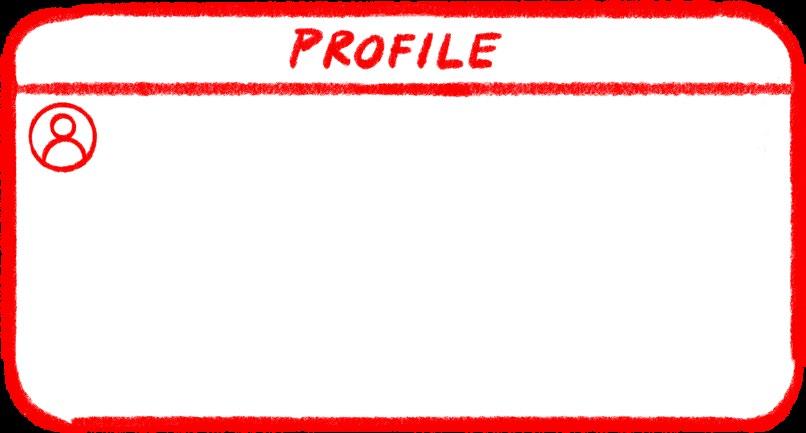
Before moving to Moldova, I used walking sticks. But because of so much walking during the transition –including the pedestrian border crossing – my condition got worse. Three months ago, my leg was suddenly paralysed, so now I have to use a wheelchair. I am lucky to have so many friends here among other Ukrainian refugees, who bring me food and support me with transportation.
I decided to stay in Moldova because most people speak Russian here and I generally feel comfortable. I’m getting used to living here, even though I still have heavy flashbacks about the bombing, especially when I hear loud noises. Lyman was heavily damaged. I do want to return when the war is over, but I feel it isn’t safe to go now.
When I entered Moldova, I received a free SIM card and a place to stay for one night. When I arrived at the hostel in Balti, I received a hygiene box with shower gel, shaving foam, bedding, and clothes. I also got a bank card to receive humanitarian payments of 2,200 leu per month, with a monthly top-up of 700 leu for the winter. I save money as much as possible and support my relatives in Ukraine. Any financial support is important.
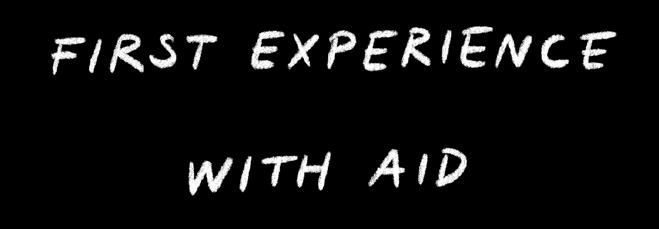
When my leg became paralysed, I received a wheelchair from a local NGO for persons with disabilities, delivered by volunteers to my shelter. To access aid distributed in the humanitarian centres, I need assistance with transportation. There are three humanitarian centres for refugees from Ukraine in Balti where it is possible to receive food and hygiene packs. The distribution is fast and well-organised; it usually takes 15 minutes at most once I reach the centre, but I find it hard to get there as public transport is so difficult for me to take. Sometimes local volunteers organise special vehicles for me, but I mostly use taxis.
At first, it was hard to get medical help and I was denied hospitalisation. Then I found an organisation that provided support from neurologists, psychiatrists, dentists, and other specialists. They arranged an appointment with a neurologist, and I received some free medication. Recently I also had a doctor’s appointment in the Balti city hospital and an MRI in Chișinău, which was free and fully organised by Ukrainian volunteers.
A nurse in the humanitarian centre I visit sometimes provides basic medicine for free. She is often absent, so I usually buy medicine myself. Free access to medicine would be great, as I need a lot of medication.


I feel very grateful to Moldovan people and thankful for all the support I receive here. People are really friendly and kind. I think it would be a good idea for volunteers in Moldova to undergo training in supporting people with disabilities with delivering food, transportation and other services.
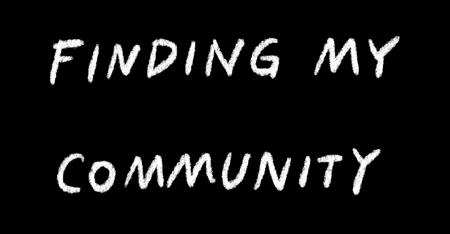
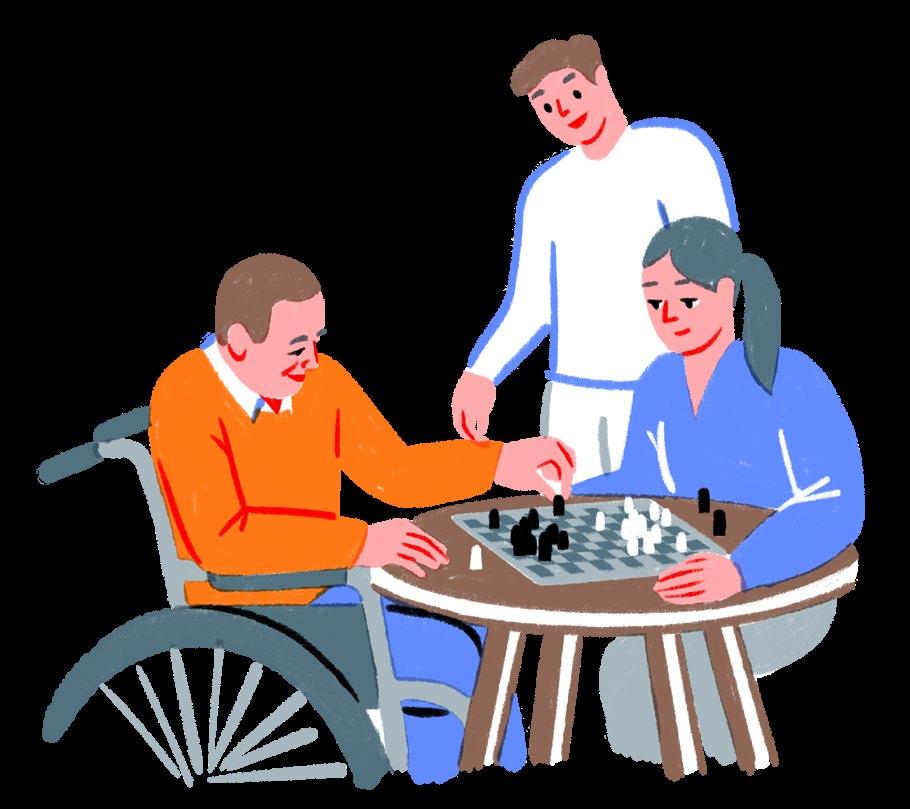
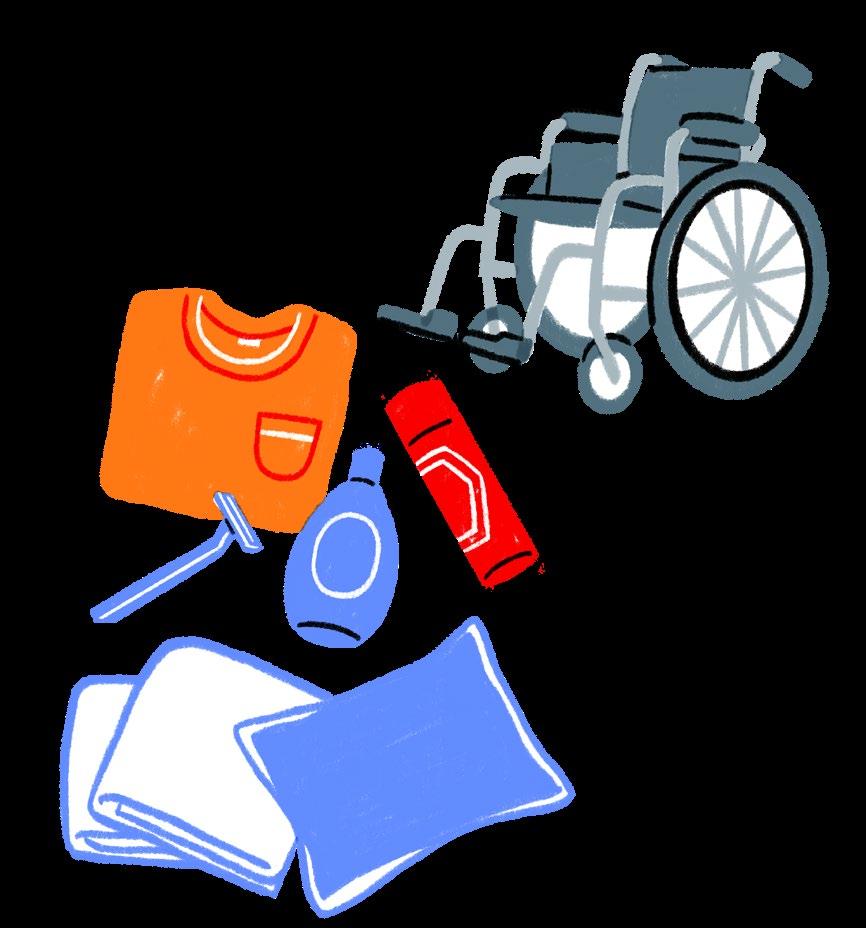
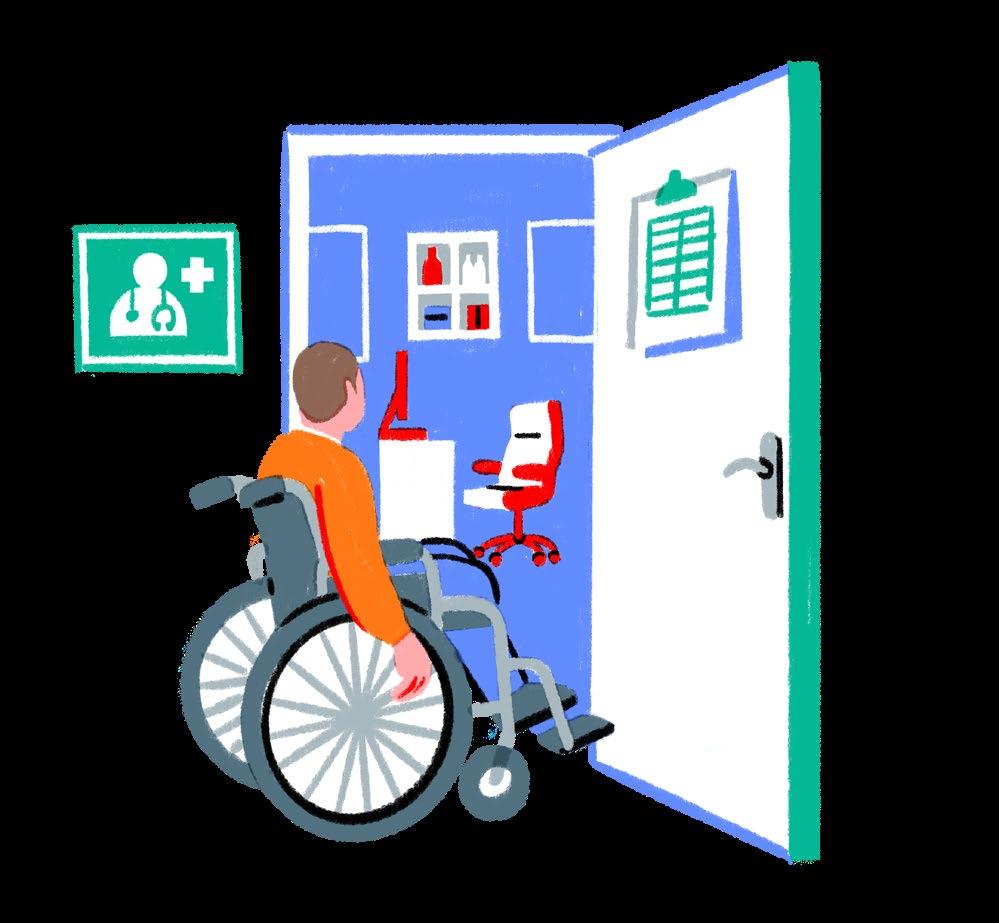
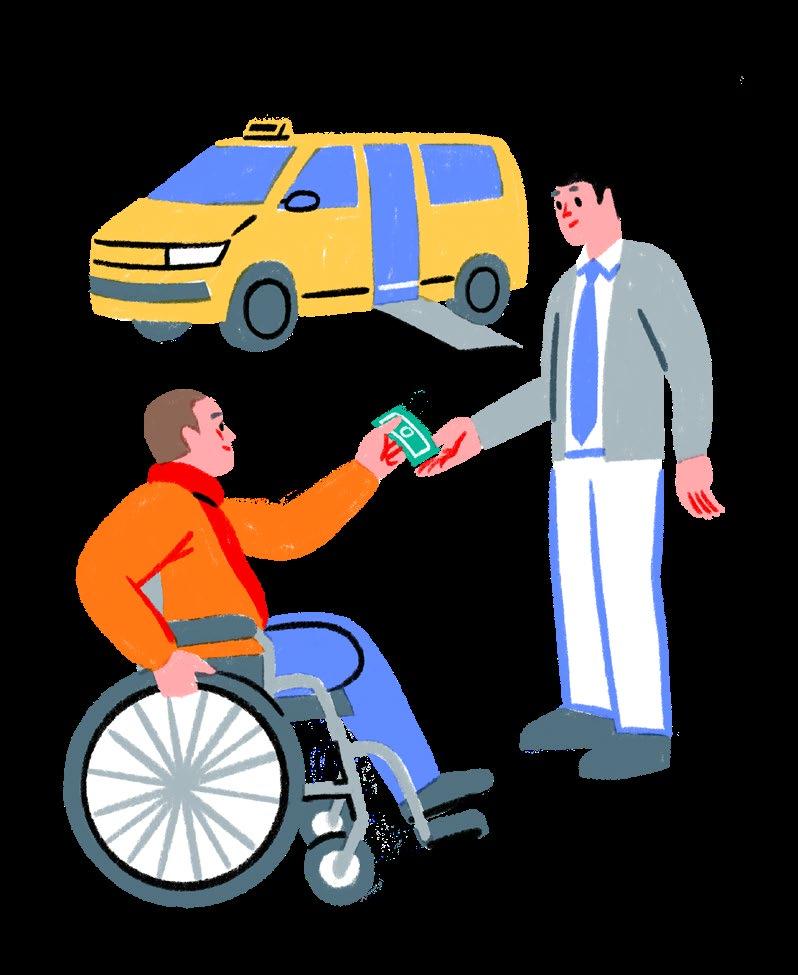

Age: 19
Place of origin: Bucha

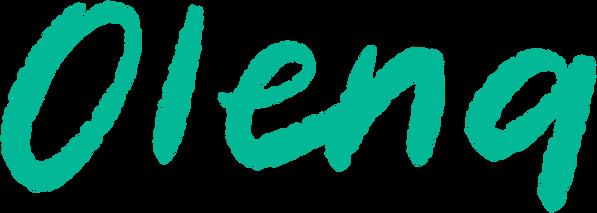
Left Ukraine: December 2022
Family composition: in Moldova with the family of her older brother; parents are in Kyiv oblast and grandparents are in the occupied territories
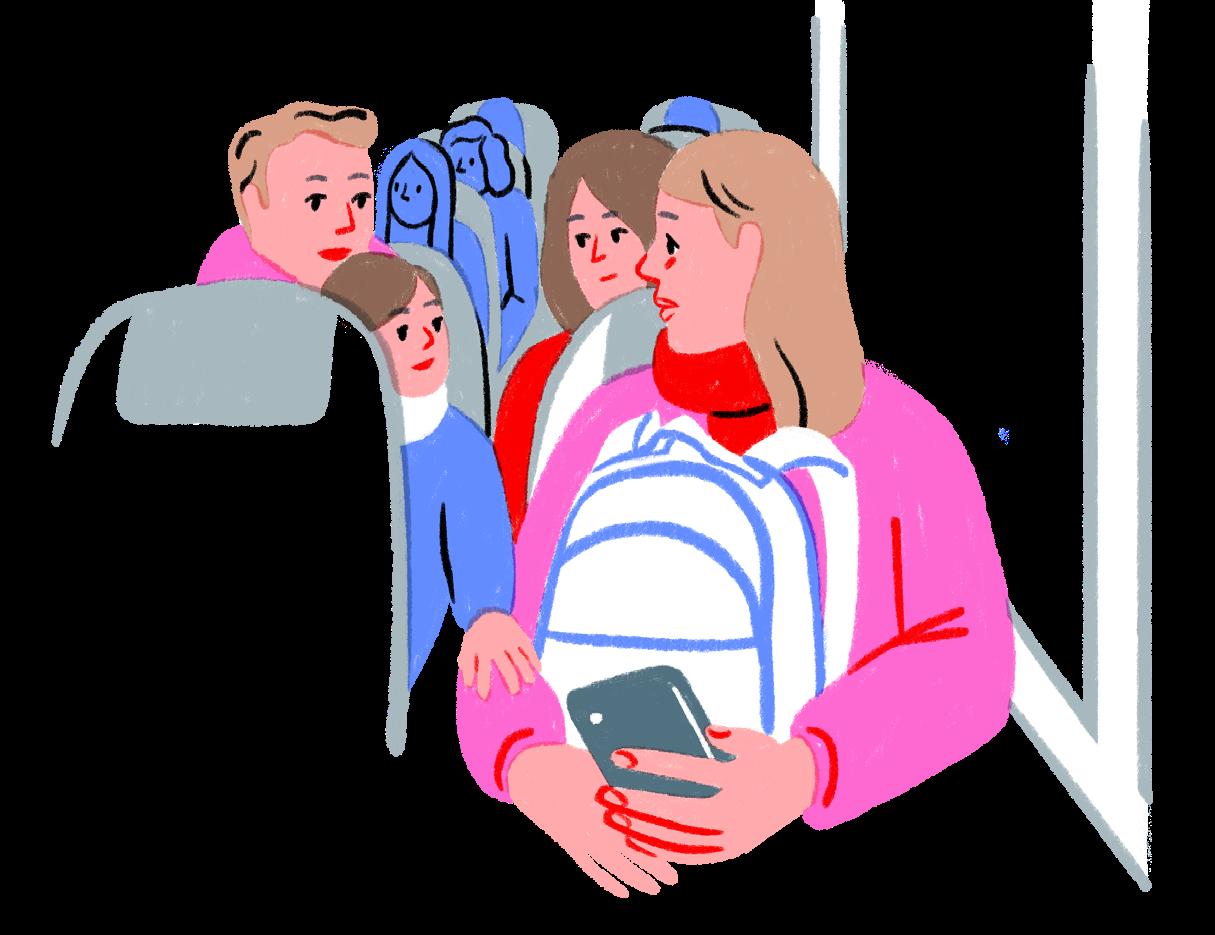
Occupation in Ukraine: university student

I’m Olena. Before the full-scale invasion, I lived alone in a rented apartment in Bucha and was studying at the university. When the war started, my brother decided to leave with his family and I wanted to go with him. Our homes were affected by blackouts due to heavy shelling of the energy facilities. I was unable to study because of everything that was happening. We left Ukraine in December 2022. We took a bus to the border with Moldova and crossed by foot. Then we took a free bus to Chișinău. We stayed at a refugee centre in Chișinău but left after four days as the conditions were poor.
Volunteers told us conditions could be better in Edinet so we travelled there by regular bus from Chișinău. When we arrived, we registered at the municipality and received a certificate and bank cards, with which we receive monthly humanitarian cash assistance. We currently live in a refugee centre, a big building with a registration area and furnished rooms. I share a room with other refugees from Ukraine. My brother lives in another room with his family. We receive free meals at the centre. I also received a hygiene pack when I arrived in Moldova, and a certificate of 1,000 leu to buy medicine back in December.
I didn’t apply for a temporary protection visa but I did register upon arrival at the municipality. I needed to provide my international passport and leave my fingerprints and picture in order to receive a local bank card. I received a certificate with my personal information and contact details. Two weeks later, I received a bank card for humanitarian payments. We found information about the humanitarian cash assistance from a leaflet that I received at the Moldovan border.
I feel safe here in Edinet, but I want to go back home. It’s a small city, not much happens here, and I miss my friends and family. I’m currently continuing my education online to become an English and Turkish language teacher. I don’t attend group classes or anything like that; I haven’t heard of such things in Edinet. I spend most of my time with my brother and his family here and my university friends online. I plan to stay in Moldova for now and return to Ukraine once the war is over. My whole life is in Ukraine.
To register for cash assistance, we had to go to Dondușeni, which is 40km from Edinet. We used our municipality certificate to apply for the humanitarian cash-assistance from the UN. This isn’t really convenient, especially for people who live so far away, but the process in Edinet was well organised. I receive 2,200 leu each month, which is sufficient for me since I do not have to pay for accommodation. The payments cover some food and very basic things and services, but it would not cover rent if I wanted a room or an apartment. Receiving humanitarian aid is new to me; I never needed it before. I feel grateful for all the support I receive. I needed some time to get used to asking for humanitarian aid. After some time, I think lots of people start to rely on humanitarian aid, but I don’t wish to become aid-dependent.
I am a manicurist; this is how I support myself while I study and where my income comes from. Delays with humanitarian payments mean that I need additional, unofficial work after my university lectures to ensure I can cover my needs, like food and clothes. I think humanitarian aid should be provided regularly without long delays, so we can plan our expenses. People should know when they can expect to receive payments.
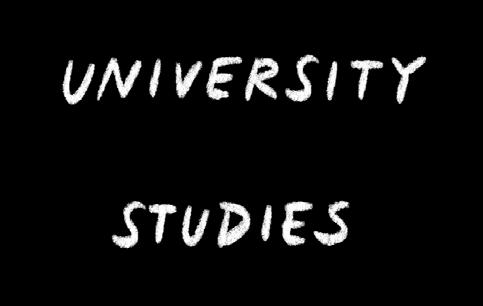
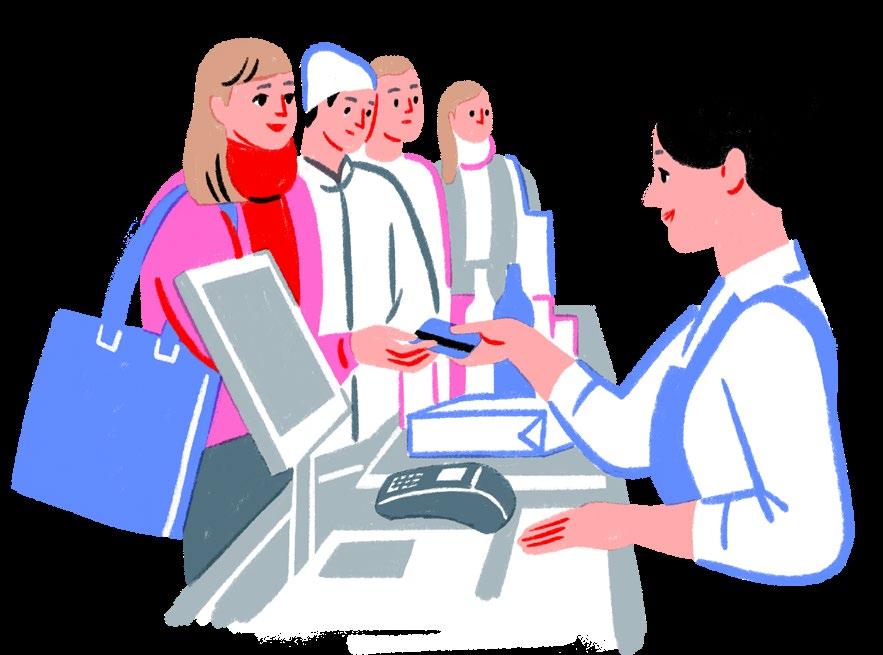
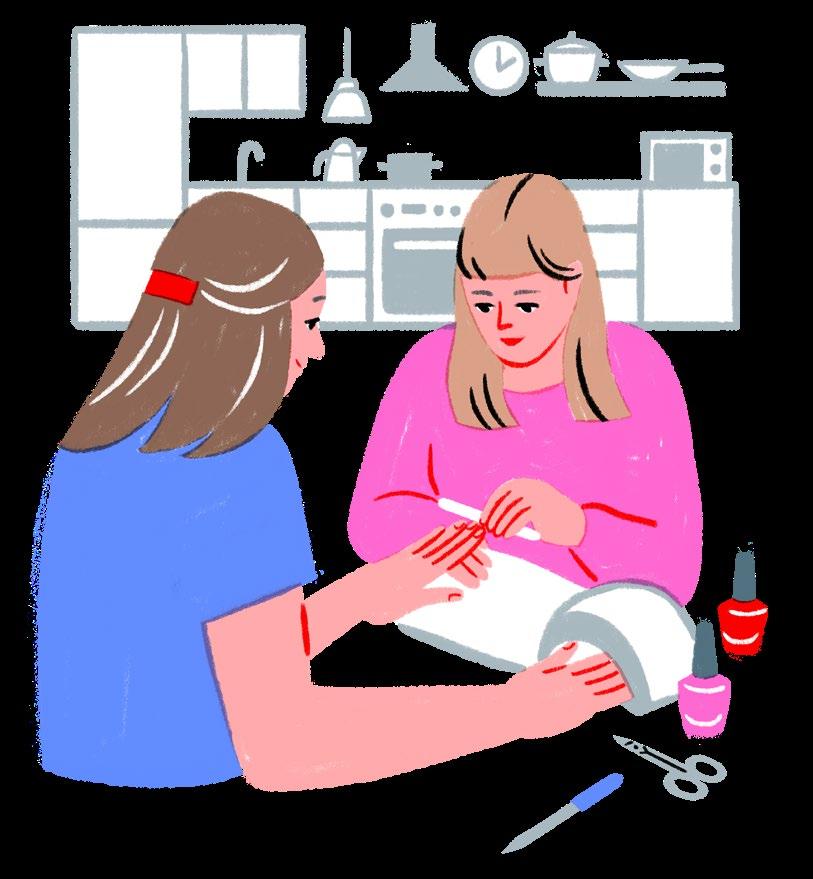
In the humanitarian centre, an Italian organisation gave me a tablet to continue my online studies. I used to volunteer with this organisation as an English-language teacher for Ukrainian refugees. Because I am studying online at a Ukrainian university to become an English and Turkish language teacher, I used the opportunity to gain some work experience. The majority of humanitarian aid I see in Moldova is provided by foreign humanitarian organisations. Moldova itself does not provide much humanitarian support to Ukrainians.

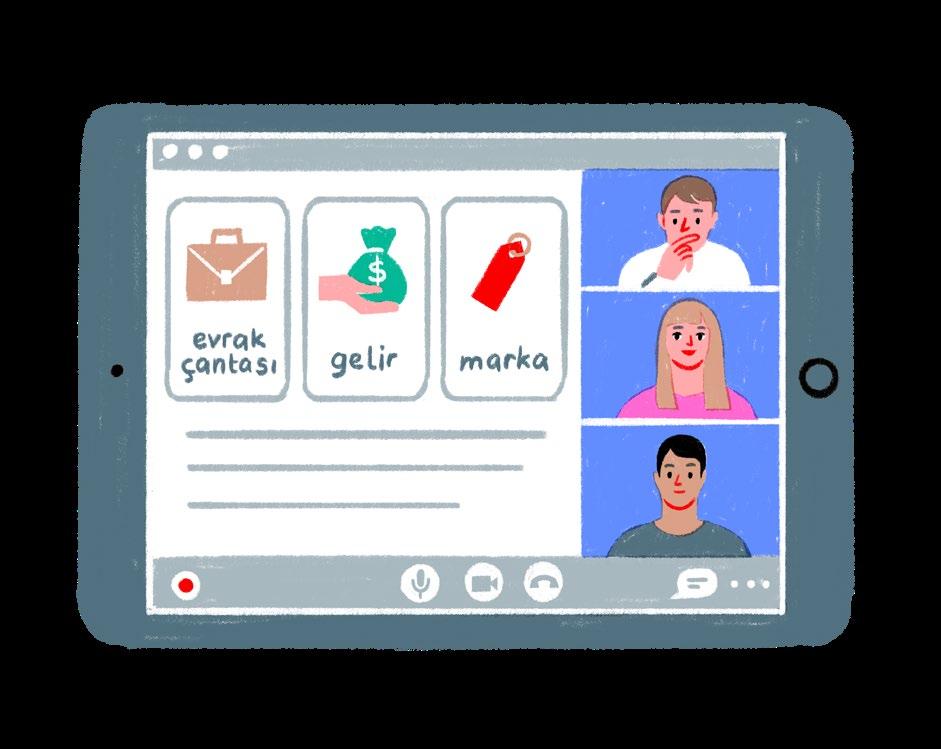


Mentally, I find living in a refugee centre difficult, as I have no personal space and I would appreciate some quiet for my studies. Even host families – who take in Ukrainian refugees for free –can have seven or eight people in one apartment, which is too many. I think young people need opportunities to learn languages and socialise. In this small town, there is nothing social to do with likeminded young people. We need more opportunities to learn, stay busy and socialise; this is important for our mental health and growth.


Engage with people from Ukraine to better understand their specific needs and cater to their vulnerabilities.
Provide training to humanitarian staff on working with persons with disabilities.
Create youth hubs, where young people can socialise, learn, and connect with peers of their own age.
Provide psycho-social support services, especially for young people who have difficulties to cope with their new environment.
Provide employment and career development support for women with children, especially in non-capital or remote locations.
Ensure that feedback and complaint mechanisms are working and ensure opportunity for aid recipients to properly report inappropriate actions of local humanitarian aid providers.
Improve transparency of aid providers, and make sure funds are not being misused.
I think humanitarian aid providers need to study people’s needs before providing humanitarian aid to make sure they only give necessary things.
– Natalia, MoldovaIt would be good if Ukrainian women in smaller cities in Moldova had more opportunities to attend classes or courses to find a job. There is nothing like that in Causeni, these courses are only available in Chișinău.
– Natalia, Moldova
I think humanitarian aid providers have to be controlled better and their activity has to be reported properly to sponsors. International organisations provide humanitarian aid for further distributions to city administrations, and it happens often that a big part of it is being misused.
– Natalia, Moldova






In Romania, over 130,000 refugees from Ukraine had been granted temporary protection status as of 1 May 2023 under the Temporary Protection Directive,42 which provides refugees with access to national systems and services such as education, health, housing, and social services; and access to employment services.43 Children compose roughly one-third of refugees from Ukraine in Romania. Over 90% of refugees from Ukraine under temporary protection live in urban and peri-urban areas, primarily in private accommodation among host communities. However, the dispersed nature of housing and lack of precise residence data is a challenge that means population statistics should be read with caution.
The Romanian government runs the 50/20 programme44, a scheme to provide Romanian citizens who shelter Ukrainian refugees monthly payments of 50 lei45 per person per day for shelter and 20
UNHCR.
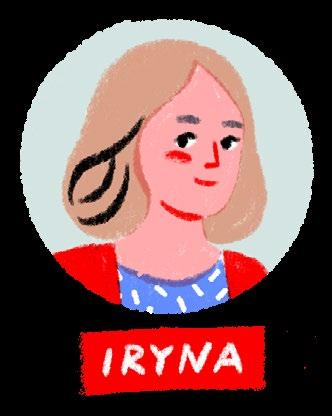
lei46 per person per day for food. The government also offers accommodation for refugees from Ukraine in Regional Reception Centres.47 The centres are located in the cities of Timisia, Suceava, Tulcea, Maramures, and in the capital Bucharest. Accommodation and meals in the centres are free of charge.
Refugees from Ukraine in Moldova receive cash assistance, food, clothing, and psychosocial support from UN agencies, international and local NGOs, the Red Cross Red Crescent, and faithbased organisations. Of school-aged refugee children, 14% are registered in official schools; only 15% of working-age Ukrainian nationals are formally employed in Romania. Approximately 25% of refugees report barriers to accessing health services, mainly due to lack of information and language barriers.48
46 UNHCR. 2023. “Rights and duties of asylum seekers”.
20 lei is equivalent to 4 EUR, on the date of writing this report.
47 UNHCR–Reach. November 2022. “Romania – Multi-Sector Needs Assessment (MSNA), key preliminary findings”.
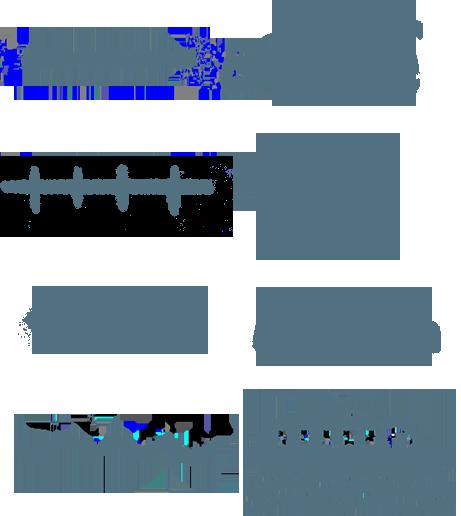

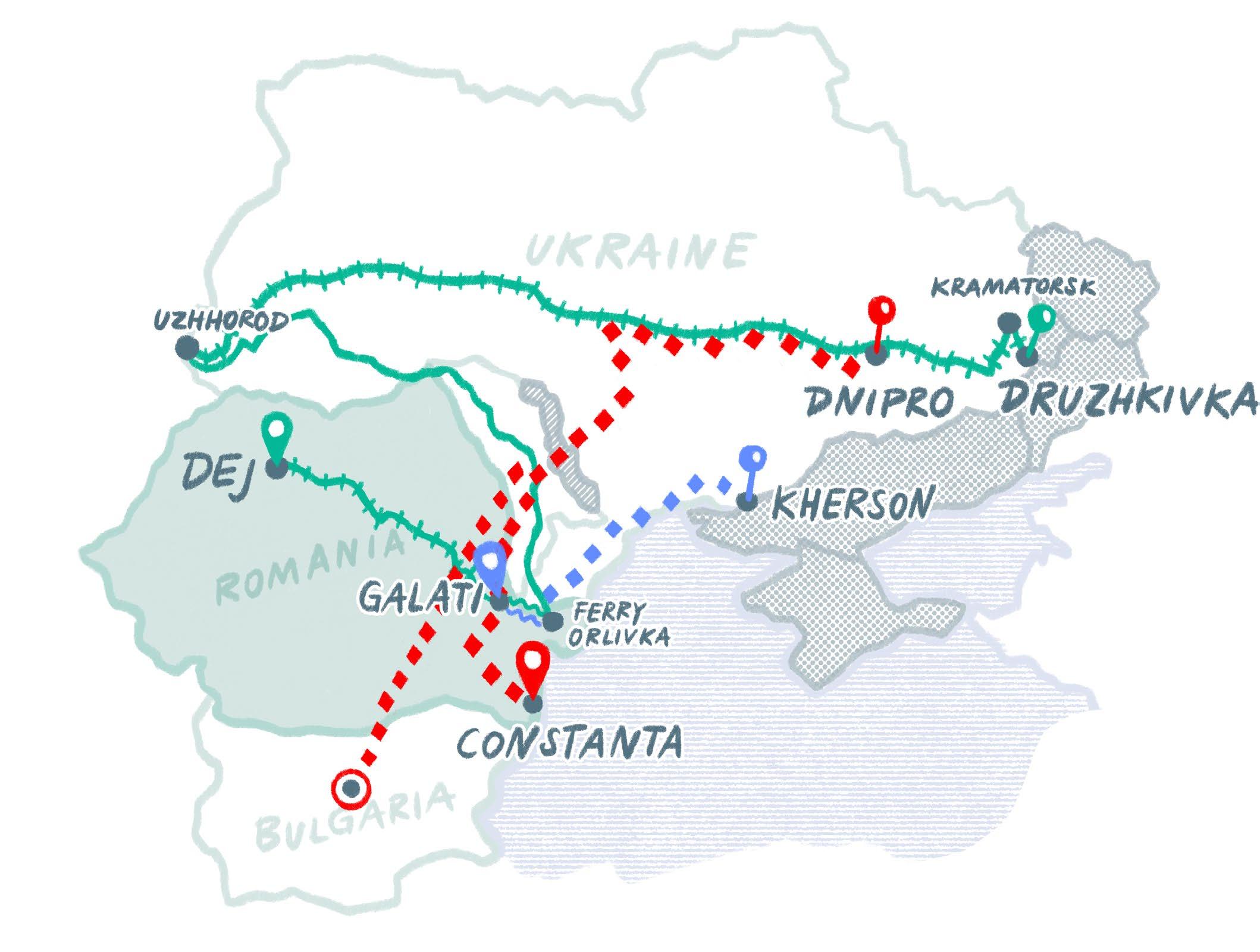
48

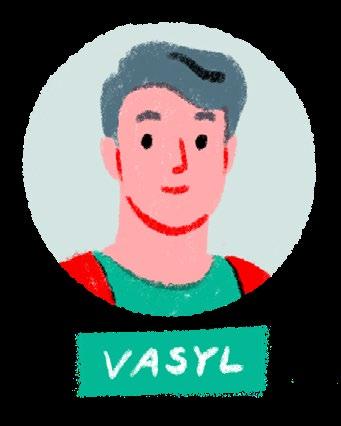
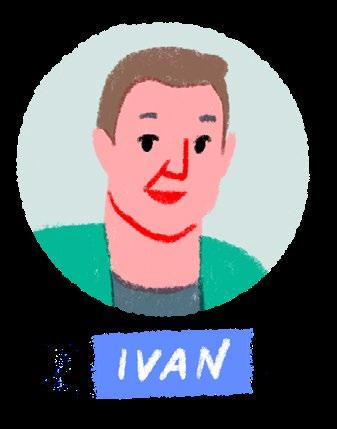
In Romania we interviewed young people, women with children, and persons with disabilities.
Galati is a region bordering Moldova. Close to 6,000 refugees from Ukraine make up to almost 5% of Romania’s total population.49 Galati has a refugee centre, but it currently accommodates no refugees from Ukraine. The local authorities provide temporary accommodation that currently hosts 250 people, but most people have already found other places to stay.50 In Galati, we talked to persons with disabilities.
Constanta is a region with the second-largest number of refugees from Ukraine in Romania. It borders Bulgaria, however the distance to the city of Izmail (Odesa oblast, Ukraine) is only 200 km. Constanta hosts approximately 6,500 refugees from Ukraine.51 At present, of around 1,500 of school aged children, 450 children between 3- and 17-years old attend school in the region.52 In Constanta, we talked to women with children.
Ukrainian refugees were granted status under the Temporary Protection Directive as of May 2023
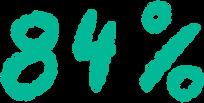
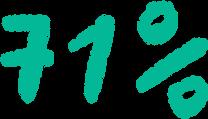
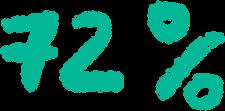
Dej is a small town, 60 km from the western capital of Romania, Cluj-Napoca, in Cluj County. The town administers four villages: Ocna Dejului, Peștera, Pintic, and Somcuta Mic. Dej lies at the crossroads of important railways. In 2022–2023, its population reached 38,000. Approximately 1,000 refugees from Ukraine have moved to Dej. Despite the relatively high number of refugees, there is no volunteer centre in the town. In Dej, we talked to young people.

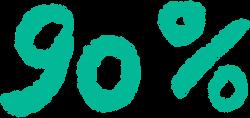
Viata Libera. January 2023. “Less than 600 Ukrainians took refuge in Galati” 49 UNHCR. June 2022. “Romania: Overview of Temporary Protection Directive”. 51 Ibid.
Cuget Liber. December 2022. “The children of refugees in Constanța benefit from largest educational project”.

Most of the assistance provided through
Cash Housing
Food

Cash Non-food items

of Ukrainian refugees live in urban and periurban areas aid received from UN and UN-related organisations

Age: 55
Place of origin: Kherson
Left Ukraine: March 2022
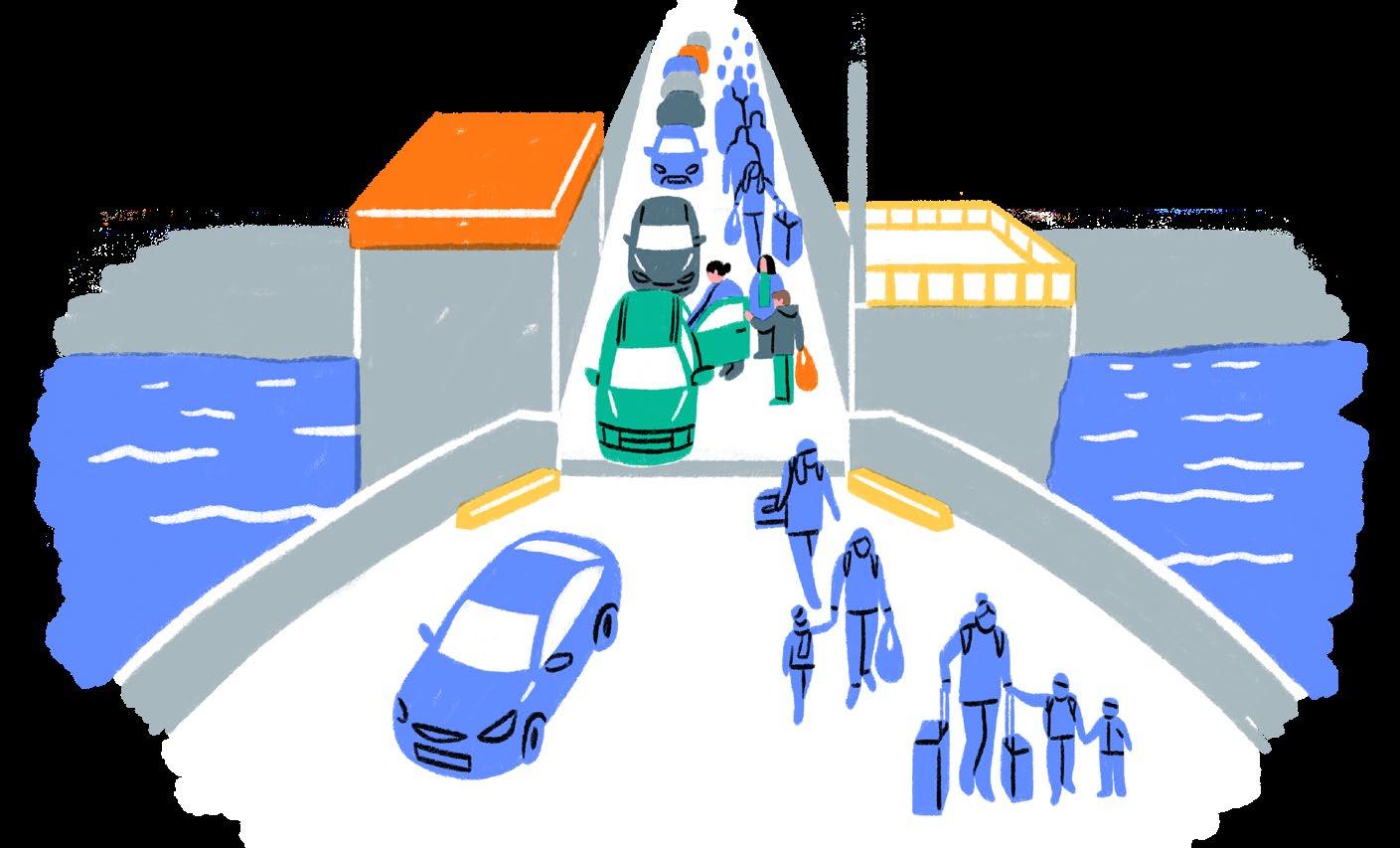
Family composition: left Ukraine with his wife and two children (10 and 12 years old); his wife is his official caregiver
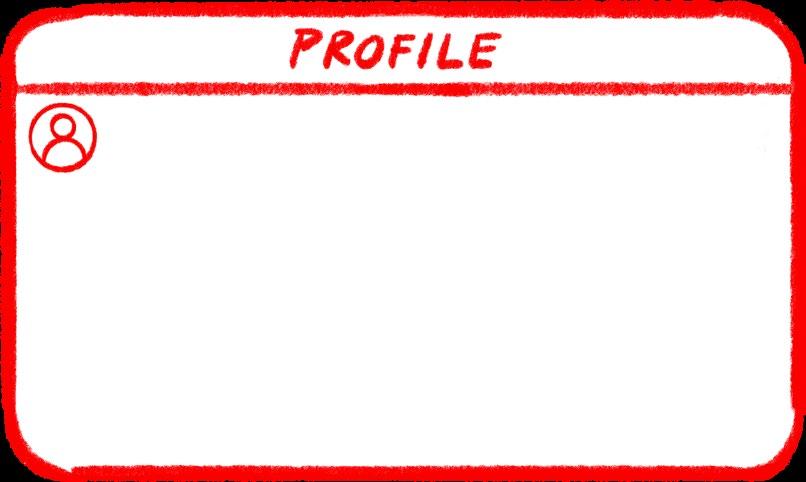
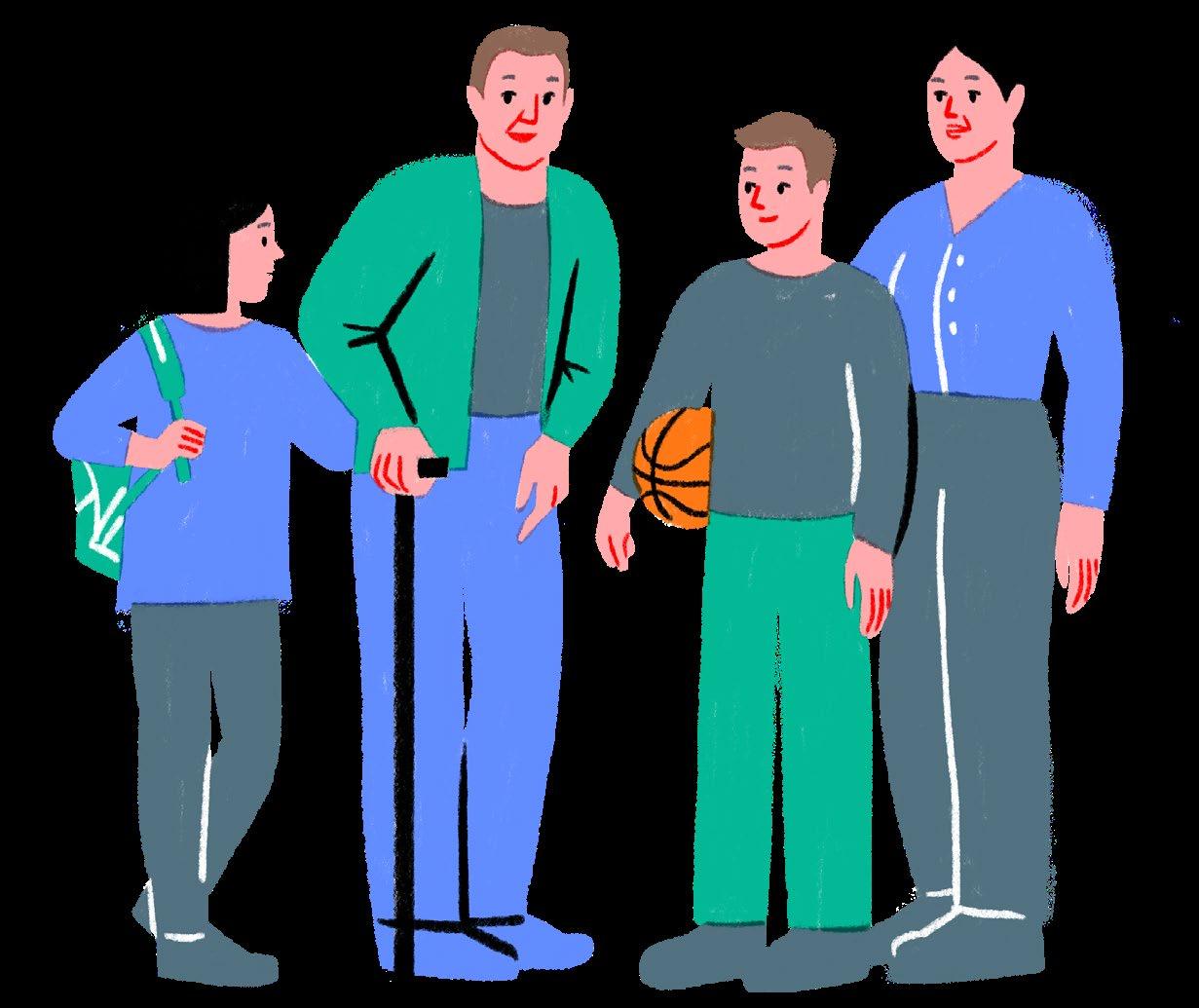
Occupation in Ukraine: employed
My name is Ivan; I have a wife and two children – a daughter and son. I have Parkinson's disease and due to my illness and disability, I regularly require a lot of medicine. When the war in Ukraine started in 2022, specific medication I need became extremely hard to obtain. My home city Kherson was occupied, and the pharmacies couldn’t deliver anything to the city. Living in an occupied city was hard and scary. All city areas were strictly controlled and checked by Russian soldiers, and the whole city was under curfew.
A friend advised us to move to Romania, as he said there were many opportunities for safe accommodation here. It took us over a day to leave the occupied city. I believe we were just lucky that we managed to leave. We had no mobile connection to navigate ourselves during the trip. I cannot describe how happy I felt when we reached Ukraine-controlled territory.
We first drove by car to the Izmail region in Odesa. Then we took a ferry to Galati. The ferry was comfortable and there were no issues with crossing the border. A lot of humanitarian aid, including free meals, was available on board.
When we arrived in Galati, we lived in a dormitory for a couple of months. I found the information via Facebook while we were on the ferry. However, with my health condition it was not very comfortable. I need some quiet space for myself. Since June 2022, we have lived in our own apartment.
My condition sometimes confuses people, but generally we don’t experience negative attitudes from people in Romania. The only issue is the language barrier. I feel comfortable living in Galati; there are lots of Ukrainians and there is a Ukrainian school for my children. My daughter attends classes at a local school in Galati, and my son attends Ukrainian school online and goes to a sports school in Galati. We do not plan to stay long in Romania, but I don’t know when I will be able to return to Ukraine. We all want to go back to Kherson, but I’m not sure if it will be safe enough.
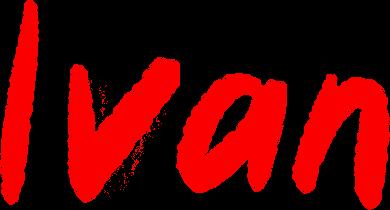
We have temporary protection visas, which are necessary to access regular medical services. To get them, we had to visit a special administration centre in Bucharest. There we learned about our rights, in Ukrainian; they took our pictures and fingerprints and gave us the visas. When I arrived in Romania, I had my passport and disability certificate and some medical documents. We now have all these documents translated into Romanian, thanks to a local volunteer who we found via WhatsApp and Telegram groups for Ukrainians in Galati. He is a local activist, and I don’t know if he’s affiliated to any organisation. He supports us a lot with translation and shares information about available aid at the local humanitarian centre.
We live in a private apartment in Galati. It is basic, with a kitchen and bathroom. We got the apartment free through the 50/20 programme that financially supports people who host refugees from Ukraine. A local volunteer helped us find an apartment. The 50/20 programme gives 50 Romanian leu per person per day to people who offer their apartment to refugees from Ukraine. To be honest, sometimes I feel some discrimination as a Ukrainian refugee. I have seen hateful posts on the internet. Some people are mad about the 50/20 programme and say the government does not pay them on time for hosting Ukrainians.
We do not plan to stay in Romania for a long time and want to return to Ukraine as soon as we can. If there are issues with our free accommodation in Romania, we will leave earlier. We all want to go back to Kherson.

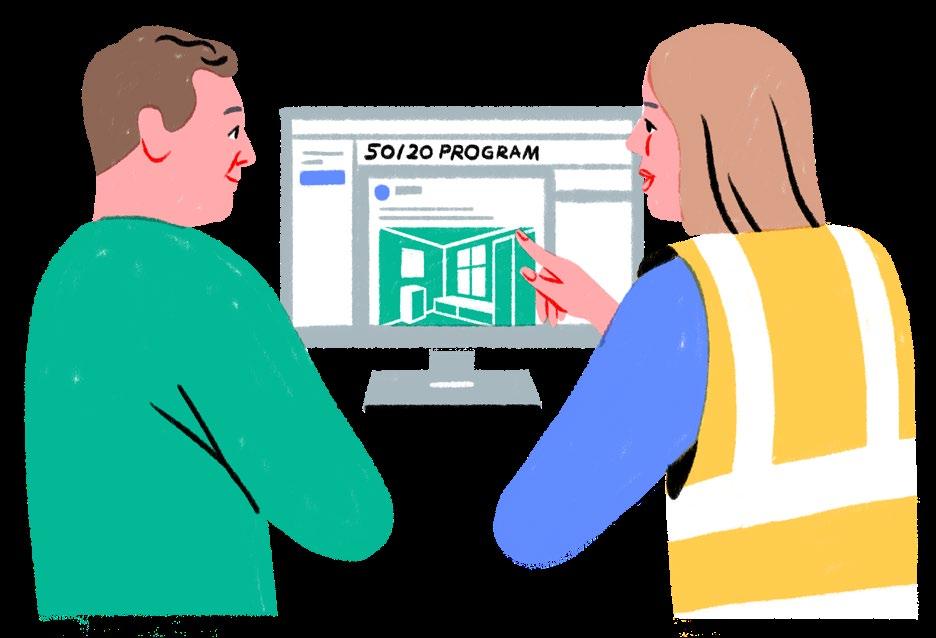

We all receive monthly humanitarian payments and I receive additional financial support and vouchers as a person with a disability, which are paid to us via MoneyGram because we don’t have a Romanian bank account. We have received vouchers for groceries and clothes worth 200 leu per person. As we come from an occupied region, we are eligible for additional food vouchers. My children also received vouchers for winter.
I needed to undergo a medical examination in Romania to receive free medicine. Now I get medication with a prescription from a neurologist. Sometimes I don’t think it’s clear how aid works or how humanitarians distribute aid. I would say that the current demand is bigger than the supply.


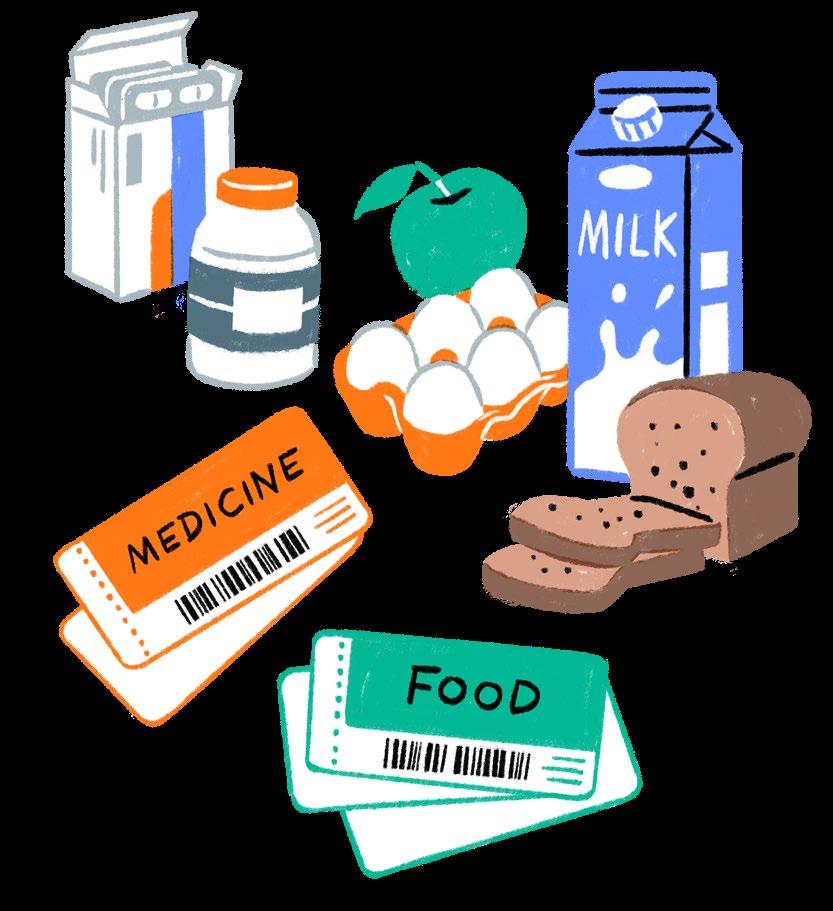

There is a priest in a local church, who was really kind to us, he gave us smartphones when he found we had none and my son needs a smartphone to study in Ukraine online.
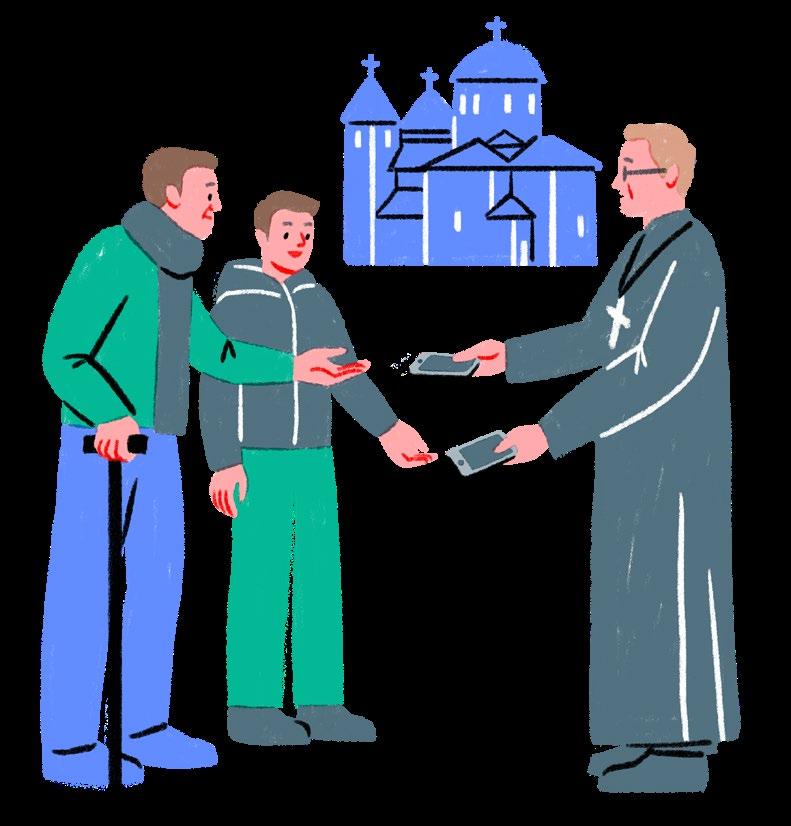
Despite a lot of information having been published by Romanian officials regarding humanitarian aid for Ukrainian refugees, I think it is still hard to find clear details about it. The information is often outdated or incorrect. There were situations when I found information of humanitarian services available for disabled people from my friends, not from organisations representatives. There are also a lot of people in need of humanitarian aid, so I have to monitor this information regularly on the Internet so as not to miss something.
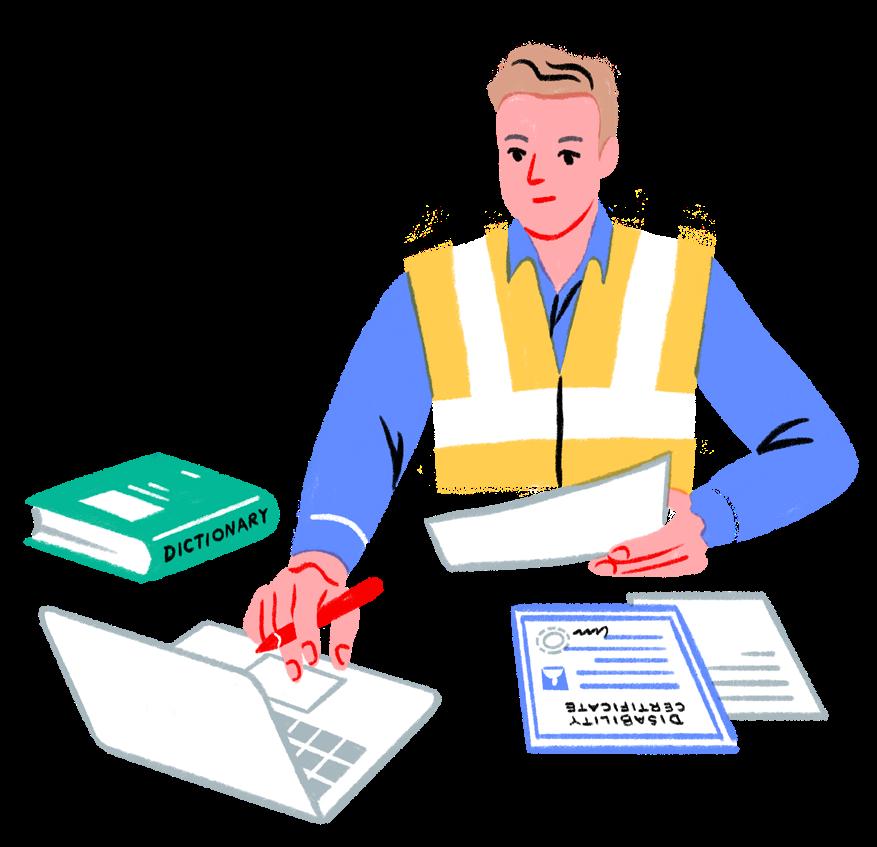
Age: 45
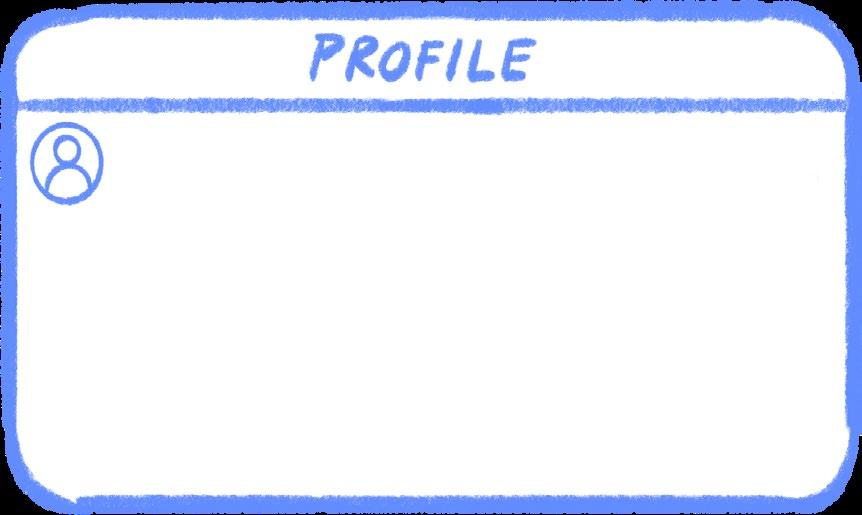
Place of origin: Dnipro
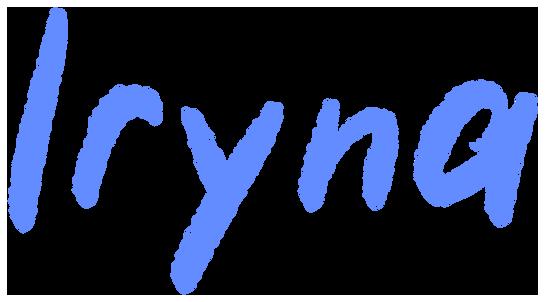
Left Ukraine: March 2022
Family composition: married with two children (4 and 8 years old); her husband and 19-yearold son stayed in Ukraine
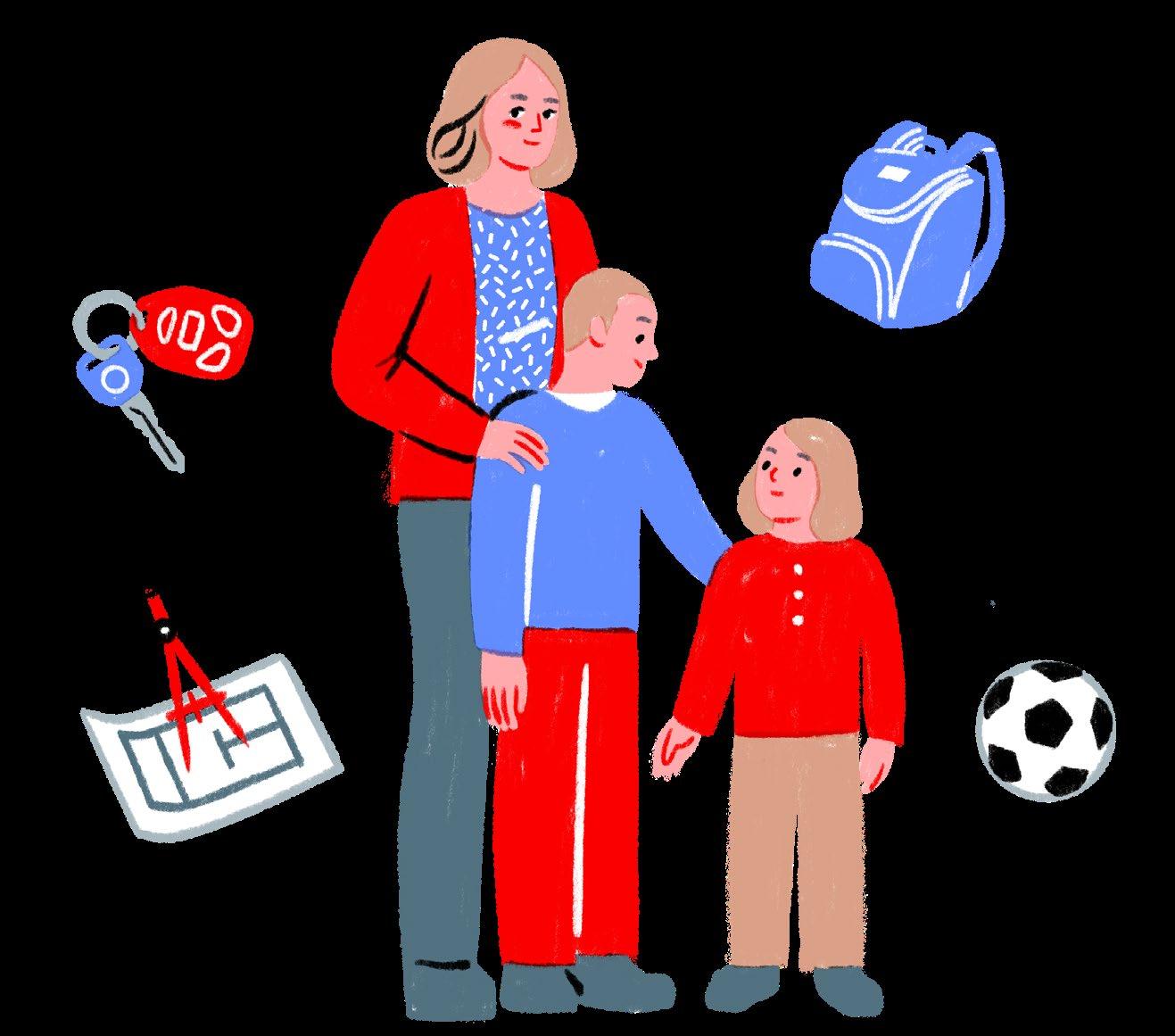
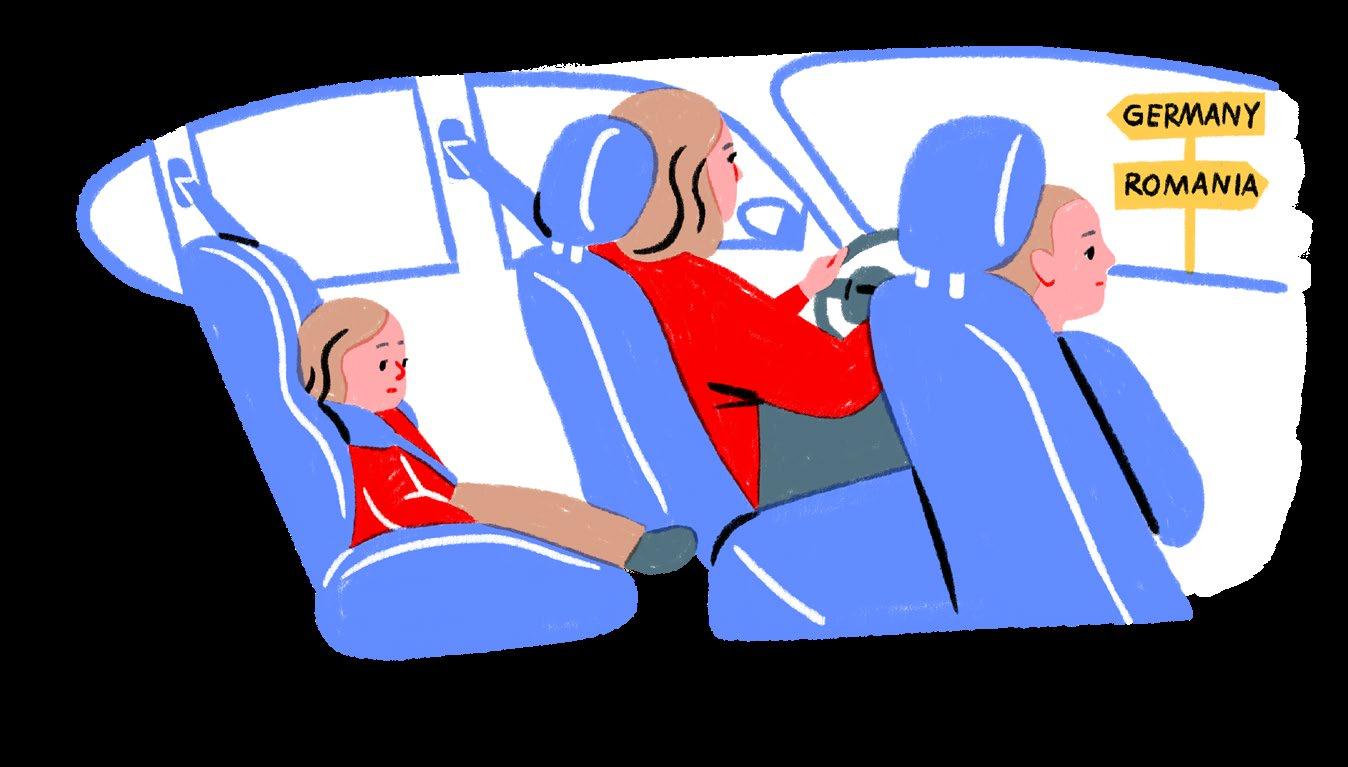
Occupation in Ukraine: employed
My name is Iryna and I am from Dnipro. I’m married and fled Ukraine with my 4-year-old daughter and 8-year-old son. My parents, my oldest son, and my husband all stayed in Ukraine. My parents did not want to leave their home, my husband is employed there and my son is of military conscription age. I am an architect and I used to work in a furniture design and manufacturing company in Ukraine. I lost my job when I left Ukraine in March 2022. Leaving Ukraine was a spontaneous decision; we had never planned for it, and we didn’t have much money to cover our needs after leaving.
At first, my children and I moved to western Ukraine, where we had friends who gave me and two other families a house. We stayed there for six weeks. Staying in Ukraine was still hard and felt unsafe, so I decided to move abroad. Friends of mine had moved to Bulgaria and they said moving to the EU was possible for Ukrainian refugees. I had never been abroad and do not speak English, so I found the journey demanding and stressful.
We lived in Bulgaria until October 2022, however in September we returned to Dnipro for one month. In October, we moved back to Romania because I wanted my son to attend school in person, which wasn’t possible in Dnipro due to ongoing attacks.
We arrived with our biometric passports; no other documents were required. I didn't have to provide my husband’s official agreement to take my children abroad. There were lots of people at the border crossing. We had to change customs points because where we initially arrived was too overcrowded. We travelled from Ukraine by car.
We currently live in Constanta for free, in a tidy hotel room with a bathroom and a toilet. We receive three free meals here a day.
I thought of moving to Germany since I have friends there. I eventually decided to stay in Romania because my 8-year-old son can continue his studies online with a Ukrainian school and also attend Ukrainian classes in a local Romanian school. In Germany, my son would have to attend a local German school and learn German. My 4-year-old daughter has made friends here, and there is a room for kids with toys in the hotel we live in.
Sometimes I feel Romanian people get annoyed by the fact that Ukrainians do not speak Romanian. I think locals are starting to feel irritated that there are so many Ukrainians in their country. I cannot find an official job because I don’t speak Romanian. Massage therapy used to be my hobby in Ukraine, so I have maintained that as an unofficial source of income at the moment. I have a driving licence and I arrived in Romania by car, so sometimes I work as a chauffeur for my friends. These jobs are unofficial, but they help me pay for our needs and extra food for the children.
When we arrived at the Romanian border, we received free hot meals from volunteers. After crossing the border, we also received free warm meals, tea, and coffee in a tent set up by humanitarians. There was a room for kids and a place to stay for some time. It was really well organised. As we had our own car, we decided to continue making our way to Constanta, so we did not stay long.
We received temporary protection visas when we arrived in Romania. The foreign affairs centre in Constanta was overrun so they organised free transport for Ukrainians to register in Galati. Only mothers with babies, older persons, and people with disabilities could register in Constanta; everyone else had to go to Galati. It took around three hours to get from Constanta to Galati. At the centre, the visa process was easy and fast; it only took a few hours. Temporary protection status allows me to work, study, have a bank account and receive medical services. It also allows me to stay in Romania for a minimum of a year, with the possibility to extend if the war is ongoing.

Volunteers at the hotel organise children’s activities almost every day. Sometimes they give them toys and gifts. The UN has delivered hygiene packs and children’s clothes to the hotel where we live as well.
A local church provides small weekly food packs for families. I found information about it through a Facebook group, I applied online, and was invited to the church to collect the pack. I gather most information about available aid from friends and other people in the hotel.

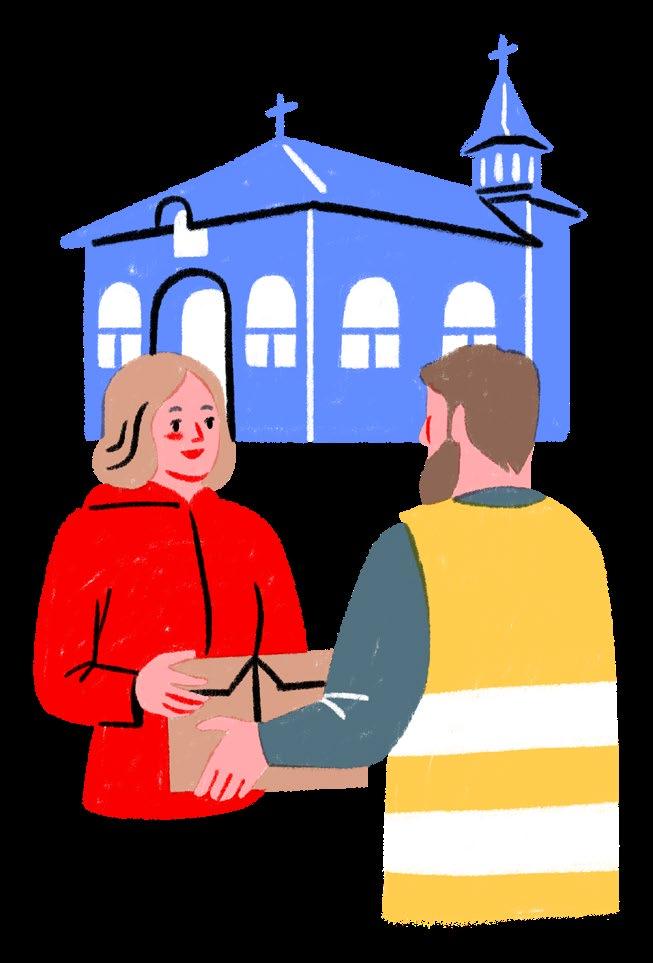
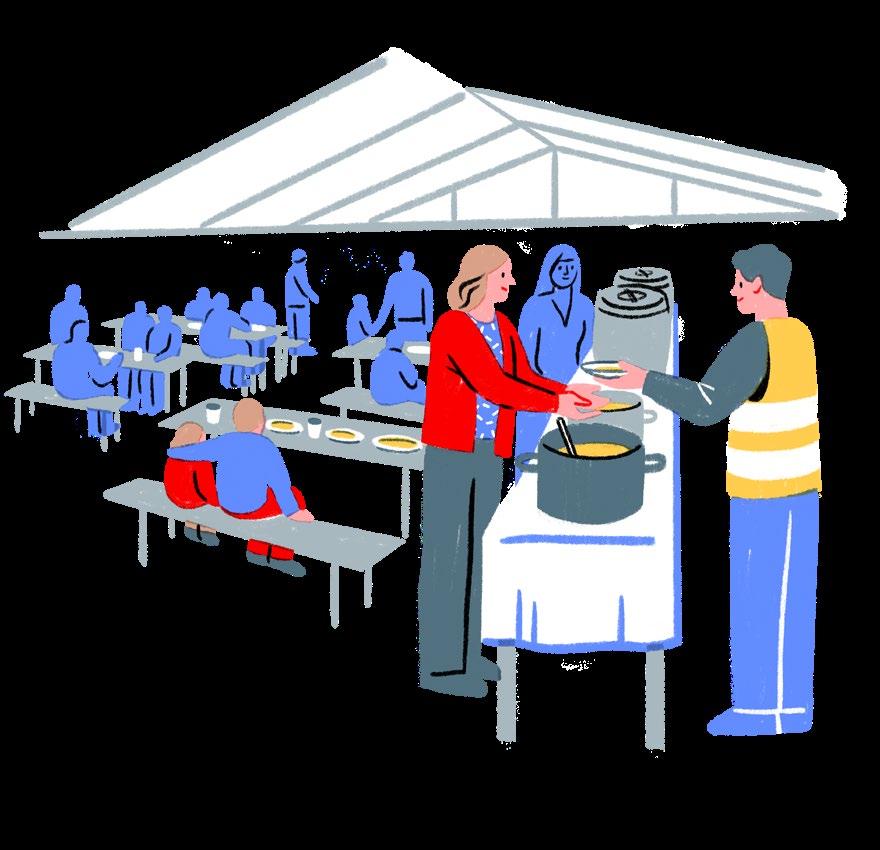
We don’t receive free medicine or medical services in Romania. My temporary protection visa only grants me first aid services. Medical services are very expensive in Romania and lots of Ukrainians return to Ukraine to go to hospital. When my daughter had a fever, she received first aid, but we had to buy medicine ourselves. I also find it difficult to book a doctor’s visit because of language barriers and it has to be organised weeks in advance. However, volunteers that I asked did manage to organise a dental visit for my daughter.
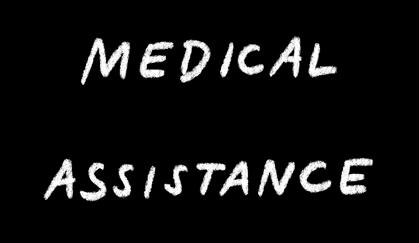

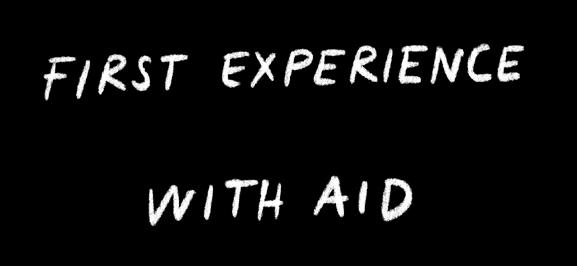
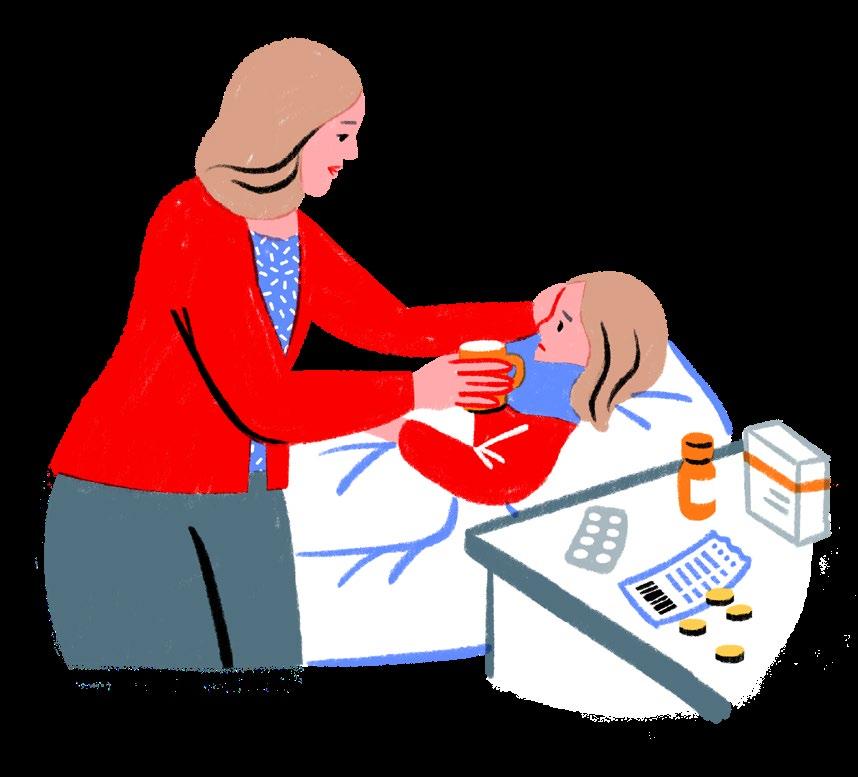

Age: 18
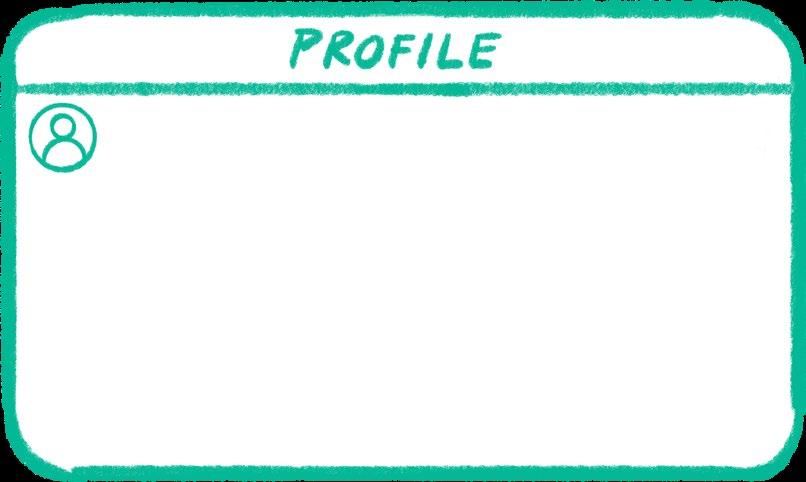
Place of origin: Druzhkivka
Left Ukraine: April 2022
Family composition: Mother and sister are in Dej; and father is in Ukraine

Occupation in Ukraine: student
My name is Vasyl, and I used to live in Druzhkivka, Donetsk oblast, very close to the frontline. Around three months after the invasion in 2022, my family and I decided to move to Dej in Romania. I was still 17 years old then, and I wanted to leave Ukraine. I was scared to stay in Druzhkivka, but mainly I didn’t want to be left behind alone, and wanted to leave with my sister, mother, and grandmother. My father stayed in Ukraine. He is of military age, so he isn’t allowed to leave.
To leave Ukraine we took a regional train from Druzhkivka to Kramatorsk, and then went to Uzhhorod on the free evacuation train. In Uzhhorod, we stayed in a refugee camp at a school for three days. Then we took a bus to Orlivka, to cross the border by ferry. It was really inconvenient; ferries take a long time to load, and if you’re five minutes late, you wait hours for the next one. When we arrived, we missed our ferry and had to wait the whole night until 6am for the next one. We had no issues crossing the border to Romania after that. In Romania, local volunteers gave us food and took us to the railway station, where our Romanian friends bought us tickets for a train to Dej. In Dej, our Romanian friends met us and took us by car to their house, where we stayed for two days. Then we moved to another apartment, which we found with the help of volunteers.
Now I live in Dej and go to university in Cluj-Napoca. I had good grades, so I managed to gain a scholarship. I don’t know yet whether I’ll get the scholarship next year too. Without a scholarship, I’m not sure if I can continue studying. I don't mind staying here, but Romania is quite an expensive country for my family. It is hard to live here with no job or savings. My father in Ukraine lost his job and can’t support us financially. My mother and my older sister can’t find jobs, because they can’t speak Romanian.
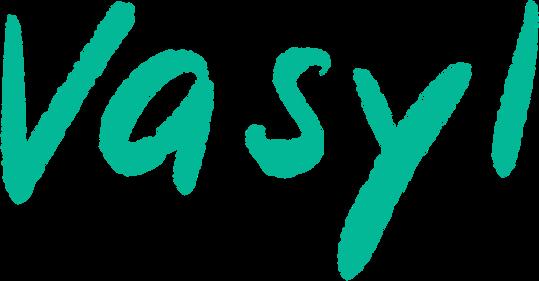
I feel I lack opportunities to socialise in Dej. I travel to university in Cluj-Napoca and can see the Ukrainian community there is quite active. There are activities organised by Ukrainians for Ukrainians, but mainly for families and children. For young people, I would like to have more youth hubs, where I could communicate with my peers and find new friends.
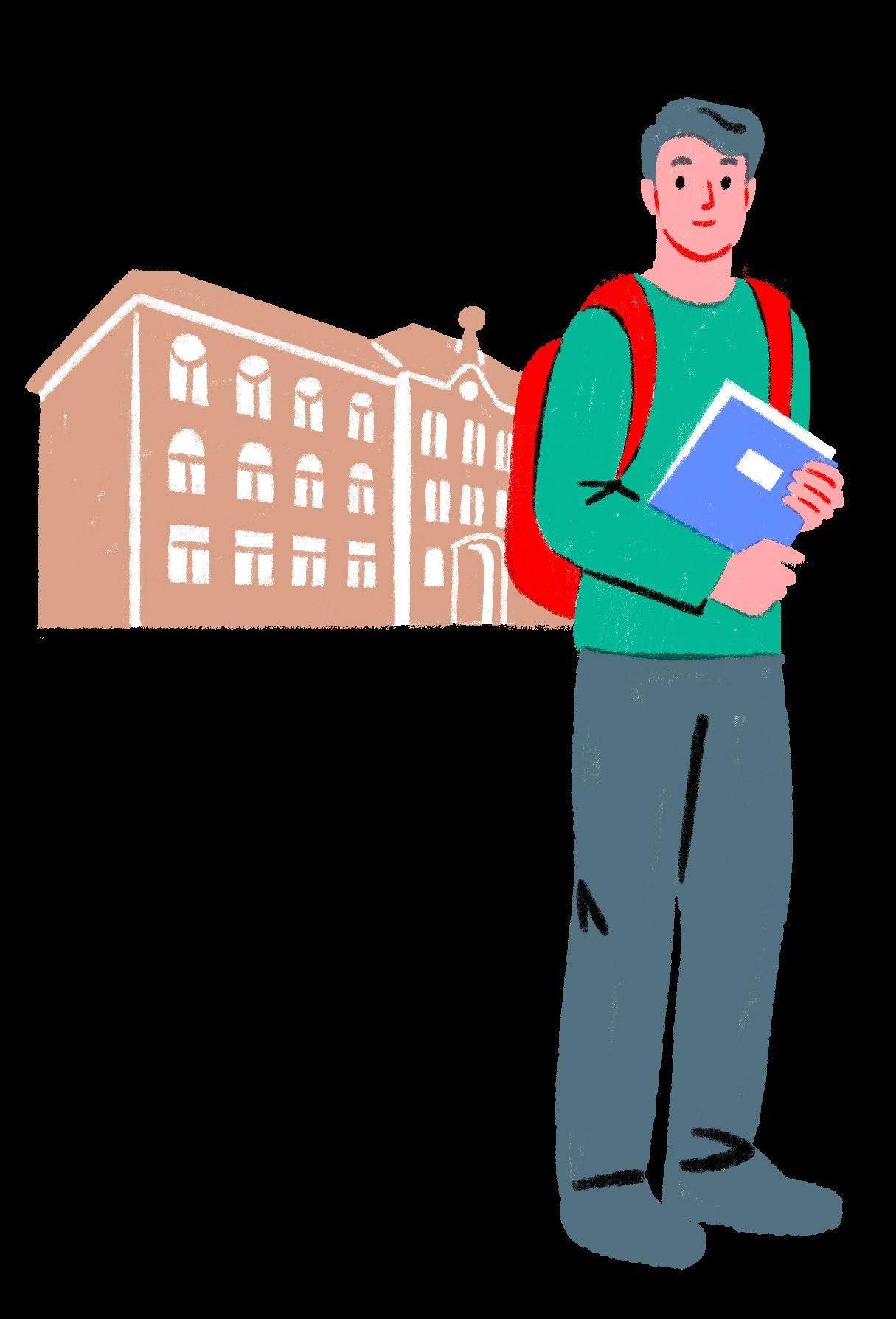
I registered for a temporary protection visa. We had to go to another city to register. We used public transport and it took two hours. With the temporary protection visa, I have the same rights as Romanian citizens. After registering, we received humanitarian payments within the UN cash assistance programme. I’ve heard there is cash assistance from the Red Cross as well, but we applied with the UN. There were no issues; I just had to provide some documents. I didn’t have to apply with my family; they provided my documents in person without me. Since then, we have received monthly money transfers; there have been no delays or any other problems.
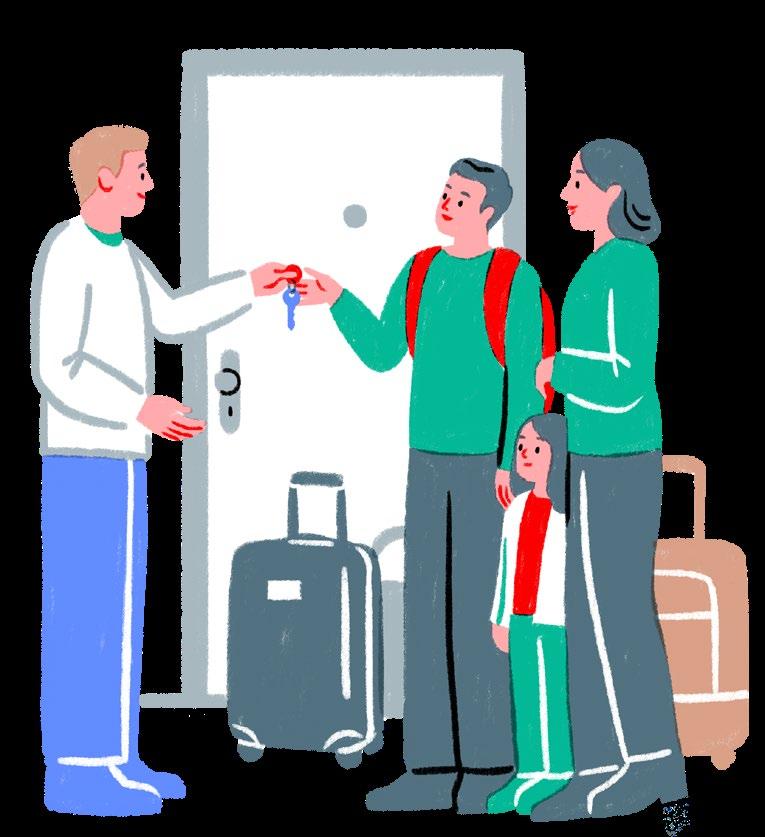
We live in a free apartment from the 50/20 programme, which we found with support from volunteers. We used to live in another apartment but had to leave when the providing organisation stopped receiving government compensation for hosting us. This happens a lot under the 50/20 programme, however we are dependent on it. We are currently receiving cash assistance, but when the programme ends I don’t know how we’ll manage here.



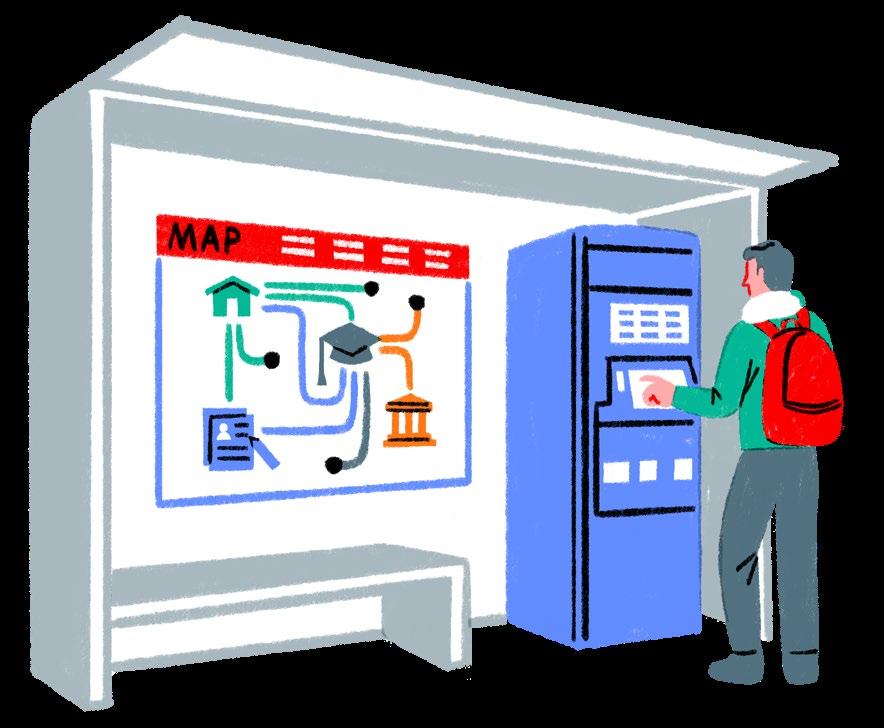
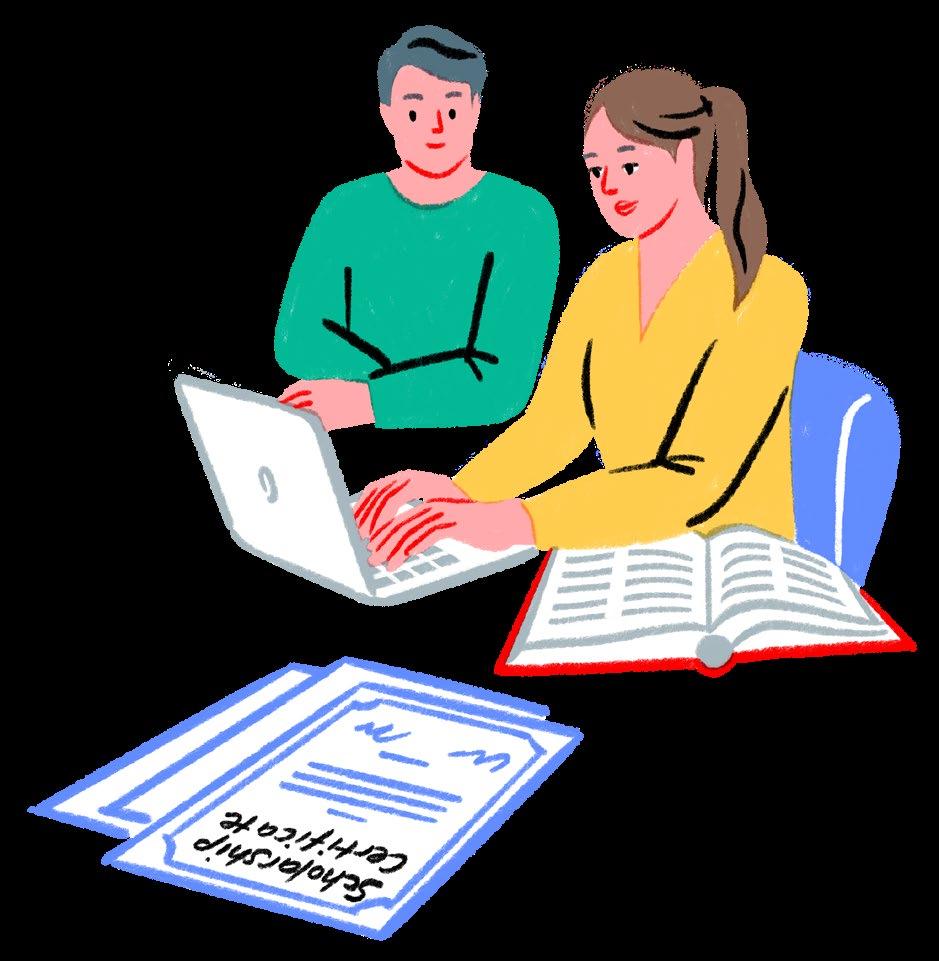


In Dej there is no humanitarian assistance available. We have to go to the big city, Cluj-Napoca, to receive food packs, free clothes and bedding from a church or a humanitarian centre. We used to travel to Cluj-Napoca for food packs once a week when the trains were free for Ukrainians. But train transport is no longer free, so I need to pay to get to university in Cluj-Napoca and my mother needs to pay to go and receive humanitarian assistance. This is very costly for us, as we lack money anyway. My mother and I had to queue from 9am to 12pm when we went to ClujNapoca for food packs during summer. Sometimes we had to queue for five to six hours.
I applied for a special tuition scholarship for Ukrainians last semester. Filling out the application form was challenging because all the documents were in Romanian, so I needed support from volunteers. I also had to provide my passport details and temporary visa protection number. I might have to consider moving to another country if my scholarship is not prolonged. I have some friends from university. I communicate in English with a Romanian friend and another friend from Moldova. I speak to all my classmates in English. There are no free Romanian language courses available in Dej.
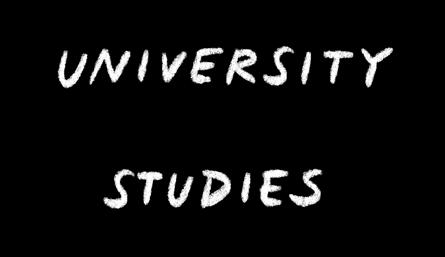
Provide a wider range of medical services, especially dental services.
Prioritise cash assistance – people say it is the most useful kind of aid. If food assistance is to continue, provide more diverse and nutritious food, especially for children.
Provide employment opportunities and career development support.
Provide educational opportunities for young people from Ukraine, e.g. university scholarships, free language classes, etc.
Dental services are really expensive in Romania, we would like them to be more accessible.
– Ivan, Romania
I think more financial support would be preferable so that people could buy what they need exactly.
– Iryna, Romania
I think there should be more job offers for Ukrainian refugees.
– Iryna, Romania




Our approach is based on user journey research, a creative problem-solving process that visualises individuals’ relationships with a product or service. It explores how different archetypes of people use a product or service to develop improvements from their perspective. We applied this to the experiences of refugees from Ukraine in Poland, Moldova, and Romania, and explored the unique perspectives and experiences from people’s journeys from Ukraine to their host countries, their first experiences with aid along the journey, and their more regular experiences with aid in their host countries. This type of analysis enables us to visualise people’s interactions with humanitarian assistance through a series of qualitative interviews. The methodology encourages people to tell their stories by describing their actions, feelings, perceptions, and frame-of-mind, so that the humanitarian community can better understand the individual stages of their experiences. Practically, it entails indepth qualitative interviews that explore people’s journeys, from deciding to leave Ukraine, to the transition journey to a new country, to finding a more permanent base in a host country, and their touchpoints with humanitarian assistance throughout this journey.
The methodology applied here is based on the following steps:
In January 2023, Ground Truth Solutions and the Open Space Works Cooperative (OSWC) team consulted with humanitarian actors in Poland, Moldova, and Romania to better understand the Humanitarian Country Team’s information needs, in order to design the research to add value for implementing actors in country. We decided to avoid bigger and capital cities, which tend to be over researched, and rather focus on rural and remote areas, and smaller cities. We selected participants who, for various reasons, experienced more barriers accessing humanitarian assistance.
Each ‘persona’ tells their own story of deciding to leave Ukraine, moving to another country, getting in touch with the host community, and accessing humanitarian assistance. Although each character is fictional, the stories presented are real and based on hours of interviews with refugees from Ukraine in these host countries. Read more about the methodology at the end of the report.
OSWC team members carried out face-to-face user journey interviews. They conducted a total of 36 in-depth, semi-structured interviews in February and March 2023, with interviewees sampled in line with the draft profiles determined during the inception meetings.
In total, we conducted 12 key informant interviews in each country (three cities per country).
We structured interviews around the journey experienced by each individual as they left Ukraine, arrived in one of the three destination countries, registered, and received different kinds of aid and support in host communities.
Interviewees provided detailed accounts of their personal situations, their first and regular experiences receiving aid, and how that has changed over time. They also reflected on the positive and negative aspects of their experience and on how humanitarian organisations could improve the whole process. To draw out these key points, the OSWC team used a directed storytelling technique, through which researchers explore recent experiences using a series of prompts and guiding questions. Each interview was recorded, transcribed, and analysed using the qualitative coding software MAXQDA.
The composite experience represented in each journey illustrates a different pathway through which refugees from Ukraine experience humanitarian assistance in Poland, Moldova, and Romania. Each experience includes unique negative and positive elements, which are shaped by situational and demographic characteristics.
The journey maps describe individual actions, feelings, perceptions, and framesof-mind over time, so that the humanitarian community can better understand the different stages of their experience. The aim of these journey maps and personas is to understand the lived experiences of refugees from Ukraine receiving different kinds of humanitarian assistance, especially experiences that are less common or visible to ongoing monitoring and evaluation. The journey maps are not an evaluation. They also do not reflect average experiences, but are based on the self-reported accounts of 36 purposively sampled interviewees. Each journey reflects the combined experiences of four interviewees, grouped based on the personas developed by Ground Truth Solutions and OSWC. All quotes are verbatim from translated interview transcripts.
Nine personas accompany the journey maps. These are fictional characters based on interviews that highlight the needs, goals, drivers, and behaviours of groups of individuals. Each persona provides a tangible identity to represent a group of people with shared characteristics. The personas enable understanding of how different characteristics impact affected people’s experiences. Although they are fictitious, the personas are composite profiles based entirely on qualitative interviews. The usefulness of the personas is not limited to our project. They can guide planning and decision-making to ensure programmes supporting refugees from Ukraine in Poland, Moldova, and Romania respond to the needs of different types of affected people.